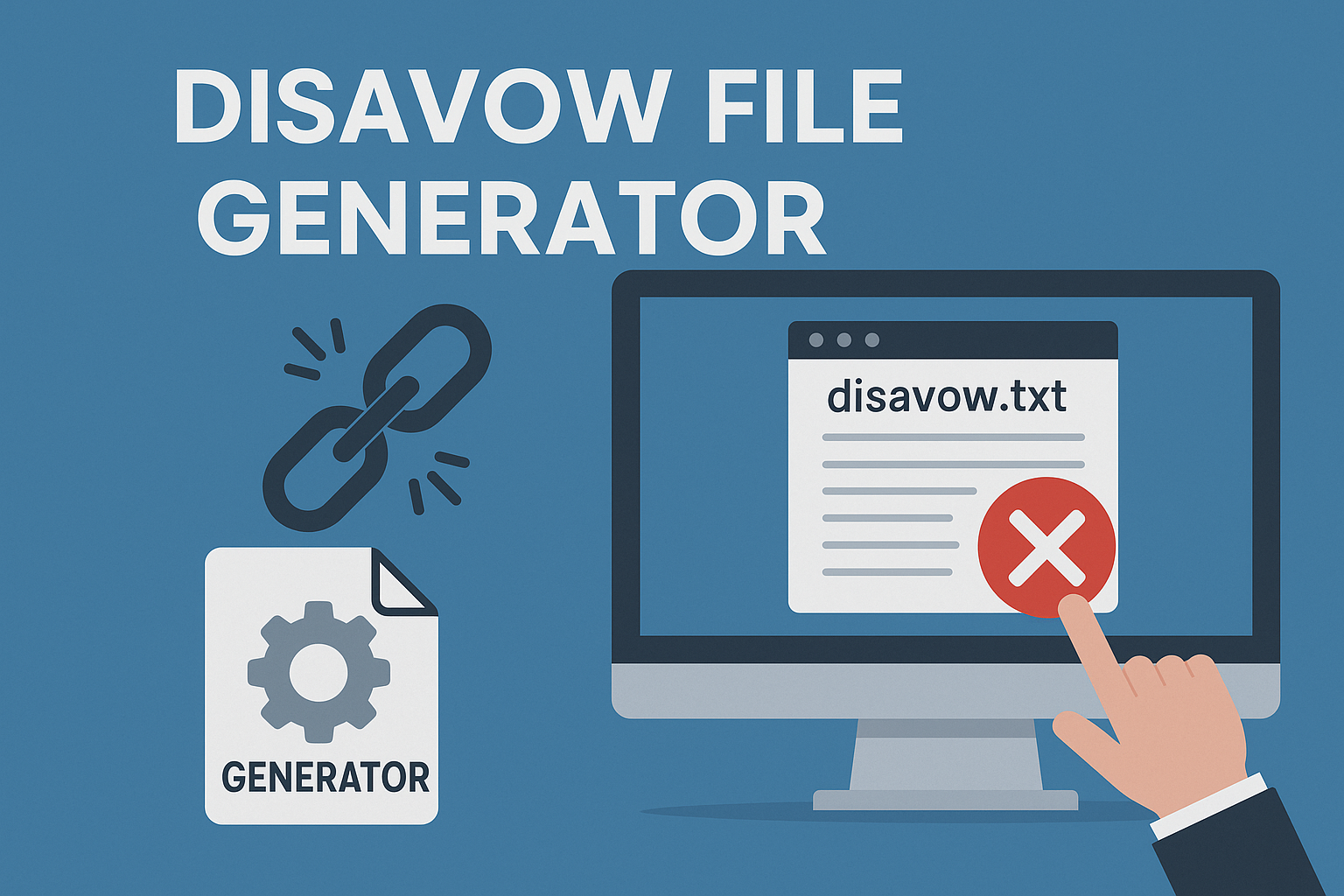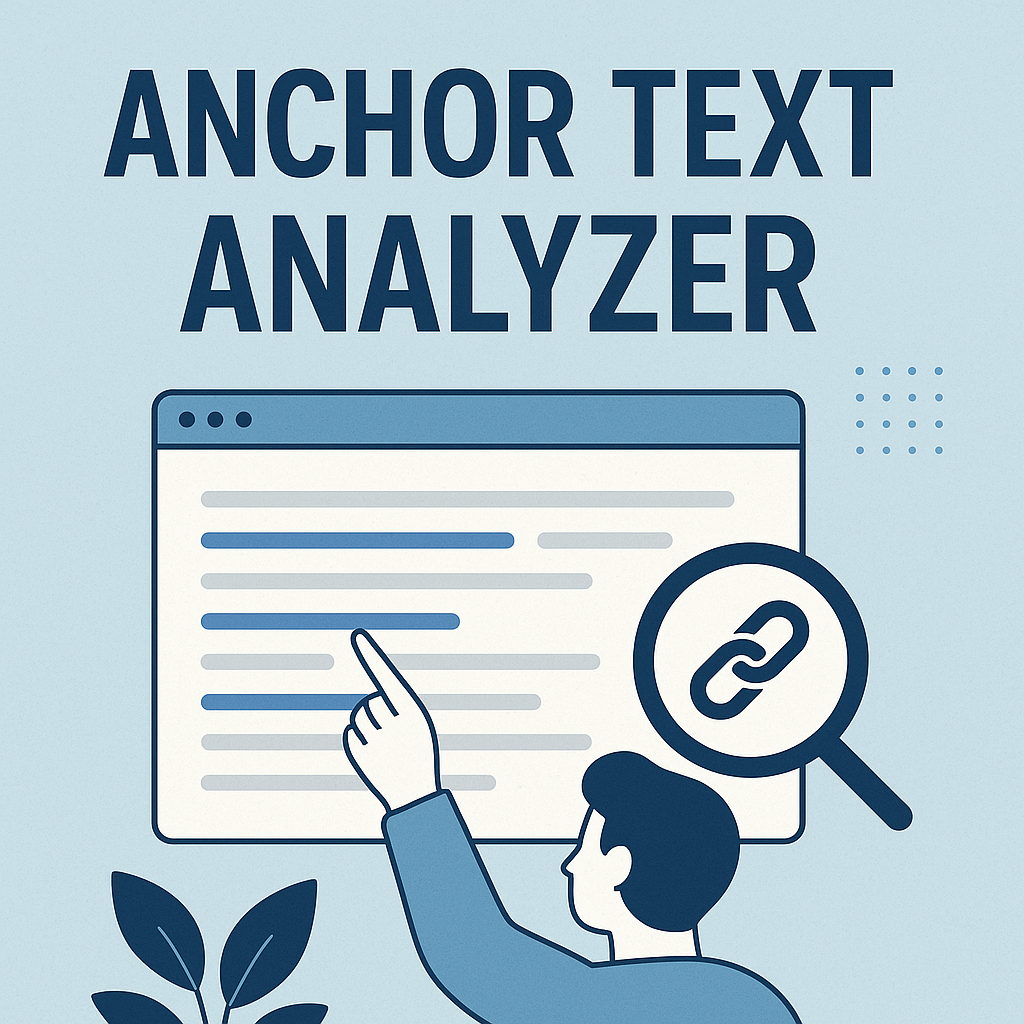The beginning of your writing career as a student student creates a sense of overwhelming confusion. The abundance of available topics and limitless writing possibilities creates a challenge for young writers who seek to establish their individual voice in online platforms.
This guide offers more than 110 handpicked blog examples for college students which students can use to establish their digital presence during this year. The following diverse options will inspire you whether you are a high school student seeking creative outlets or a college student.
Our collection spans multiple niches and interests. The collection presents student blogging ideas which align with your interests across personal development and academic insights and entrepreneurship and creative writing, offering many good blogs for students.
Each category presents authentic examples together with useful advice and implementable methods. The guide will teach you to develop interesting content while teaching you essential digital marketing competencies. The college blog topics will enable you to build a professional portfolio which will attract future employers and graduate schools.
Key Takeaways
- Over 110 diverse blogging topics specifically curated for student writers
- Multiple niche categories covering academic, personal, and professional interests
- Real-world samples with practical implementation strategies
- Content creation tips that build valuable digital marketing skills
- Portfolio-building opportunities for college and career advancement
- Actionable insights for engaging your target audience effectively
Why Students Should Start Blogging in 2025
Students who start blogging in 2025 will obtain advantages that go beyond their academic work. The digital world demands strong online presence skills. Through student blogging, students can develop better career opportunities and improve their communication skills, as shown in these student blog examples.
Employers in today’s market actively look for candidates who demonstrate digital literacy competencies. Through blogging you demonstrate your capability to produce interesting content while understanding how to connect with online readers. The skills developed through blogging directly benefit professional success in different business sectors.
Through blogging, you can display your research work and share your educational experiences while developing expertise in your selected fields, providing excellent student blogs examples. Through blogging you can display your research work and share your educational experiences while developing expertise in your selected fields. The documentation process creates an exceptional portfolio which serves as a valuable resource for future career opportunities, much like a strong blog example for students.
Student blogging financial opportunities will continue to expand during 2025. A successful blog earns money through different revenue streams. The combination of sponsorships and affiliate marketing and freelance writing opportunities enables students to pay their education expenses while gaining practical business experience.
Personal branding stands essential for career advancement. Before meeting you, employers can observe your thought processes along with your writing abilities and your expertise in specific subjects, as seen in personal blog examples for students. Before meeting you employers can observe your thought processes along with your writing abilities and your expertise in specific subjects.
An active blog enables you to expand your network connections. Through your blog you establish relationships with industry professionals as well as fellow students and potential mentors. The relationships you build through blogging often result in internships as well as job offers and collaborative projects.
| Blogging Benefit | Short-term Impact | Long-term Value | Career Relevance |
|---|---|---|---|
| Writing Skills Development | Improved grades and assignments | Professional communication mastery | Essential for all careers |
| Digital Marketing Knowledge | Understanding social media and SEO | Valuable business skill set | High demand across industries |
| Personal Brand Building | Enhanced online presence | Professional reputation establishment | Competitive advantage in job market |
| Income Generation | Part-time earnings during school | Potential full-time business | Entrepreneurial experience |
Regular blogging leads to significant improvement in critical thinking abilities. Through blogging, you develop research skills to find thorough information while learning to analyze data critically and create well-organized arguments, which are great blog writing examples for students. The skills you develop through blogging will enhance your performance in academic work and professional settings.
If you’re unsure whether blogging still holds value in today’s digital landscape, our post on whether it’s too late to start a blog offers timely insights.
Student blogging activities create positive effects on mental health and personal development. Through writing, students gain both emotional release and opportunities to reflect on themselves, often seen in student created blogs. Students discover that maintaining a blog serves as a therapeutic practice which helps build their confidence.
The process of managing a blog allows students to develop their technology skills automatically. Through blogging you will develop skills in content management systems as well as basic web design and analytics tools. The technical abilities you learn will enhance your digital literacy skills portfolio, providing excellent examples of student blogs.
Your decision to start blogging in 2025 gives you an advantage over classmates who choose to delay this important learning experience. Your time to develop audience engagement and improve skills and create an online presence will be longer when you start early.
If you’re unsure what technical elements are essential before publishing your first post, this detailed blog launch checklist covers everything from domain setup to SEO basics.
Personal Development Blog Examples for Students
Students use personal development blogs as digital reflection tools to study their personal growth while creating meaningful relationships with their peers. These platforms transform personal struggles into shared wisdom. Students learn that writing down their life experiences enables them to understand them more profoundly, which is a key example of blog post for students.
Personal development blogs achieve their beauty through genuine content. Real-life stories create stronger connections than advice presented in formal columns, making for a compelling example of blog for students. Students find comfort in knowing that their peers encounter identical obstacles while sharing identical triumphs.
| Blog Type | Primary Focus | Content Examples | Target Audience |
|---|---|---|---|
| Self-Reflection Blogs | Personal Growth | Weekly reflections, life lessons, value exploration | Students seeking deeper self-awareness |
| Mental Health Journals | Wellness Support | Coping strategies, therapy insights, stress management | Students managing mental health challenges |
| Goal Achievement Trackers | Progress Monitoring | Monthly updates, habit tracking, milestone celebrations | Students working toward specific objectives |
| Mindfulness Blogs | Present Moment Awareness | Meditation experiences, gratitude practices, mindful living | Students interested in contemplative practices |
Self-Reflection and Growth Blogs
Blogs for self-reflection give students an opportunity to examine their thoughts and actions while analyzing their beliefs. These platforms help students perform deep evaluations of their personal experiences. The authors describe moments of sudden understanding which transformed their views about relationships alongside academics and educational goals, often seen in university blog examples.
Discover why the right timing, strategy, and niche still make blogging a worthwhile venture in our guide on launching a blog today.
Students use these blogs to discover their values while developing their sense of identity. The writers describe their struggles with important choices and what they learned from their errors. The collaborative development of student self-improvement happens through the comments where readers share their personal insights, a common feature of an academic blog example.
Students tend to write about three main subjects which include fighting perfectionism while developing confidence and building emotional intelligence. Students record their path toward self-acceptance while moving away from feelings of self-doubt. The genuine accounts of these writers motivate others who face similar emotional challenges.
Mental Health and Wellness Journals
The practice of mental health blogging establishes protected areas where students can openly discuss their anxiety alongside their depression and their methods for stress management. The platforms reduce stigma by creating opportunities for open discussions about mental health well-being. Writers present proven techniques which students can use to manage their college life challenges.
Student wellness blogging addresses three essential subjects about sleep practices and affordable nutrition and suitable exercises for active students. Many bloggers share their therapy stories to help readers understand what to anticipate during their own therapy experiences, offering sample blog post examples for students. The writers present information about their medical treatments along with their therapy appointments and their major achievements.
The blogs incorporate essential crisis resources together with emergency contact information. Writers emphasize that asking for assistance demonstrates courage instead of weakness. Between scheduled appointments, the community offers ongoing help to members, often seen in blog entry examples for students.
Students find value in stories from fellow students who handle their mental health issues and schoolwork successfully. Success stories offer hope during difficult periods. Readers find practical guidance to establish wellness routines through the blog content.
Goal Setting and Achievement Trackers
The goal-oriented blogs maintain student objective accountability through public goal declarations. The writers establish particular quantifiable targets which they track through scheduled update posts, providing writing sample blog examples for students. The practice of open disclosure produces motivational effects while establishing supportive relationships among participants.
Numerous college students maintain academic goal logs to enhance their grades and finish research projects and learn new abilities. Students establish personal targets which consist of improving their relationships and acquiring beneficial habits. Readers eagerly wait for the weekly check-ins that have become a standard feature, as seen in many blog post examples for students.
The blogs include visual content such as progress photos together with tracking charts for habits and celebration announcements for reached milestones. The writers disclose their encountered obstacles while presenting methods to handle their setbacks. The willingness to reveal personal challenges leads to stronger appreciation of their eventual accomplishments.
Readers gain useful information from actual timeframes alongside authentic evaluations of effective methods, sparking new blog ideas for students. The comment sections transform into places where users exchange motivational support and useful guidance. Most bloggers establish accountability systems with their readers who actively participate in their content.
Successful goal-tracking blogs succeed by merging ambitious targets with a compassionate attitude toward oneself. The method enables students to establish appropriate expectations about their personal development progression, offering great blogging examples for students. The method enables students to establish appropriate expectations about their personal development progression.
Academic and educational blogging opens doors for students to become thought leaders in their chosen fields. These platforms allow students to share knowledge while building impressive digital portfolios. Educational content creation helps students develop critical thinking skills and communication abilities that employers value.
Students who start student study blogs often discover they learn better by teaching others. The process of explaining complex concepts forces deeper understanding. Many successful bloggers report improved grades after starting their educational platforms.
Subject-Specific Study Blogs
Subject-focused blogs dive deep into specific academic disciplines. These student study blogs become valuable resources for classmates and future students. Popular subjects include:
- STEM subjects: Mathematics tutorials, chemistry experiments, and physics problem-solving guides
- Humanities: Literature analysis, historical research, and philosophy discussions
- Business studies: Case study breakdowns, marketing strategies, and economic theory explanations
- Language learning: Grammar guides, vocabulary building, and cultural insights
Successful subject-specific bloggers often include practice problems and solutions. They create study guides before major exams. Many also feature guest posts from professors or industry experts.
Research and Analysis Platforms
Research-focused blogs showcase student analytical skills and original thinking. These platforms demonstrate academic blogging at its finest. Students share thesis research, conduct literature reviews, and present findings in accessible formats.
Popular research blog formats include:
- Data visualization projects: Charts, graphs, and infographics explaining research results
- Literature reviews: Comprehensive analysis of academic sources and current research
- Methodology discussions: Detailed explanations of research approaches and techniques
- Field study documentation: Real-time updates from research locations and experiments
These blogs often attract attention from graduate schools and potential employers. They demonstrate research capabilities beyond traditional academic papers, often seen in blogs written by students.
Academic Journey Documentation
Student experience documentation blogs document the entire journey of learning. The content combines educational work with personal storytelling elements. Students present their academic achievements together with their academic difficulties during their entire academic period.
Common journey blog topics include:
Students need to decide on their majors while exploring career choices.
Student evaluations of academic programs which examine both instructors and instructional content and workload demands.
The graduate school preparation section provides information about application steps and test preparation and interview experiences.
The experience of studying abroad presents both academic differences and cultural discoveries to students.
Through their content, these blogs assist students in making better decisions about their future studies, making them great school blog examples. Through realistic assessments students learn what academic obstacles truly exist. People find comfort in reading about the shared accomplishments and challenges of others.
Study Tips and Learning Strategies
Strategy-focused blogs present established techniques which students can use to achieve academic success. The educational study blogs that students create become essential resources which help students who need help, serving as excellent educational blog examples. Students test different study methods and document their effectiveness.
Popular study strategy content includes:
Students use three different time management methods which include calendar systems and scheduling tools and productivity applications.
The Cornell method stands alongside mind mapping and digital tool comparisons as popular note-taking strategies.
People who want to improve their memory use three main strategies which include mnemonics and spaced repetition and active recall, which are popular student blog topics.
The section includes guides for test preparation that outline study plans alongside practice methods and strategies to handle test anxiety.
The success of strategy bloggers depends on showing grade improvements through pre-and-post evaluations. The writers conduct thorough analyses of study apps alongside their associated tools. Many creators offer free downloadable templates along with resources for their readers to access, often related to trending blog titles college study groups.
The development of academic blogs in this category needs continuous evaluation and improvement of strategies. Bloggers need to modify their strategies through reader feedback together with their own testing outcomes. The most useful blogs unite scientific evidence with functional applications.
Creative Writing and Storytelling Blog Examples for Students
Through creative writing blogs students convert their storytelling enthusiasm into engaging digital platforms which inspire and unite others. Emerging writers use these blogs as virtual workshops to explore multiple writing styles and genres. These platforms enable student writers to build their literary portfolios while getting feedback and establishing their distinctive voice in the writing world.
Student writers benefit from storytelling platforms because they offer both adaptability and easy access. The platform enables writers to instantly distribute their work while building international reader networks and joining writing groups, providing excellent blog topics for college students. The blogs serve as essential stepping points for students to access professional writing opportunities as well as larger publishing deals.
Fiction and Poetry Showcases
Through their blogs student writers obtain exclusive platforms to present their creative works for eager readers. The platforms display original short stories and novel excerpts alongside poetry collections which are sorted according to themes and genres. Students schedule their blog posts either weekly or monthly to keep their audience engaged, offering great blog writing examples for college students.
Students use three main formats when showcasing fiction: serialized storytelling and flash fiction contests along with genre-based compilations. Poetry blogs present three main content formats which include daily poems and themed collections and collaborative verse projects. Students who write for these platforms use them to test various writing methods while getting instant feedback from their community members.
Student bloggers organize their blogs through writing prompts and seasonal themes, showcasing various examples of blogs for students. Some bloggers specialize in particular genres which include science fiction, romance, and mystery. Through their specialized methods writers build both expertise in their chosen areas and loyal reader communities.
Creative Non-Fiction Narratives
The combination of factual content with literary techniques in creative non-fiction blogs produces engaging personal narratives. These storytelling platforms for students showcase memoirs, personal essays, travel writing, and journalistic pieces, including high school student blog examples. Students base their content on their personal experiences to produce authentic and relatable material.
Travel writing stands as the most well-liked creative non-fiction student blog format. Through these platforms students record their time abroad and their domestic expeditions and their cultural findings. The writers use descriptive storytelling together with useful information to attract readers who are students as well as general audience members, often seen in research blog examples.
Personal essay blogs use their platform to address both family relationships and social issues. Student writers utilize these platforms to examine deep emotions and experiences by developing reflective thought processes. These blogs evolve into effective tools which help people understand themselves better while leading to personal development.
Students who maintain food and cooking blogs write about recipes alongside personal anecdotes about family customs and cultural backgrounds. Through their shared stories writers form emotional bonds with their readers through common experiences.
Collaborative Writing Projects
Student writers can find shared storytelling experiences and creative challenges through collaborative writing blogs. The platforms enable writers to build community while they experience creative freedom. Group projects typically produce more diverse content which is also more innovative than single-author work.
A round-robin storytelling method serves as one common collaborative method. Each writer adds their part to an ongoing story before the next writer continues the narrative in this collaborative storytelling process. Through these projects students learn to maintain consistency while developing characters and advancing plots by working with predetermined structures.
Writing prompt collaborations require groups of students to create their responses to the same creative stimulus. The projects demonstrate various writing approaches while helping writers develop supportive relationships with their peers. Participants gain exposure to new writing methods when they read the work produced by their peers.
Student writers participate in friendly competitions through monthly creative writing blog challenges. The activities include poetry slams and short story competitions and themed writing marathons among others. The activities generate enthusiasm for writing alongside developing consistent practice and better writing skills.
Student writers can try new writing approaches by participating in cross-genre collaborative activities. The combination of fiction writers with poets or journalists who team up with creative writers represents one possible collaboration. The partnerships between writers lead to innovative hybrid creations that develop their artistic abilities and creative potential.
Technology and Innovation Blog Examples for Students
Student writers can use tech blogging to share knowledge while reviewing products and discuss emerging technologies. The student technology blogs function as strong platforms which help students develop their technical expertise while teaching them vital communication abilities. Students who want to write about technology can choose between writing hands-on coding tutorials and performing in-depth product assessments.
The field of technology blogging enables students to maintain awareness about modern digital patterns in rapid development. The practice of technology blogging enables students to build important connections with professionals in the tech sector. Tech professionals who want to share their knowledge began their careers by posting on student blogs.
Step-by-Step Coding Guides
Student developers can use tutorial writing to strengthen their programming skills while teaching others about coding principles. These blogs divide complicated programming languages into basic instructions that beginners can understand easily. Most students learn Python together with JavaScript and Java as their primary programming languages.
The effectiveness of coding blogs depends on their ability to present useful practical examples together with real-world applications. The tutorials include screenshots alongside downloadable code examples. Student programmers document their developer progression through tutorial series that document their complete learning process.
The most effective programming tutorials focus on resolving typical coding problems which students encounter during development. The tutorials offer answers to standard mistakes along with instructions for debugging. Students consistently bookmark these resources because they prove to be valuable learning tools.
| Programming Language | Difficulty Level | Popular Tutorial Topics | Student Appeal |
|---|---|---|---|
| Python | Beginner-Friendly | Data analysis, web scraping, automation | High – versatile applications |
| JavaScript | Moderate | Web development, interactive features | Very High – immediate visual results |
| Java | Intermediate | Object-oriented programming, mobile apps | Moderate – academic focus |
| C++ | Advanced | Game development, system programming | Moderate – specialized interest |
Product Evaluation and Testing
Student tech reviewers provide unique perspectives on technology products from an educational standpoint. They evaluate gadgets, software, and apps based on affordability and functionality for student needs. These reviews often consider factors like battery life, portability, and compatibility with campus networks.
Student reviewers test products in real academic environments. They assess how well devices perform during long study sessions or group projects. This practical approach makes their reviews particularly valuable to other students making purchasing decisions.
Many student tech reviewers focus on budget-friendly alternatives to expensive technology. They compare features across different price points and highlight the best value options. This approach resonates strongly with cost-conscious student audiences.
Future Technology Exploration
Digital innovation discussions allow students to explore cutting-edge technologies and their potential impact on education and careers. These blogs examine emerging trends like artificial intelligence, blockchain technology, and virtual reality applications. Students analyze how these innovations might reshape various industries.
Innovation-focused blogs encourage critical thinking about technology’s role in society. They explore both benefits and potential challenges of new technologies. Students often interview industry professionals or professors to gain expert insights on technological developments.
These discussions help students prepare for future career opportunities in emerging tech fields. They identify skills that will become increasingly valuable as technology evolves. Many students use these blogs to document their exploration of new programming languages or development frameworks.
Technology blogging also connects students with internship and job opportunities. Employers often discover talented students through their technical blog posts and tutorials. This makes tech blogs for students valuable career development tools beyond their educational benefits.
Lifestyle and Culture Blog Examples for Students
Lifestyle and culture blogging provides students with powerful platforms to document their personal journeys. These student lifestyle blogs capture the essence of contemporary college life while building authentic connections with readers. Students can explore diverse topics that reflect their daily experiences and cultural perspectives.
The beauty of lifestyle content lies in its relatability and personal touch. Young bloggers share real stories that resonate with their peers. This authentic approach creates engaging content that stands out in the digital landscape.
Campus Life and College Experiences
Campus life blogging offers endless opportunities for compelling content creation. Students document everything from dormitory adventures to campus traditions. These blogs provide valuable insights for prospective students while creating nostalgic memories for current ones.
Popular campus blog topics include:
- Residence hall living tips and roommate dynamics
- Student organization involvement and leadership experiences
- Campus event coverage and festival documentation
- Academic building tours and study spot recommendations
- Greek life experiences and community building
Successful campus bloggers often focus on specific aspects of university life. Some concentrate on academic buildings and study environments. Others highlight social events and student activities that define campus culture.
Food and Cooking Adventures
Food blogging appeals to budget-conscious students learning independent living skills. These blogs feature practical cooking solutions for dormitory kitchens and tight budgets. Student food bloggers share creative recipes that work with limited resources.
Essential food blog content includes:
- Microwave and mini-fridge recipe collections
- Local restaurant reviews and budget dining guides
- Cultural food exploration and international cuisine
- Meal prep strategies for busy academic schedules
- Healthy eating tips for stressed students
Many student food bloggers document their culinary learning journey. They share both successes and failures in the kitchen. This honest approach creates relatable content that helps fellow students navigate similar challenges.
Travel and Adventure Documentation
Travel blogs showcase study abroad experiences and budget-friendly exploration tips. Student travel bloggers inspire wanderlust while providing practical advice for peer travelers. These blogs often focus on affordable adventures and cultural immersion experiences.
Compelling travel content covers:
- Study abroad program experiences and cultural insights
- Weekend getaway planning and budget travel hacks
- Local exploration within college towns and nearby cities
- International exchange stories and language learning
- Adventure sports and outdoor activity documentation
Student travel bloggers excel at showing how to explore on limited budgets. They share money-saving tips and creative travel solutions. Their content proves that meaningful adventures don’t require expensive resources.
Fashion and Style Expression
Fashion blogs demonstrate how students maintain personal style within budget constraints. These platforms showcase thrift store finds and creative styling techniques. Student fashion bloggers prove that great style doesn’t require designer prices.
Popular fashion blog themes include:
- Thrift shopping guides and secondhand treasure hunts
- DIY fashion projects and clothing customization
- Sustainable fashion choices and ethical shopping
- Campus outfit planning for different seasons
- Professional wardrobe building on student budgets
Successful student fashion bloggers focus on accessibility and creativity. They show how to mix high and low-end pieces effectively. Their content emphasizes personal expression over expensive trends.
College experience sharing through lifestyle blogs creates lasting digital memories while helping other students navigate similar situations. These authentic narratives build communities around shared experiences and common challenges.
Career and Professional Development Blog Examples for Students
The bridge between classroom learning and workplace success often begins with career-focused blogging. Career blogs for students provide a platform to document professional growth while building valuable industry connections. These blogs serve multiple purposes: they showcase your expertise, demonstrate your commitment to professional development, and create networking opportunities with industry professionals.
Students who maintain career-focused blogs gain several advantages in today’s competitive job market. They develop stronger writing skills, build personal brands, and create portfolios that employers can review. Additionally, these blogs help students reflect on their career goals and track their progress over time.
“Your career is a marathon, not a sprint. Document the journey, celebrate the milestones, and learn from every experience along the way.”
Internship and Job Search Experiences
Documenting your student job search journey creates valuable content that resonates with fellow students facing similar challenges. These blogs typically cover application strategies, interview preparation techniques, and workplace adaptation experiences. Students share their successes and failures, providing realistic expectations for others entering the job market.
Internship experience blogs offer detailed insights into different industries and company cultures. Writers document daily tasks, workplace dynamics, and professional relationships they build. These authentic accounts help other students make informed decisions about potential career paths.
Many successful career blogs for students include sections dedicated to resume writing tips, cover letter strategies, and networking advice. Students share templates, examples, and lessons learned from their application processes. This peer-to-peer guidance often proves more relatable than traditional career counseling resources.
Industry Insights and Networking
Industry-focused blogs demonstrate students’ knowledge and passion for specific career fields. These platforms feature interviews with professionals, analysis of industry trends, and discussions about emerging opportunities. Students who consistently produce quality industry content often attract attention from potential employers and mentors.
Networking through blogging extends beyond traditional methods like career fairs and LinkedIn connections. Students build relationships by engaging with industry professionals’ content, sharing thoughtful commentary, and participating in online discussions. These digital interactions often lead to meaningful professional relationships.
Professional development blogs frequently showcase students’ understanding of industry challenges and solutions. Writers analyze case studies, discuss new technologies, and explore market developments. This content demonstrates critical thinking skills and industry awareness to potential employers.
| Blog Type | Primary Focus | Target Audience | Key Benefits |
|---|---|---|---|
| Internship Chronicles | Daily experiences and learning | Fellow students and employers | Showcases adaptability and growth |
| Industry Analysis | Market trends and insights | Industry professionals | Demonstrates expertise and knowledge |
| Job Search Journey | Application process documentation | Job-seeking students | Builds community and credibility |
| Networking Adventures | Professional relationship building | Career-minded individuals | Expands professional network |
Skill Development and Certification Journeys
Skill development blogs chronicle students’ efforts to acquire new competencies and earn professional certifications. These blogs document learning processes, study strategies, and certification exam experiences. Readers gain insights into the value and difficulty of various credentials.
Students often share their experiences with online courses, bootcamps, and self-directed learning projects. They provide honest reviews of educational platforms, discuss time management strategies, and offer tips for staying motivated. This content helps other students make informed decisions about their own professional development investments.
Certification journey blogs typically include study schedules, resource recommendations, and exam preparation strategies. Students document their progress through practice tests, study groups, and hands-on projects. These detailed accounts provide roadmaps for others pursuing similar credentials.
Many successful skill development blogs feature before-and-after comparisons, showing tangible improvements in students’ abilities. Writers share portfolio projects, demonstrate new skills, and discuss how their learning translates to real-world applications. This evidence-based approach strengthens their credibility with potential employers.
The most effective career blogs for students combine multiple elements: personal experiences, industry insights, and practical advice. They maintain consistent posting schedules, engage with their audiences, and continuously evolve their content based on feedback and changing career goals.
Social Issues and Activism Blog Examples for Students
Blogging about social issues empowers students to become advocates for change while educating their peers about critical societal challenges. These student activism blogs create meaningful connections between personal experiences and broader social movements. Students discover their authentic voice while building awareness around causes they care deeply about.
Modern activism requires digital literacy and strategic communication skills. Student bloggers develop these abilities naturally through consistent writing and engagement with their audience. Their fresh perspectives often bring new energy to established movements and causes.
Environmental Awareness Campaigns
Environmental awareness for students takes many creative forms through dedicated blog platforms. Campus sustainability initiatives provide excellent content opportunities for student writers. These blogs document everything from zero-waste challenges to renewable energy projects on university grounds.
Climate change education becomes more accessible when students share their learning journey online. Many successful environmental blogs feature:
- Eco-friendly lifestyle experiments with honest results and practical tips
- Local environmental issues that directly impact student communities
- Interviews with environmental science professors and local activists
- Photo documentation of campus conservation efforts
Student environmental bloggers often partner with campus organizations to amplify their message. This collaboration creates authentic content while building real-world networking skills.
Social Justice and Equality Advocacy
Social justice blogging allows students to address complex societal issues with nuance and personal insight. These platforms become safe spaces for discussing topics like racial equality, gender rights, and economic justice. Student writers bring fresh perspectives to ongoing conversations about fairness and inclusion.
Successful advocacy blogs focus on specific issues rather than trying to cover everything. Students might choose to specialize in:
- LGBTQ+ rights and campus inclusion initiatives
- Educational equity and access to resources
- Immigration policy and student experiences
- Mental health awareness and stigma reduction
Personal storytelling makes these blogs particularly powerful. Students share their own experiences while connecting them to larger social movements and policy discussions.
Community Service and Volunteering
Community service blogs document the transformative power of volunteer work while inspiring others to get involved. These platforms showcase both local and international service projects. Students share honest reflections about their experiences and the communities they serve.
Effective volunteer blogs go beyond simple activity reports. They explore the deeper impact of service work on both volunteers and communities. Students discuss challenges they face and lessons they learn through hands-on involvement.
Many community service blogs feature collaboration with nonprofit organizations. This partnership approach creates valuable content while building professional relationships. Students often discover career paths through these blogging experiences and volunteer connections.
Hobby and Interest-Based Blog Examples for Students
Pursuing hobbies through blogging creates meaningful connections between students and like-minded communities worldwide. These student hobby blogs transform personal interests into engaging content that builds audiences and develops digital skills. Students discover that sharing their passions online opens doors to new opportunities and friendships.
Hobby-focused blogs serve multiple purposes beyond entertainment. They help students practice writing, learn photography, and develop marketing skills. Many successful bloggers started by documenting their interests during college years.
Sports and Fitness Journeys
Fitness blogging for students has become incredibly popular as health awareness grows on campuses. These blogs document workout routines, athletic achievements, and wellness challenges. Students share their progress photos, meal plans, and exercise tips with readers seeking motivation.
Many fitness bloggers focus on budget-friendly workouts perfect for dorm rooms or campus gyms. They review affordable equipment and share healthy recipes using dining hall ingredients. Some students document their journey from beginner to athlete, inspiring others to start their fitness adventures.
Team sport blogs offer unique perspectives on college athletics. Student-athletes share behind-the-scenes experiences, training schedules, and game day emotions. These blogs help build team spirit and connect with fans who follow their favorite college sports.
Art and Photography Portfolios
Student art portfolios showcase creative works while building professional networks. These digital galleries display paintings, drawings, sculptures, and mixed media projects. Art students use blogs to document their creative process and artistic growth over time.
Photography blogs capture campus life, local events, and personal projects. Students experiment with different styles like portrait, landscape, and street photography. Many include technical details about camera settings and editing techniques to help fellow photographers improve their skills.
Visual storytelling blogs combine artwork with compelling narratives. Students share the inspiration behind their pieces and explain their artistic choices. These blogs often attract potential clients, gallery owners, and collaboration opportunities with other artists.
Music and Entertainment Reviews
Music review blogs give students platforms to share their opinions on new releases, concerts, and emerging artists. These blogs develop critical thinking skills while engaging with popular culture. Students often specialize in specific genres like indie rock, hip-hop, or electronic music.
Entertainment blogs cover movies, TV shows, streaming content, and cultural events. Student reviewers offer fresh perspectives that resonate with their peers. Many focus on content relevant to college audiences, including student film festivals and campus performances.
Concert and festival blogs document live music experiences with photos, videos, and detailed reviews. Students share setlists, venue information, and tips for attending events. These blogs help build connections with music industry professionals and fellow music enthusiasts.
Gaming and Esports Commentary
Gaming blogs tap into the rapidly growing esports community among college students. These blogs cover video game reviews, strategy guides, and industry news. Students share gameplay videos, tournament coverage, and tips for improving gaming skills.
Esports commentary blogs focus on competitive gaming scenes and professional tournaments. Student writers analyze team strategies, player performances, and game updates. Many blogs feature interviews with local gaming club members and tournament participants.
Game development blogs document students learning programming and game design. These blogs share coding tutorials, design concepts, and project updates. They serve as portfolios for students pursuing careers in the gaming industry while helping others learn development skills.
The gaming community values authentic voices and detailed analysis. Students who combine their gaming passion with strong writing skills often build substantial followings. Some successful gaming bloggers transition into careers as game journalists, streamers, or industry analysts.
Entrepreneurship and Business Blog Examples for Students
Entrepreneurship education extends beyond classrooms when students share their business experiences through blogging. These platforms allow young entrepreneurs to document their journey while building valuable skills. Student entrepreneurship blogs create communities where aspiring business owners learn from real experiences.
Many students discover that blogging about business helps them think more clearly about their goals. Writing forces them to organize their thoughts and reflect on their progress. This process often leads to better decision-making and stronger business strategies.
Startup Journey Documentation
Startup documentation blogs capture the complete entrepreneurial experience from idea to execution. Students share their wins, failures, and lessons learned along the way. These honest accounts provide valuable insights for other young entrepreneurs.
Many successful student founders started by blogging about their early struggles. They documented everything from finding co-founders to securing their first customers. This transparency builds trust with readers who face similar challenges.
Popular startup journey blogs often include weekly updates, milestone celebrations, and problem-solving processes. Students write about fundraising attempts, product development hurdles, and marketing experiments. These real-time accounts offer authentic perspectives on entrepreneurship.
Business Idea Development
Business blogs for students frequently focus on idea generation and validation processes. Writers explore market opportunities and test different concepts through their content. This public brainstorming helps refine business models.
Students use their blogs to conduct market research and gather feedback. They present business concepts to their audience and ask for opinions. This approach provides free market validation before investing time and money.
Many idea development blogs feature case studies of successful businesses. Students analyze what worked and why certain strategies succeeded. They also explore failed ventures to understand common pitfalls and mistakes.
Financial Literacy and Money Management
Financial literacy blogging addresses the money challenges students face daily. These blogs cover budgeting, saving, and investing from a student perspective. Writers share practical tips for managing limited resources effectively.
Student finance blogs often discuss student loan strategies and debt management. They explore part-time income opportunities and scholarship applications. Many bloggers document their journey toward financial independence.
Investment education represents another popular topic in student finance blogs. Young writers explain basic concepts like compound interest and diversification. They share their learning experiences with stocks, bonds, and other investment vehicles.
| Blog Type | Primary Focus | Target Skills | Content Examples |
|---|---|---|---|
| Startup Documentation | Business launch process | Project management, leadership | Weekly progress reports, milestone updates |
| Idea Development | Concept validation | Market research, creativity | Business plan drafts, competitor analysis |
| Financial Education | Money management | Budgeting, investing basics | Budget breakdowns, investment tutorials |
| Industry Analysis | Market trends | Research, critical thinking | Trend reports, company reviews |
Entrepreneurship blogging helps students develop multiple skills simultaneously. They improve their writing while learning about business fundamentals. The combination creates well-rounded professionals ready for future challenges.
Students who maintain business blogs often attract internship and job opportunities. Employers value candidates who demonstrate initiative and business thinking. These blogs serve as living portfolios that showcase student capabilities and growth over time.
Inspiring Blog Examples for Students to Follow
Exceptional student bloggers have transformed their passion projects into career-launching platforms. These successful student blogs demonstrate that with dedication, creativity, and strategic thinking, students can build influential online presences that open doors to amazing opportunities.
The most inspiring examples come from students who started with simple ideas but executed them brilliantly. They show us that you don’t need years of experience to create content that resonates with thousands of readers.
Recognition Through Excellence
Several student blogs have earned prestigious awards from educational institutions and industry organizations. The Harvard Political Review student contributors have won multiple journalism awards for their in-depth political analysis and investigative reporting.
MIT’s student-run blog The Tech has received recognition from the Associated Collegiate Press for outstanding digital innovation. Their writers combine technical expertise with accessible storytelling that appeals to both students and professionals.
Stanford’s The Stanford Review has produced content that caught the attention of major media outlets. Several of their student writers have been featured in The Wall Street Journal and The New York Times based on their blog contributions.
These award-winning platforms share common traits: consistent quality, unique perspectives, and professional presentation. They prove that student voices can compete with established publications when backed by solid research and compelling writing.
Breakthrough Success Stories
Some students have created viral student content that reached millions of viewers overnight. Michelle Phan started her beauty blog while studying art, eventually building a cosmetics empire worth millions of dollars.
College student David Karp launched Tumblr from his dorm room, creating a platform that revolutionized social blogging. His simple idea of combining blogging with social media features attracted over 500 million users.
More recently, college student Emma Chamberlain’s lifestyle blog evolved into a YouTube empire with over 10 million subscribers. Her authentic, unfiltered approach to content creation became the blueprint for student blog inspiration across multiple platforms.
These viral successes happened because students identified gaps in existing content. They offered fresh perspectives that established creators had overlooked, proving that being a student can actually be an advantage in content creation.
Cross-Platform Success Stories
Today’s most successful student influencers don’t limit themselves to one platform. They create integrated content strategies that span blogs, social media, podcasts, and video channels.
University of Pennsylvania student Jade Darmawangsa built her fashion blog into a multi-platform brand. She now has over 100,000 Instagram followers, a successful YouTube channel, and partnerships with major fashion brands. Her blog remains the foundation of her content strategy.
Computer science student Marques Brownlee started reviewing tech products on his blog during high school. He expanded to YouTube, Twitter, and podcasting, becoming one of the most trusted voices in technology. His viral student content now influences million-dollar product launches.
These multi-platform influencers understand that each platform serves different purposes. Their blogs provide in-depth content, while social media drives engagement and discovery. This integrated approach maximizes their reach and impact.
The key to their success lies in maintaining consistent quality across all platforms while adapting content to each medium’s strengths. They use their student status as an authentic connection point with their audiences.
These inspiring examples show that successful student blogs can become launching pads for incredible careers. The students behind them started with passion, added strategic thinking, and never stopped learning from their audiences.
Essential Tips for Creating Successful Student Blogs
Student blogging success hinges on three fundamental pillars that separate thriving blogs from forgotten ones. These blogging tips for students focus on strategic planning, authentic voice development, and sustainable growth practices. Understanding these core elements helps transform casual writing into a powerful platform for personal and professional development.
The difference between successful student bloggers and those who quit after a few posts lies in their approach to planning and execution. Strategic thinking combined with consistent action creates lasting impact in the competitive blogging landscape.
Finding Your Unique Perspective
Choosing your niche starts with honest self-reflection about your passions, expertise, and unique experiences. Your blog should reflect topics you genuinely care about and can discuss with authority. Consider what makes your perspective different from thousands of other student voices online.
Your writing voice develops naturally when you focus on authenticity rather than imitation. Successful student bloggers write as themselves, not as carbon copies of popular influencers. This genuine approach resonates more deeply with readers seeking relatable content.
Start by identifying three to five topics you could discuss for hours without getting bored. These subjects often become your content pillars. Whether it’s sustainable living, coding tutorials, or college life hacks, your enthusiasm will shine through your writing.
Test different writing styles in your early posts to discover what feels most natural. Some students excel at conversational storytelling, while others prefer structured, informative approaches. Your authentic voice emerges through consistent practice and experimentation.
Strategic Content Development
Content planning transforms random posting into purposeful communication with your audience. Create an editorial calendar that balances different content types while maintaining regular publishing schedules. This systematic approach prevents writer’s block and ensures consistent value delivery.
Successful content planning involves understanding your audience’s needs and creating posts that address their specific challenges. Research trending topics in your niche using tools like Google Trends or social media hashtags. This data-driven approach increases your content’s discoverability.
Batch content creation saves time and maintains quality standards. Dedicate specific days to writing, editing, and scheduling posts. This workflow allows for better planning and reduces the stress of last-minute content creation.
Diversify your content formats to keep readers engaged. Mix how-to guides, personal stories, list posts, and opinion pieces. Visual elements like infographics, photos, and videos significantly boost engagement rates and social media shares.
Consistency builds trust and expectation with your audience. Whether you post weekly or bi-weekly, stick to your schedule. Readers appreciate reliability and are more likely to return when they know when to expect new content.
Growing Your Reader Community
Blog audience building requires patience, strategy, and genuine engagement with your community. Focus on creating valuable content that solves problems or entertains your target readers. Quality content naturally attracts and retains audiences better than aggressive promotion tactics.
Social media platforms serve as powerful distribution channels for your blog content. Share your posts across relevant platforms where your target audience spends time. Engage authentically in conversations rather than simply broadcasting your links.
Networking with other student bloggers creates mutually beneficial relationships. Comment thoughtfully on their posts, share their content when relevant, and collaborate on projects. These connections often lead to guest posting opportunities and cross-promotion.
Search engine optimization helps new readers discover your content organically. Use relevant keywords naturally in your posts, optimize your headlines, and create descriptive meta descriptions. SEO knowledge significantly impacts your blog’s long-term growth potential.
Email lists provide direct communication with your most engaged readers. Offer valuable lead magnets like study guides, templates, or exclusive content in exchange for email subscriptions. This owned audience becomes invaluable for promoting new content and building deeper relationships.
Respond promptly to comments and messages to foster community engagement. Your readers invest time in consuming your content, so acknowledge their feedback and questions. This personal touch transforms casual readers into loyal followers who actively promote your blog.
Track your blog’s performance using analytics tools to understand what content resonates most with your audience. Monitor metrics like page views, time on page, and social shares to refine your content strategy. Data-driven decisions lead to more effective student blog success over time.
Conclusion
The world of student blogging offers endless possibilities for creative expression and personal growth. This comprehensive blog examples summary showcases over 110 different paths you can explore as a student blogger in 2025.
Starting a student blog opens doors to new opportunities. You can share your academic insights, document your college experiences, or build a platform around your passions. Each blog example we’ve covered represents a real chance to connect with readers who share your interests.
Student blogging success comes from choosing topics that genuinely excite you. Pick a niche that matches your personality and goals. Your authentic voice will attract the right audience and keep them engaged with your content.
The skills you gain through blogging extend far beyond writing. You’ll learn digital marketing, content strategy, and audience engagement. These abilities will boost your resume and prepare you for future career opportunities.
Start small and stay consistent. Create a content schedule that works with your academic commitments. Focus on providing value to your readers through helpful tips, personal stories, or unique perspectives on topics you care about.
Your blogging adventure begins with a single post. Choose your platform, pick your first topic, and start writing. The student blogging community is waiting to discover your unique voice and perspective.
FAQ
What are the steps to select the correct blogging niche while studying?
Your initial step should be to identify your genuine areas of expertise and interests. Your blogging niche should stem from topics you automatically discuss with others or your academic excellence or personal hobbies. Choose a blogging niche that matches your known expertise while serving a specific audience. The student blogging market contains four main categories: personal development alongside academic subjects combined with creative writing and technology and lifestyle and career development. You can begin with any niche you choose and transform it later when your interests evolve.
Student blogs possess the capability to produce financial revenue.
The income potential of successful student blogs exists through affiliate marketing along with sponsored content creation and freelance writing services and digital product and service sales. Building a strong audience and developing expertise should precede any attempts to earn money through your blog. Build your readership by focusing on valuable content development first. The average student blogger can start making a small income after six to twelve months of blogging consistently.
How frequently should I publish content on my student blog?
The consistency of your posting schedule matters more than how often you publish. Select a posting schedule that your readers can predict and maintain it consistently. Student bloggers achieve success through weekly to biweekly posting frequencies because they want to create excellent content while handling their educational responsibilities. Use an editorial calendar to organize your content ahead of time and keep your posting schedule regular even when exams create extra work.
Which blogging platform works best for students?
WordPress.org provides the most potential for growth yet demands more technical setup from users. The three free blogging platforms for new users include WordPress.com, Blogger and Medium. Your choices between technical skills and budget and long-term objectives should determine which platform to use. Students begin with free platforms before moving to self-hosted WordPress websites because their blogs expand and they need advanced customization features.
What strategies help students manage their academic work and blogging responsibilities at the same time?
The foundation of successful blogging requires both proper time management and effective content planning. Set aside writing blocks during your less active academic periods while using your coursework to create blog material and develop a schedule that works for you. Most student bloggers dedicate 2-3 hours weekly to maintain their blogging activities. You should develop blog content about your academic journey alongside study advice and course information to link your educational work to your blogging activities.
Does starting a student blog require any specialized technical abilities?
No advanced technical skills are required to start blogging. The current blogging platforms provide straightforward interfaces that require no programming abilities. Learning basic writing skills including formatting and image optimization and social media linking becomes possible through the process of blogging. The ability to blog successfully does not require prior technical understanding because many successful student bloggers learned through practice while following online tutorials.
What strategies enable student bloggers to grow their audience while promoting their work?
Student bloggers should use social media platforms to market their content along with search engine optimization techniques and relationships with fellow bloggers within their field. You should share your content where your target audience spends time and engage with other bloggers’ content while participating in online communities and working with fellow student bloggers. Organic growth becomes possible through consistent posting combined with authentic reader interaction.
New college students should focus their writing on which topics when they first arrive at university.
College students should write about their transitional experience to college and their study methods and campus experiences and how they developed as people. Your writing should include entries about selecting your college major and living in dorms and learning time management techniques and facing academic difficulties. Your first-hand experience as a college freshman holds significant value for high school students transitioning to college life and incoming freshmen navigating identical situations.
Blogging serves as a useful tool which benefits my future career opportunities.
Absolutely! Your blogging activities prove your writing competence and digital ability along with self-starting qualities and specialized knowledge which appeal to hiring organizations. A properly maintained blog functions as an online collection that presents your skills and personal interests to others. Students successfully obtain internships and job positions and establish professional connections because of their blogging activities. Employers now look for candidates who demonstrate strong online visibility and content creation capabilities.
As a student blogger what strategies can help me manage writer’s block?Maintain a list of content ideas and seek inspiration through your everyday student experiences along with what’s happening today and your schoolwork and questions from readers. Design various post templates while conducting interviews with fellow students or professors about products and services students need and documenting your learning process for acquiring new skills. Taking a brief pause to read other blogs will help you discover fresh ideas.
Should I use my real name or a pseudonym for my student blog?
Using your actual name creates authentic branding which helps you build professional connections that benefit your future career. Think about your privacy boundaries together with the type of content you want to distribute. Writing about personal matters that are sensitive should be done under a different name. Student bloggers who use their real identities alongside professional content boundaries have achieved success in their blogs.
What methods can I use to determine if my student blog is successful?
Monitor your website traffic along with social media engagement and email subscriber numbers and reader comment activity. Tools such as Google Analytics enable you to track both audience expansion and content success. Your focus should extend beyond numbers since you should also assess the quality of reader interactions and their feedback and your own personal growth together with acquired skills. Building your personal brand and acquiring valuable digital marketing abilities represent the key elements for student blogging success.
This is particularly relevant when considering interesting blog for students. Many professionals also explore sample blogs for students for better results. Understanding blog post example for students can provide additional insights. The topic of types of blogs for students is worth exploring further. Consider how blog topics for students applies to your specific needs. Resources related to blogs examples for students may also be helpful. Looking into example blogs for students could offer additional value. The concept of blog examples for students pdf is increasingly important.

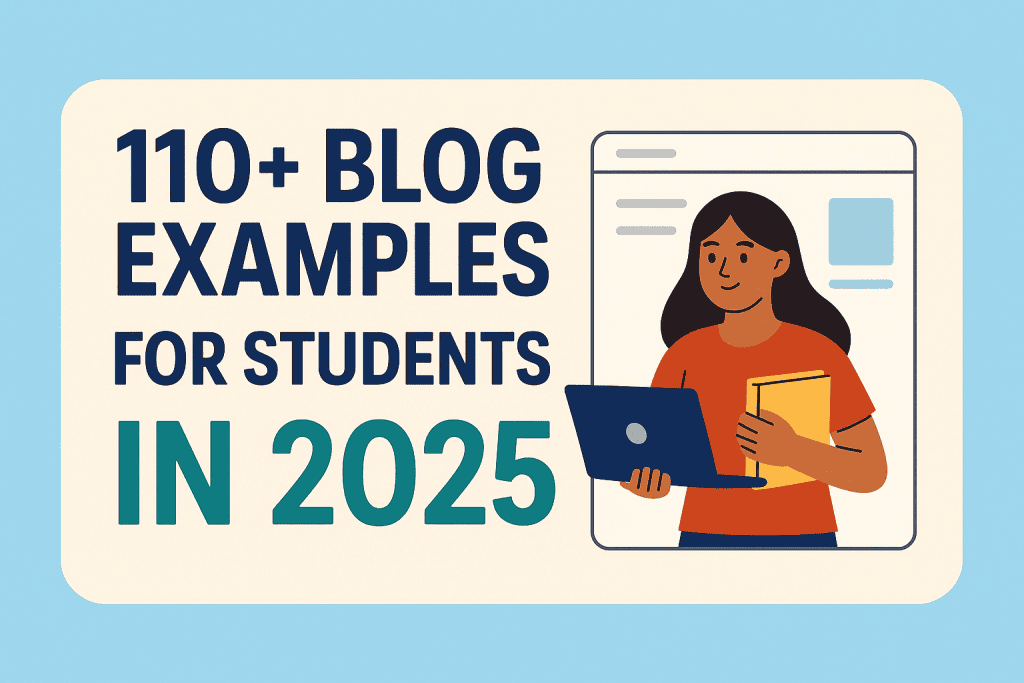
![12 Strategien zum Backlinks aufbauen [2026]](https://backlinkmanagement.io/wp-content/uploads/2025/12/12-Strategien-zum-Backlinks-aufbauen-scaled.jpg)
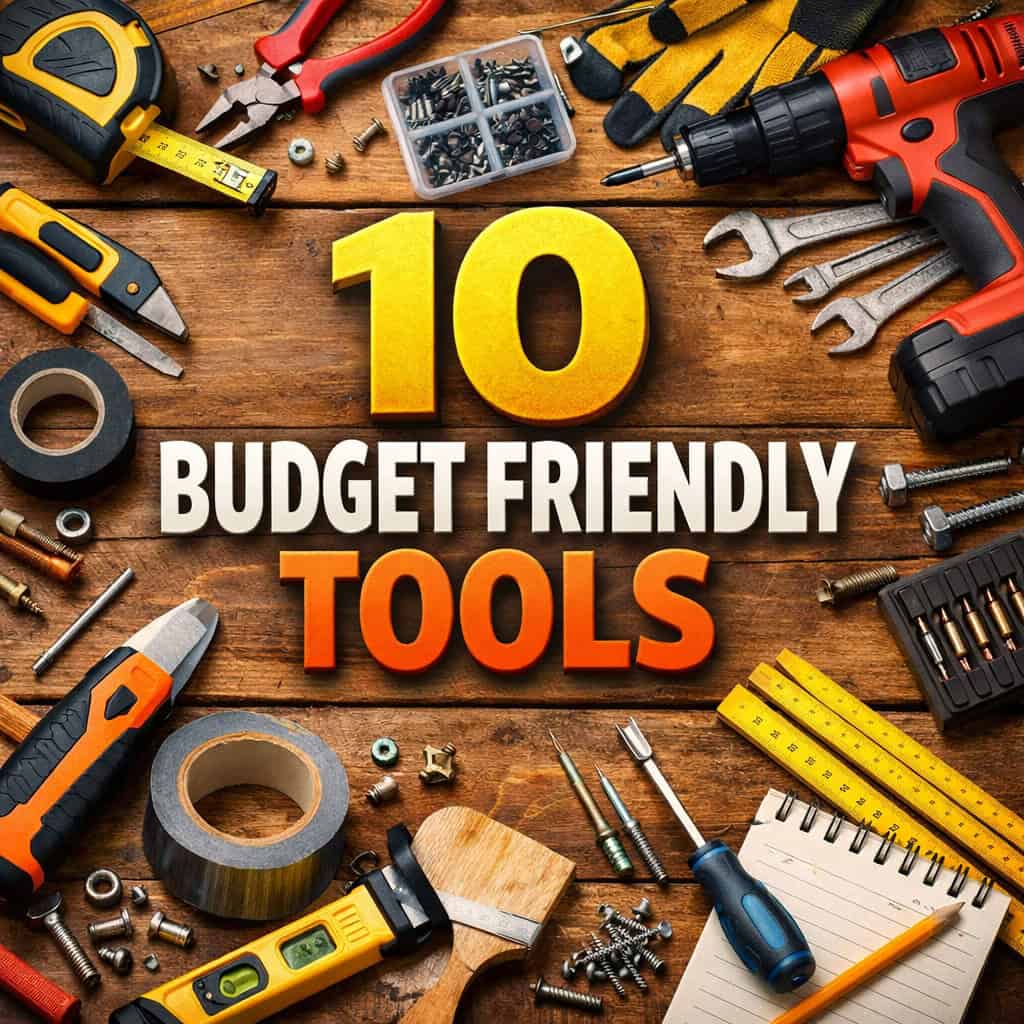
![How To Automate Backlink Reporting [2026 Guide]](https://backlinkmanagement.io/wp-content/uploads/2025/12/How-To-Automate-Backlink-Reporting.jpg)
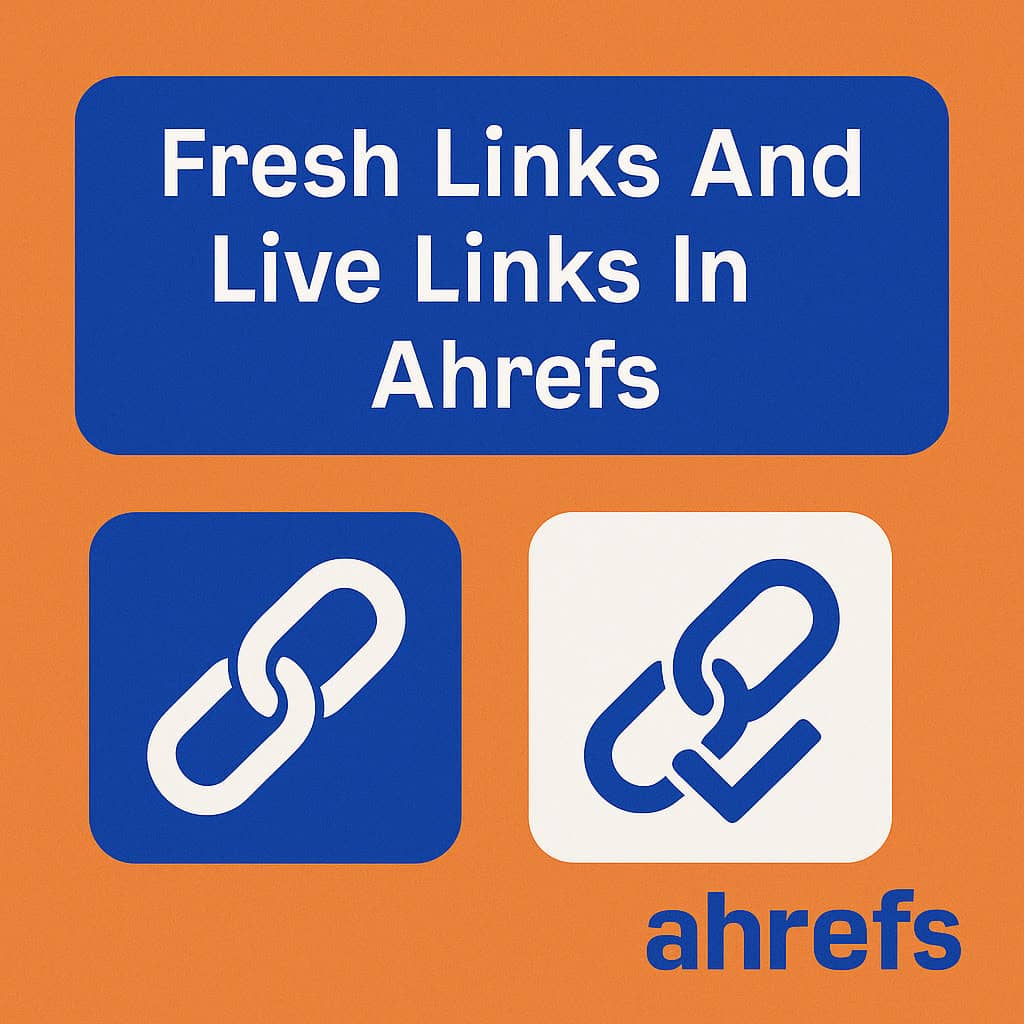


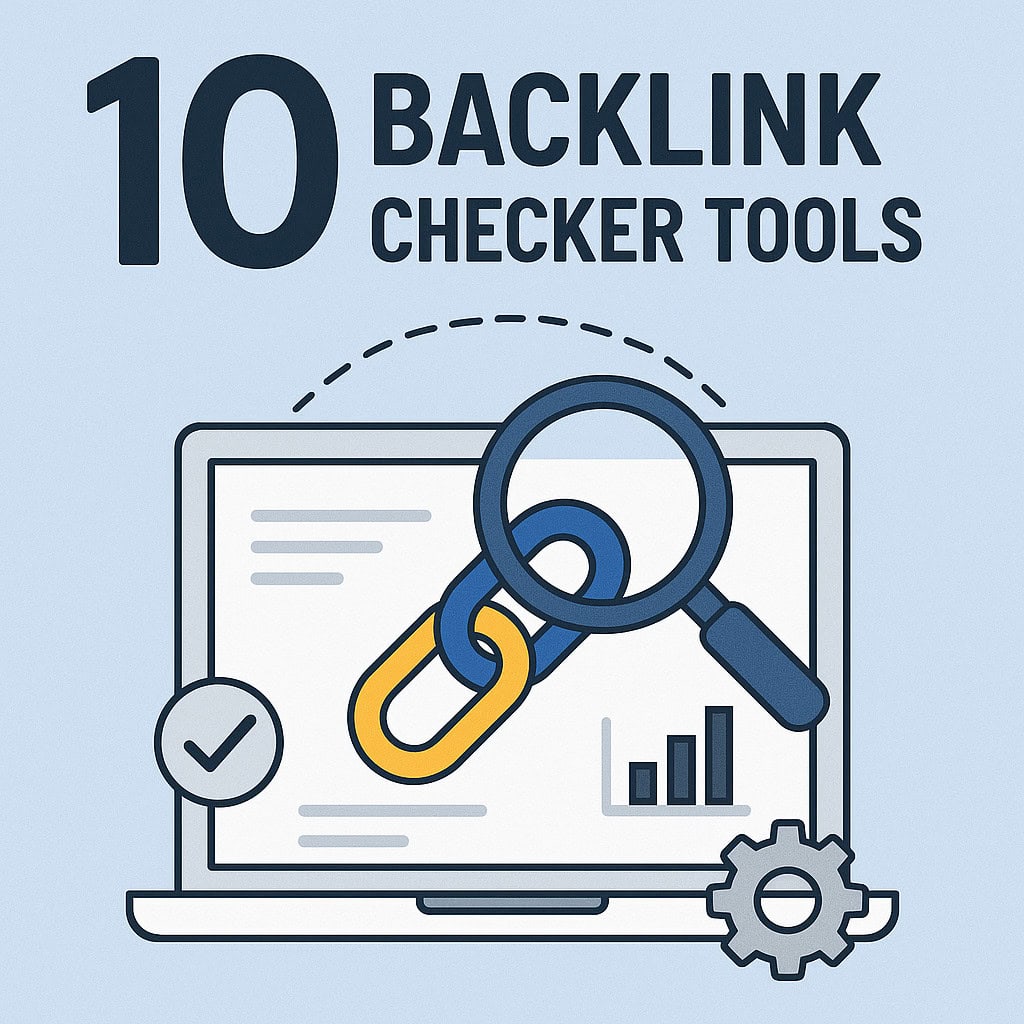
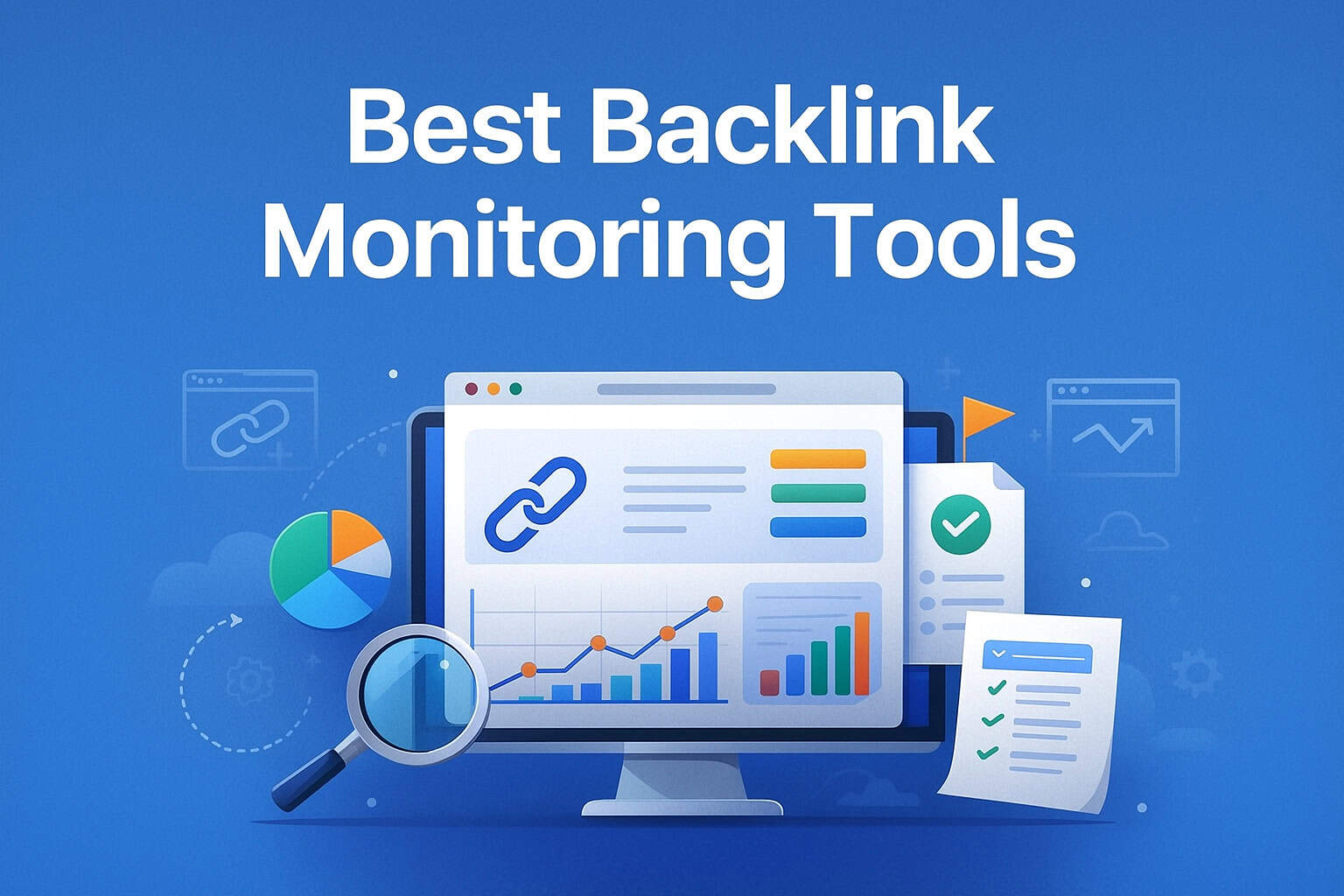

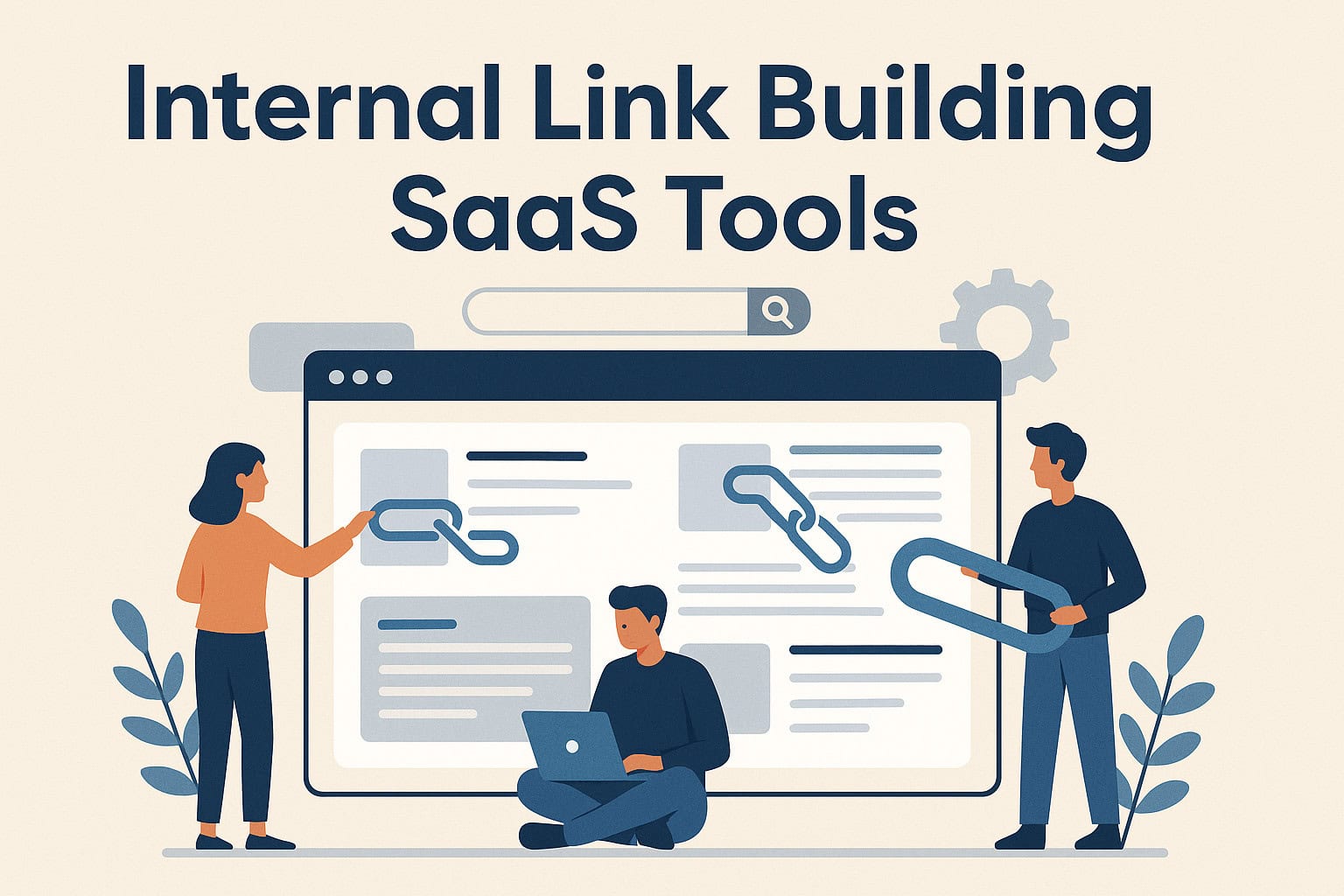


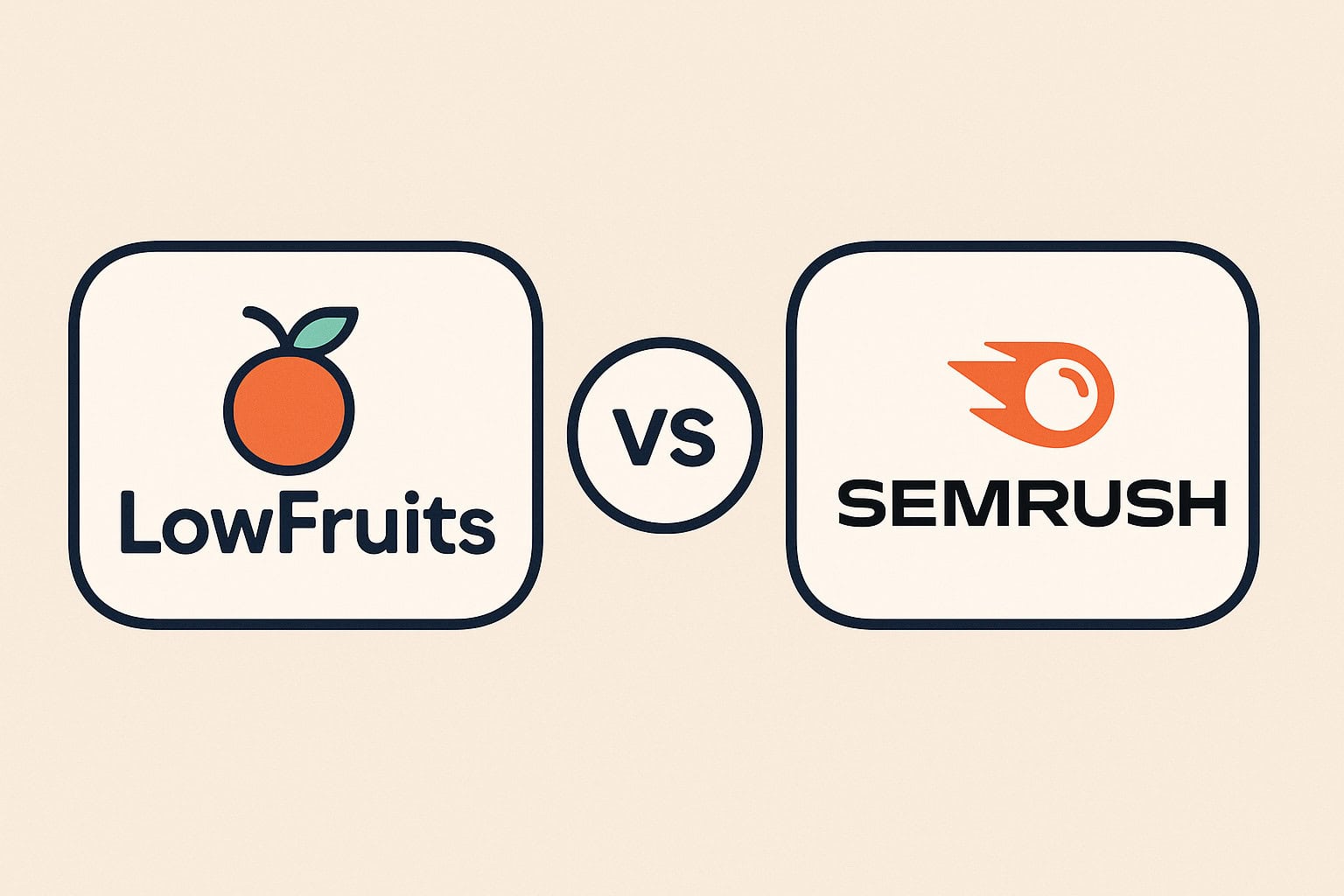
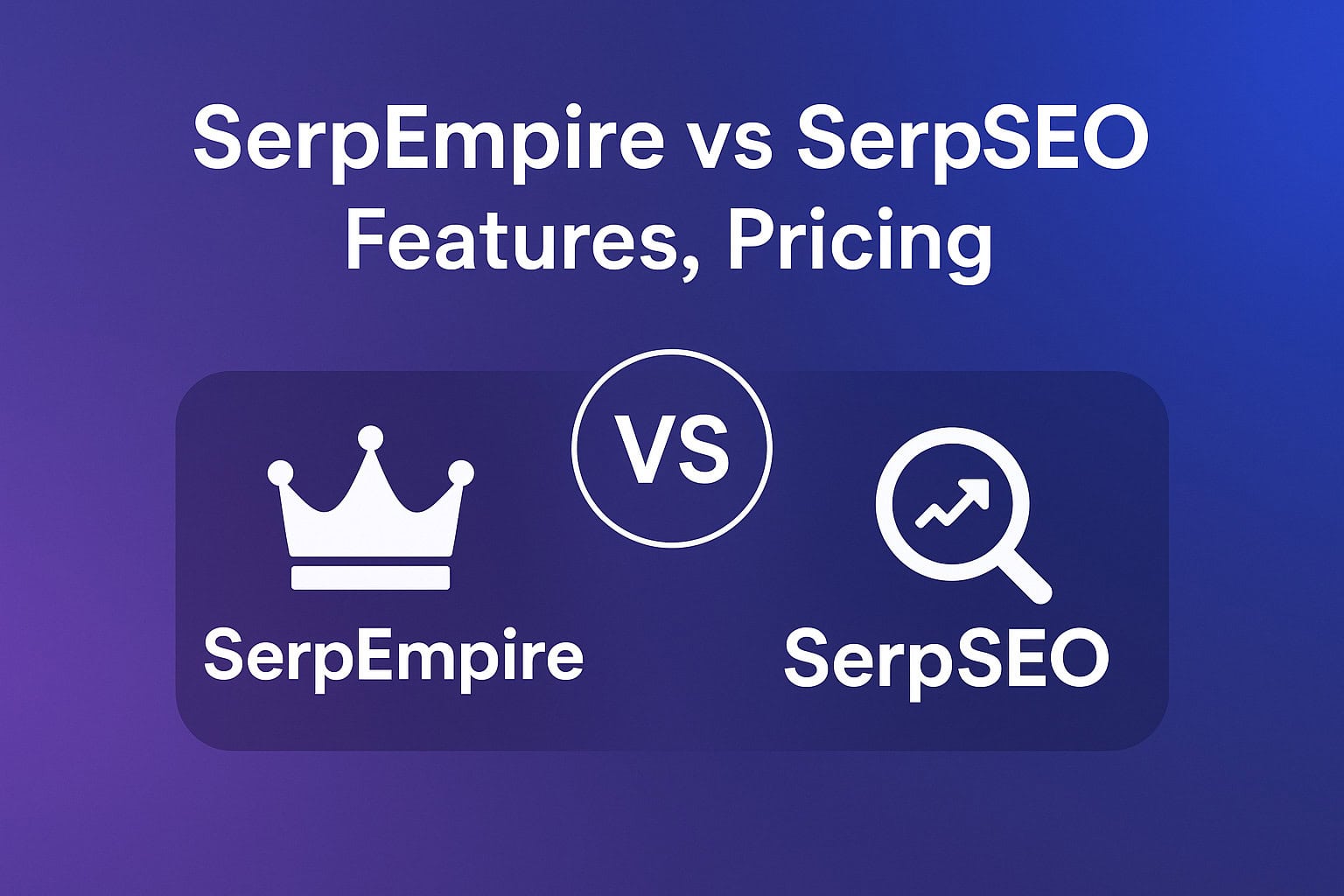

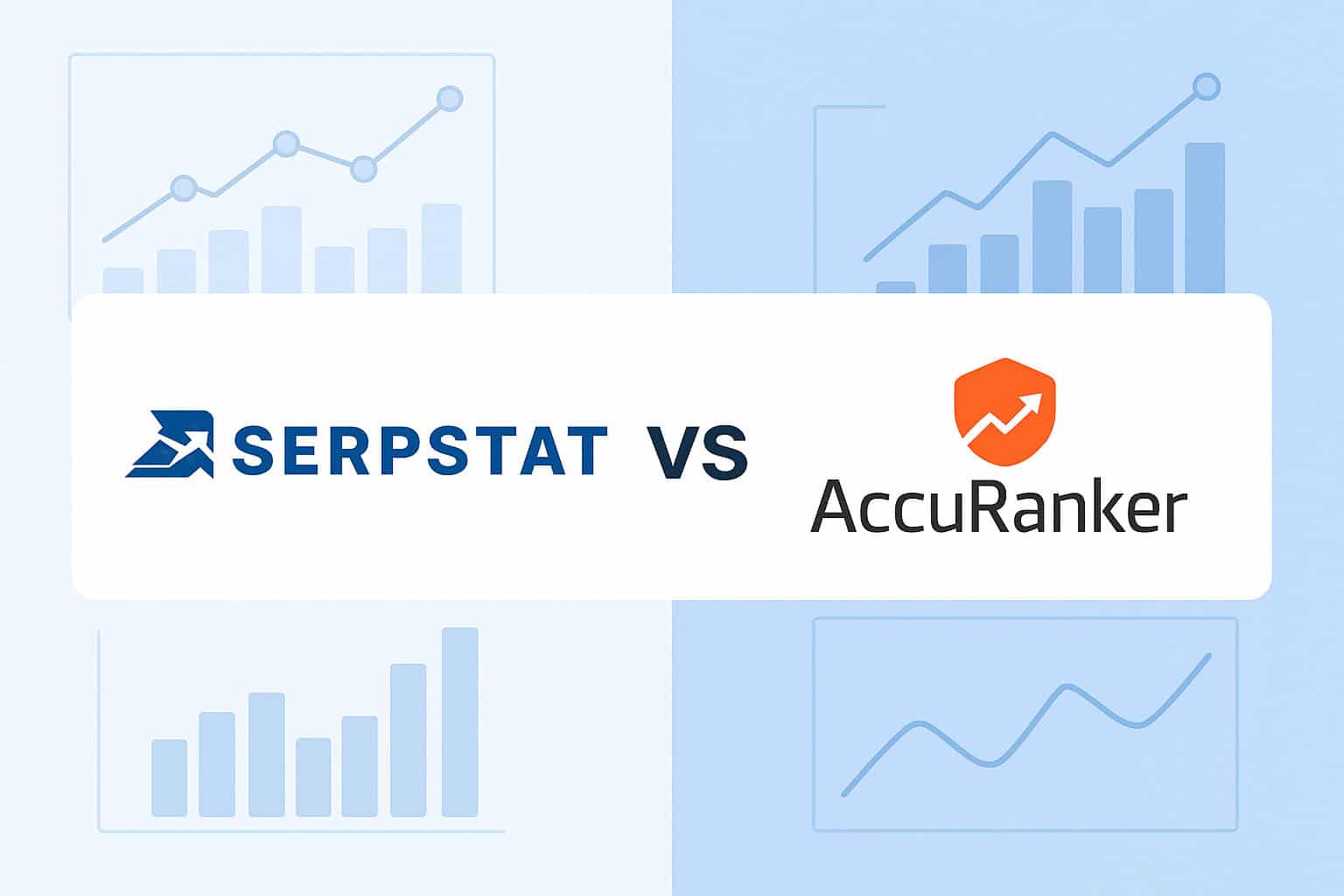




![Longtail Pro Moz or Majestic [Full Breakdown]](https://backlinkmanagement.io/wp-content/uploads/2025/11/ChatGPT-Image-Nov-14-2025-08_30_38-AM.png)

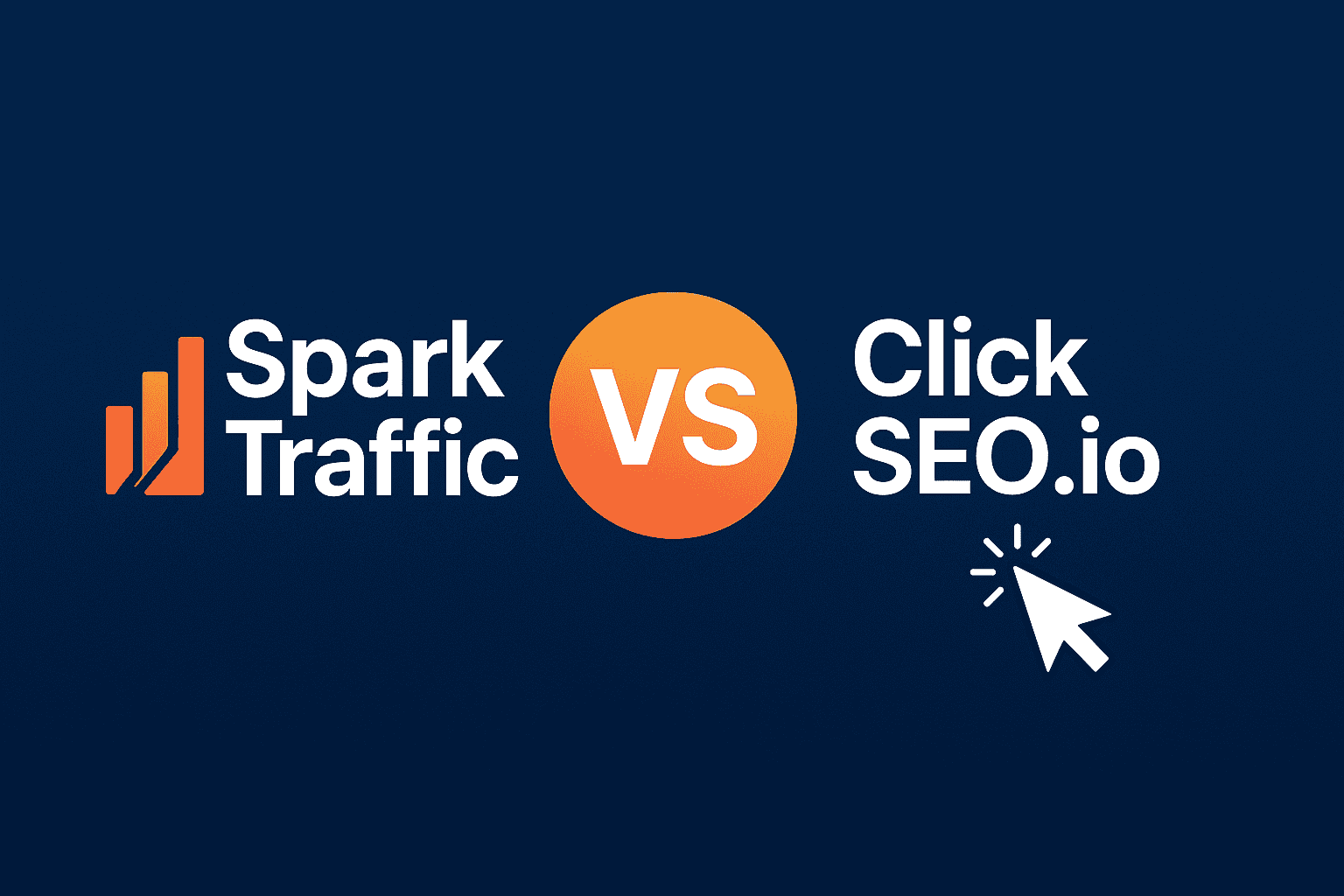
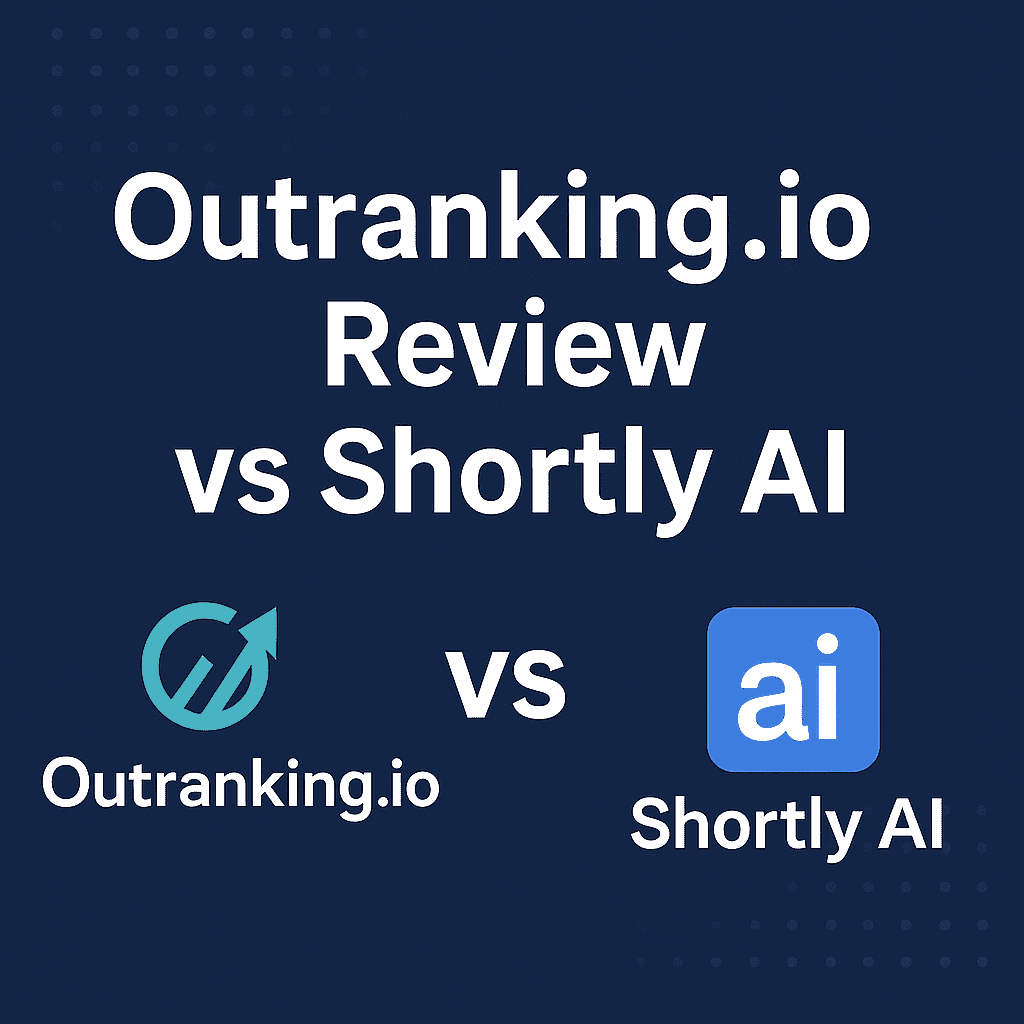
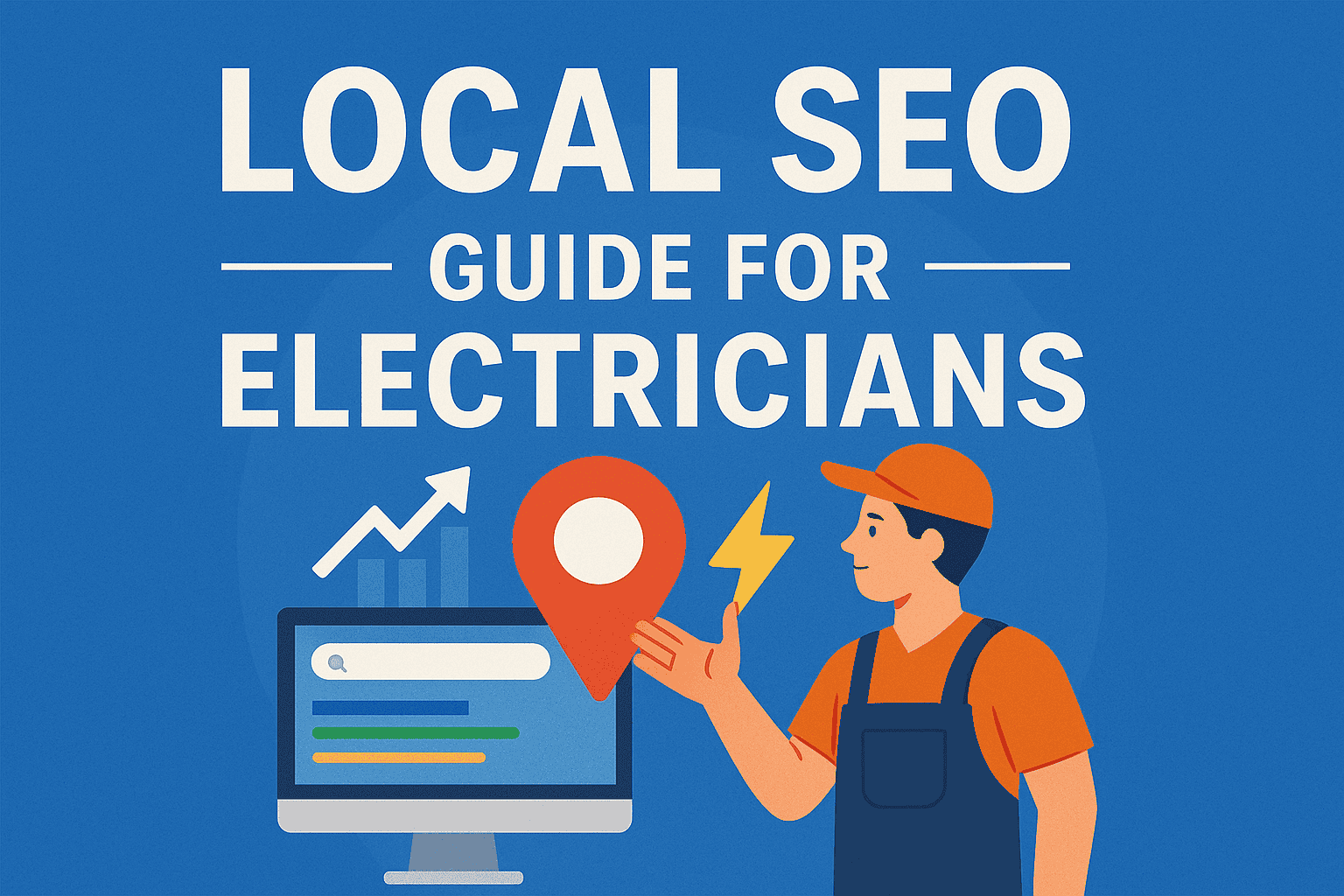
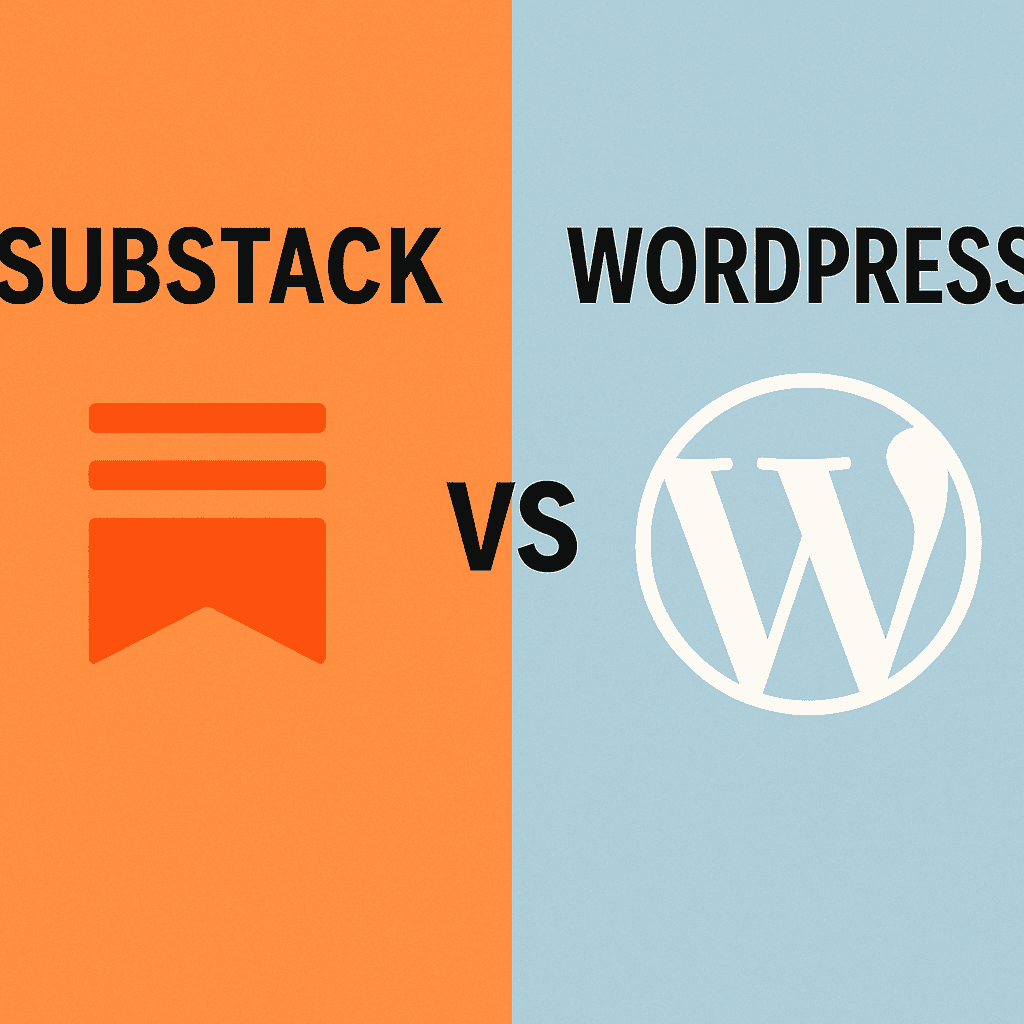


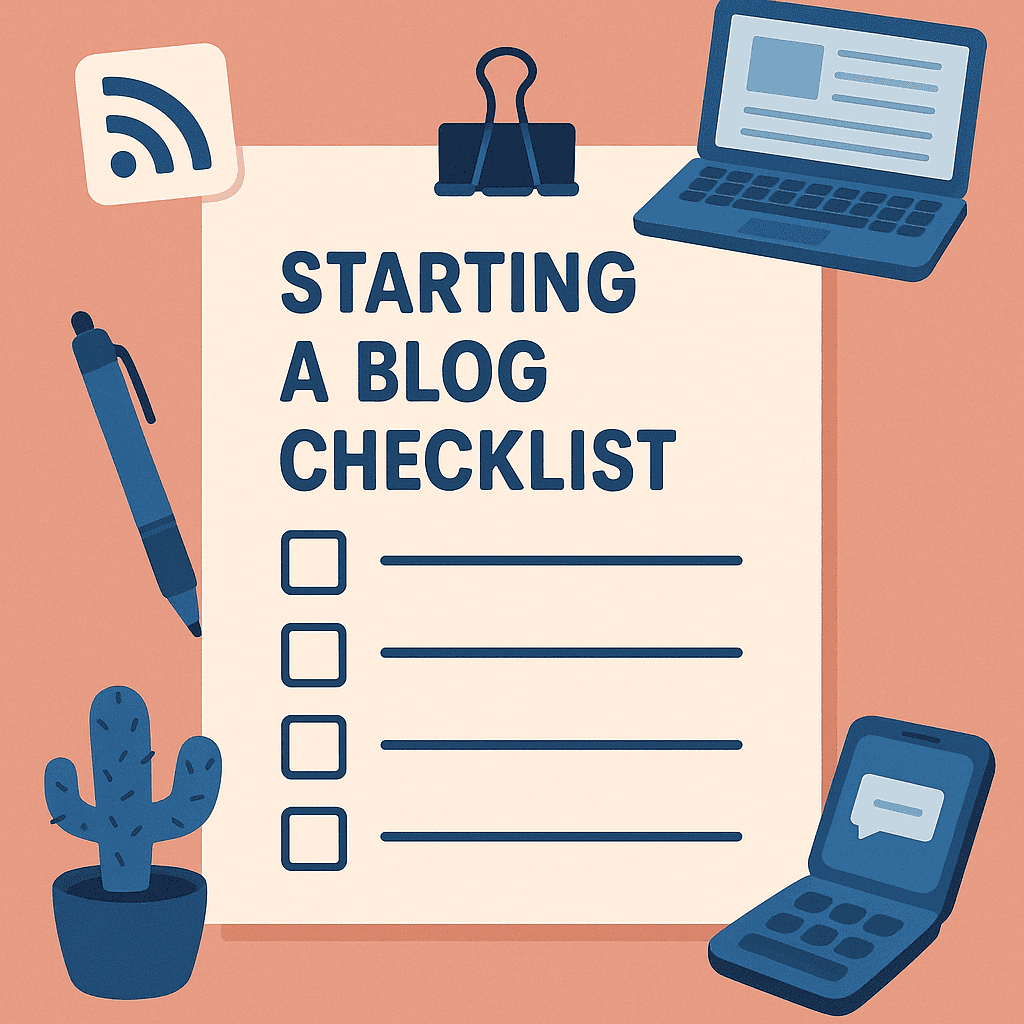
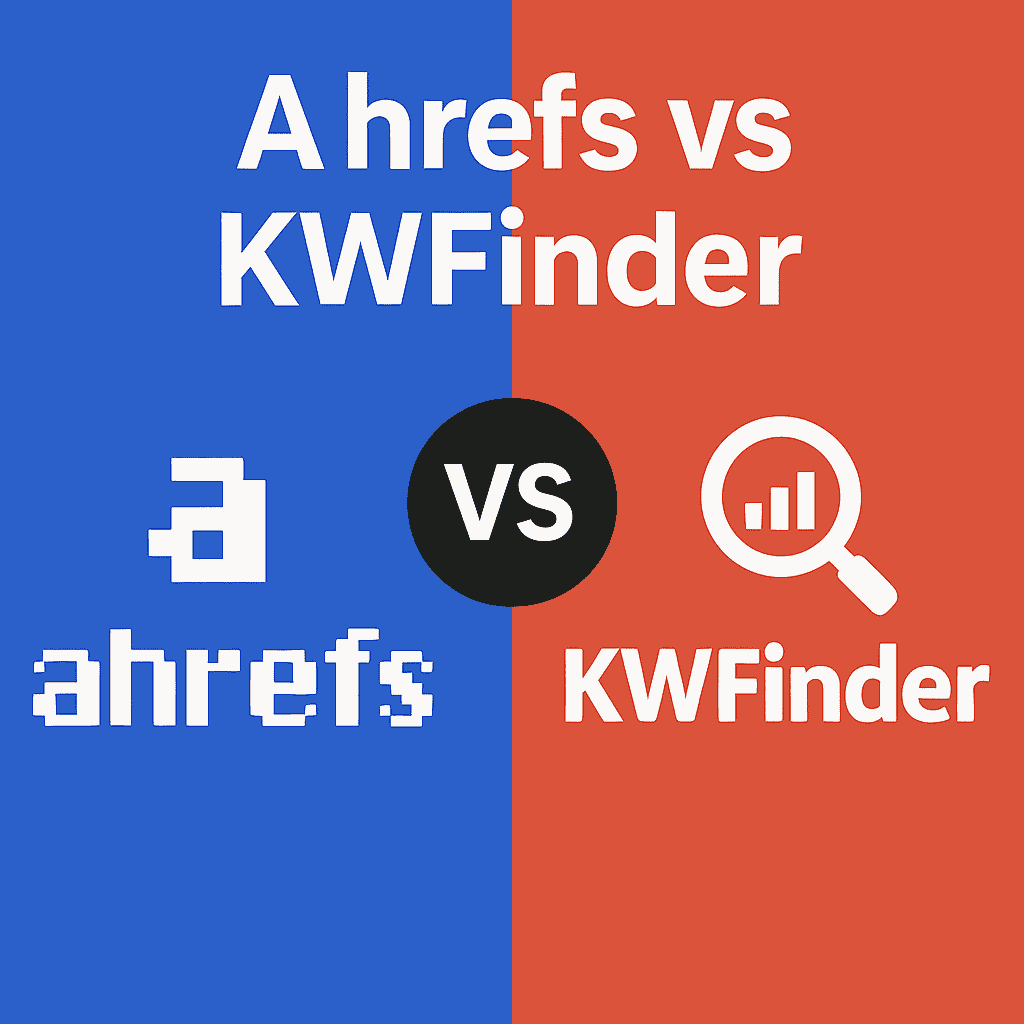

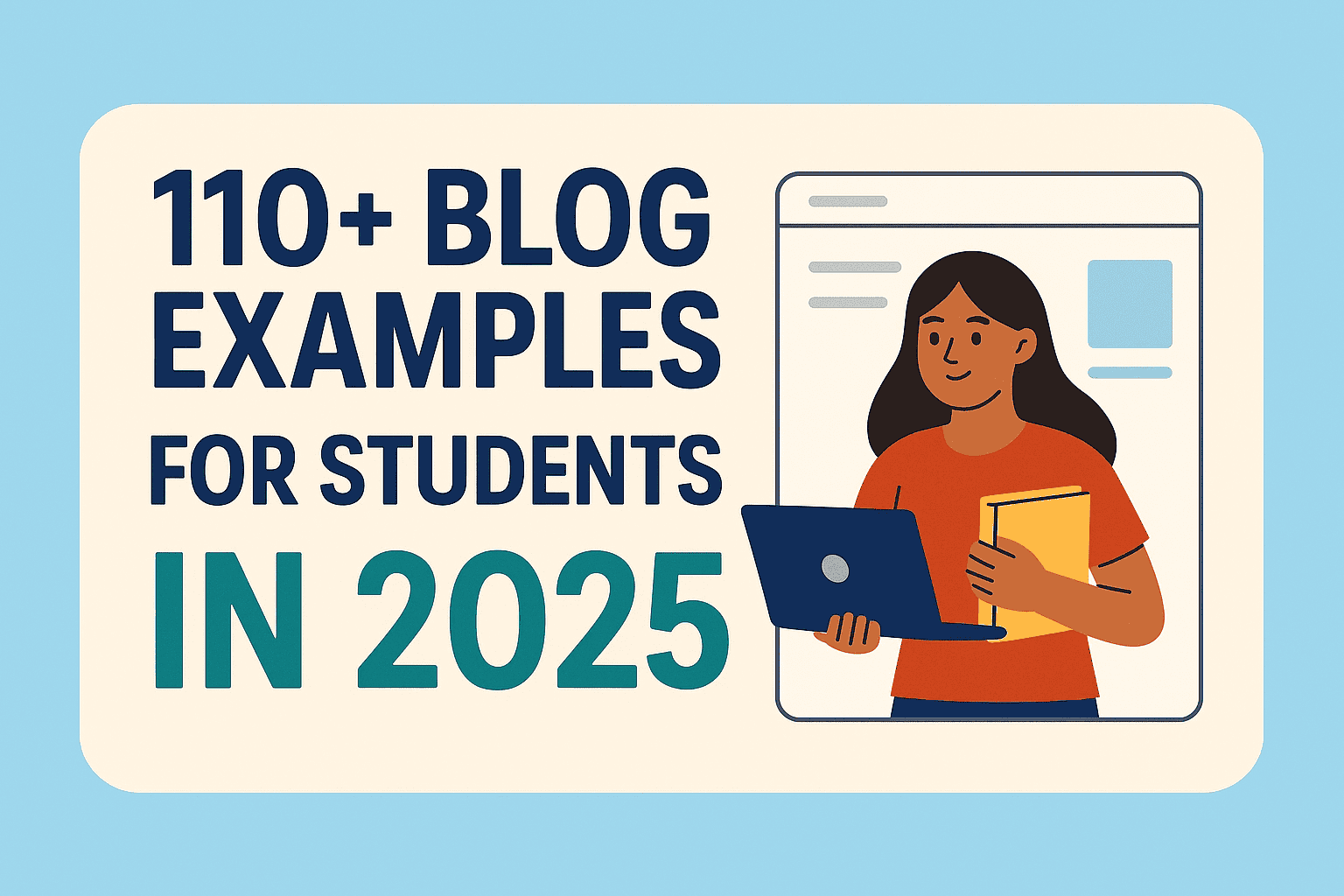
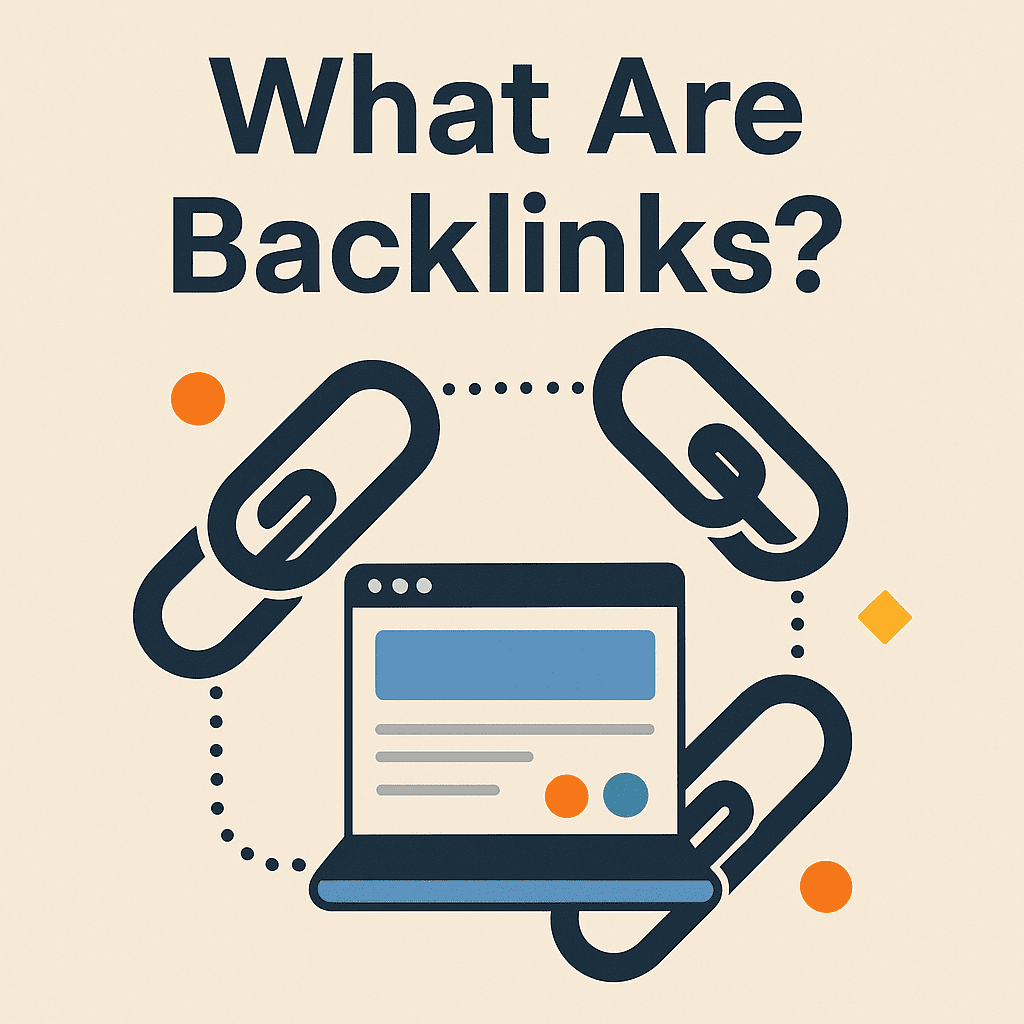


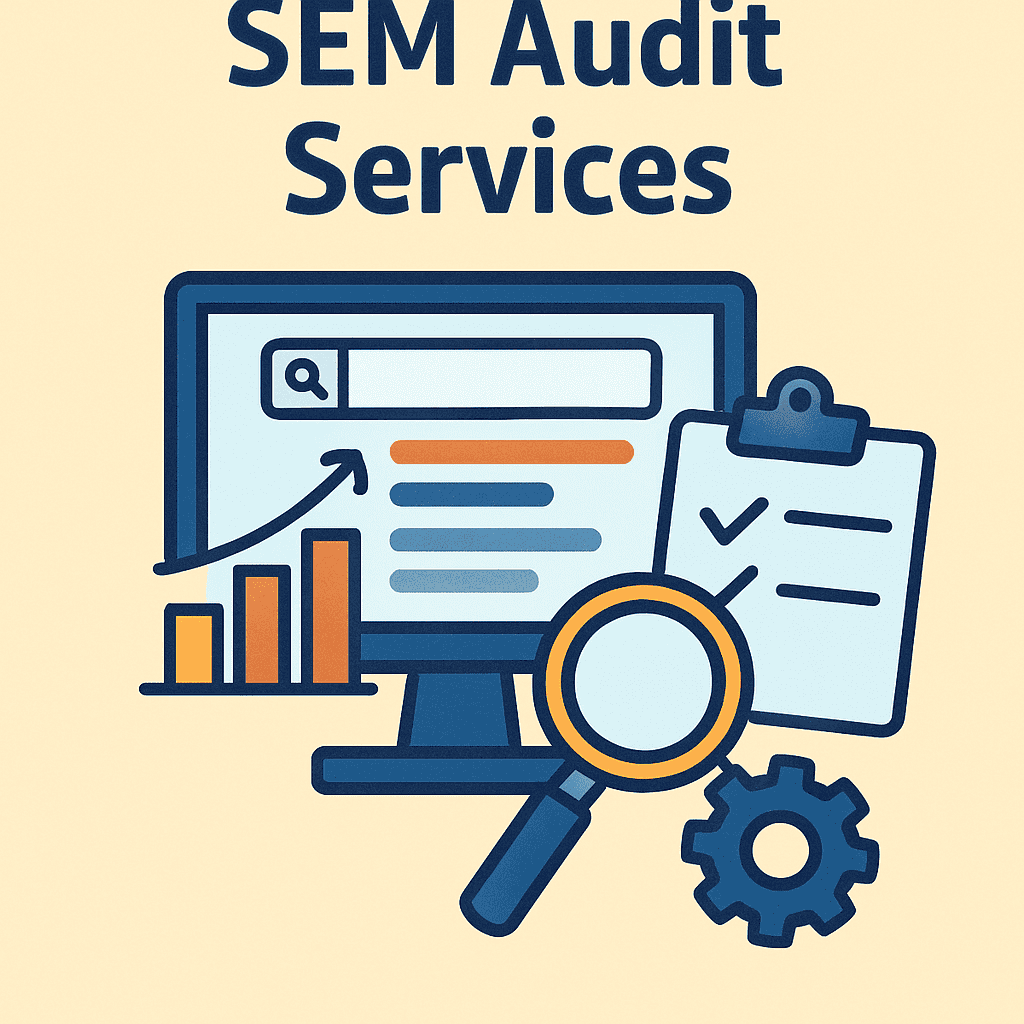







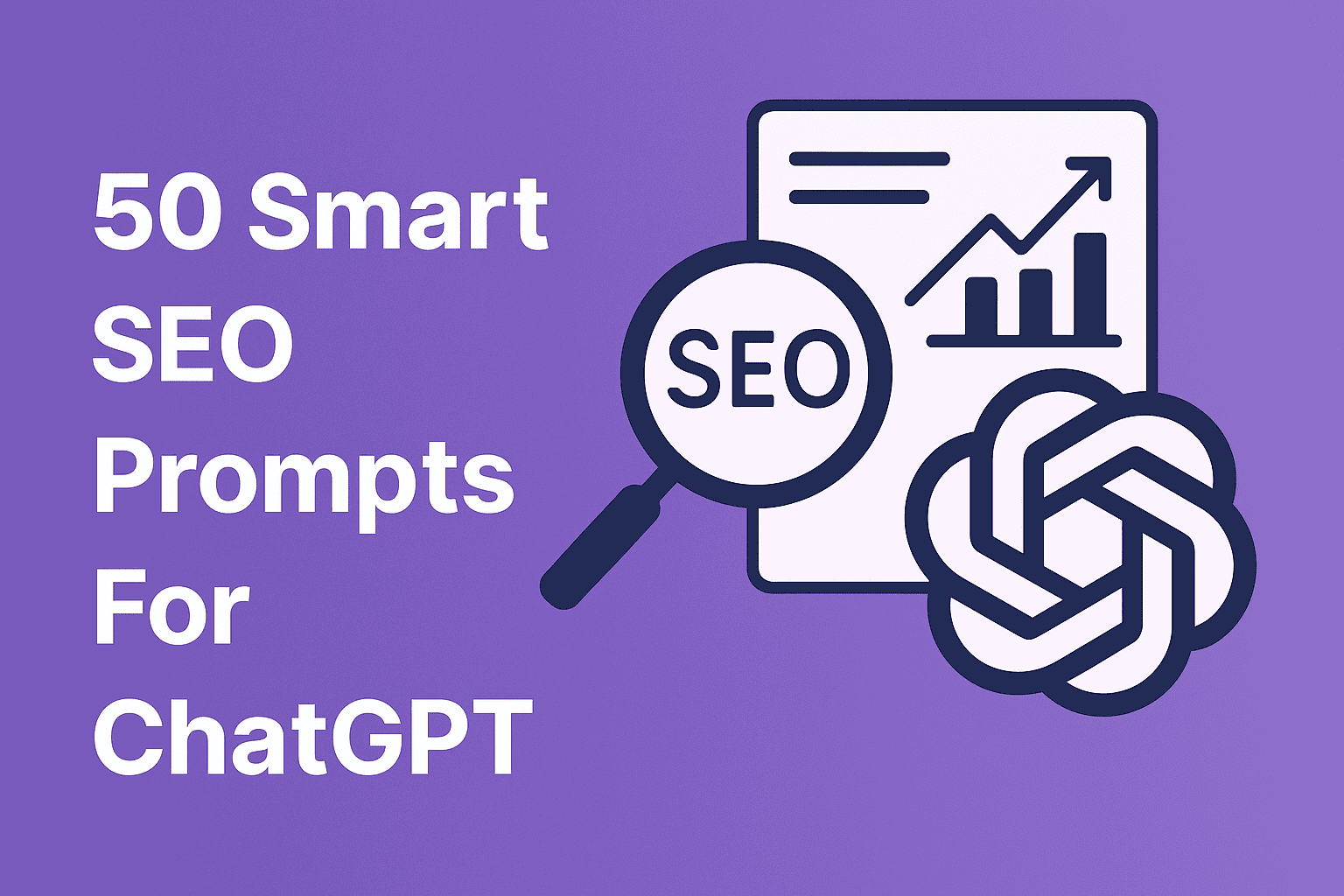


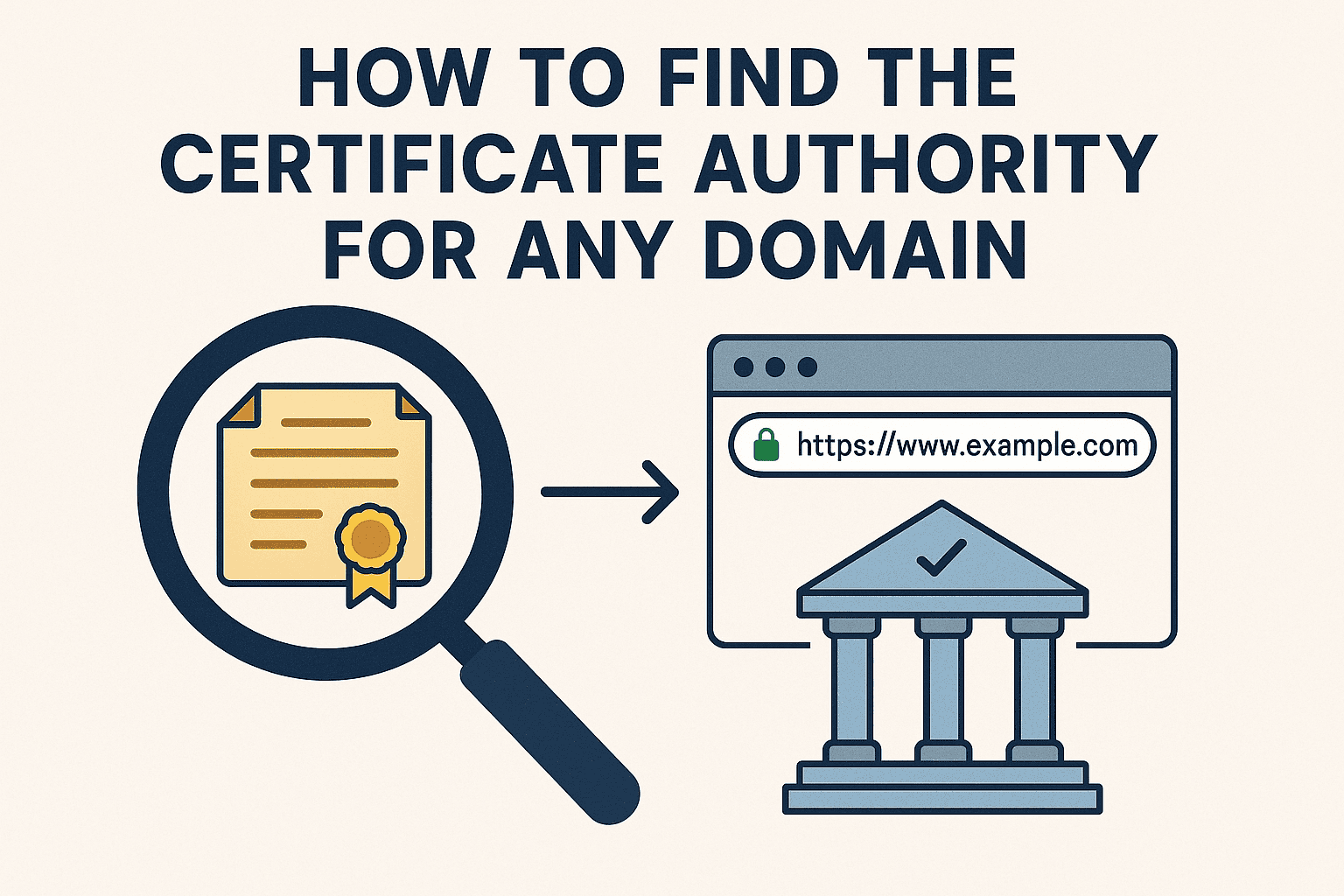


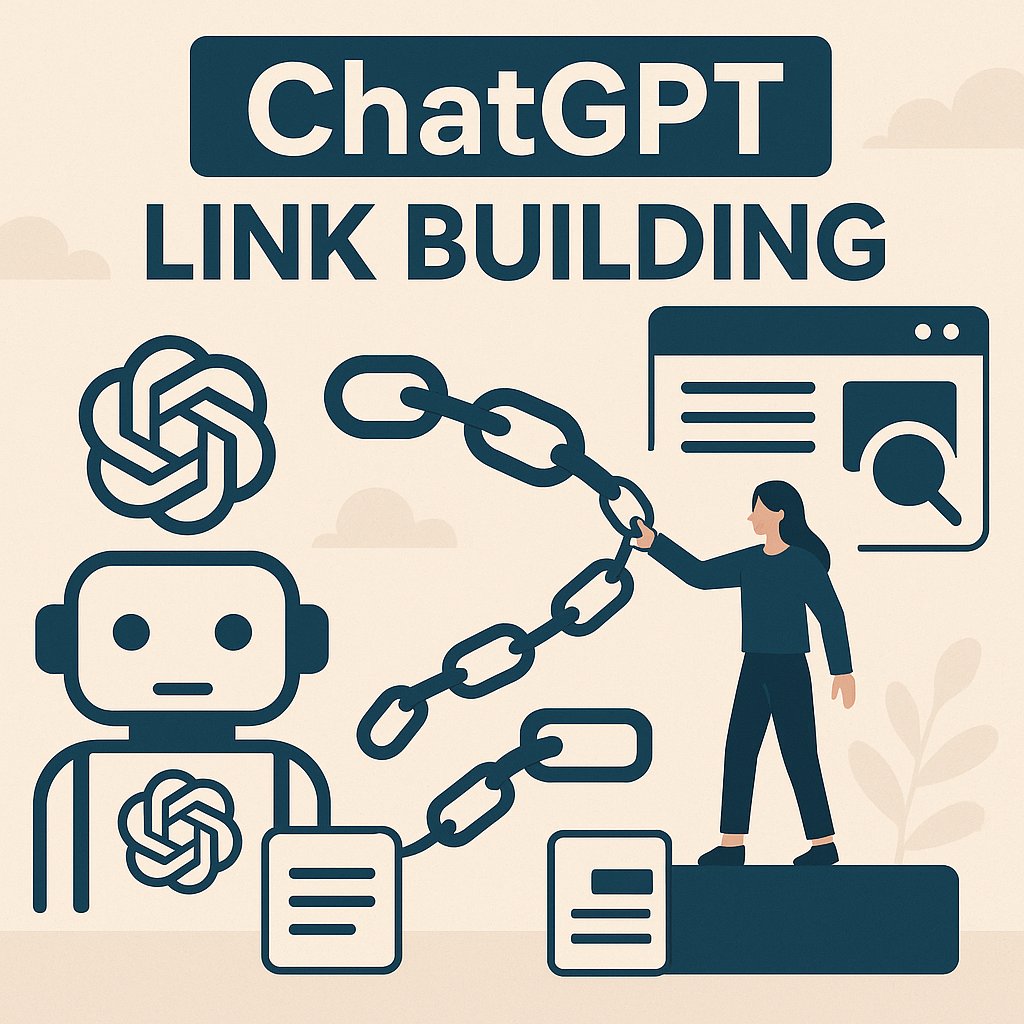
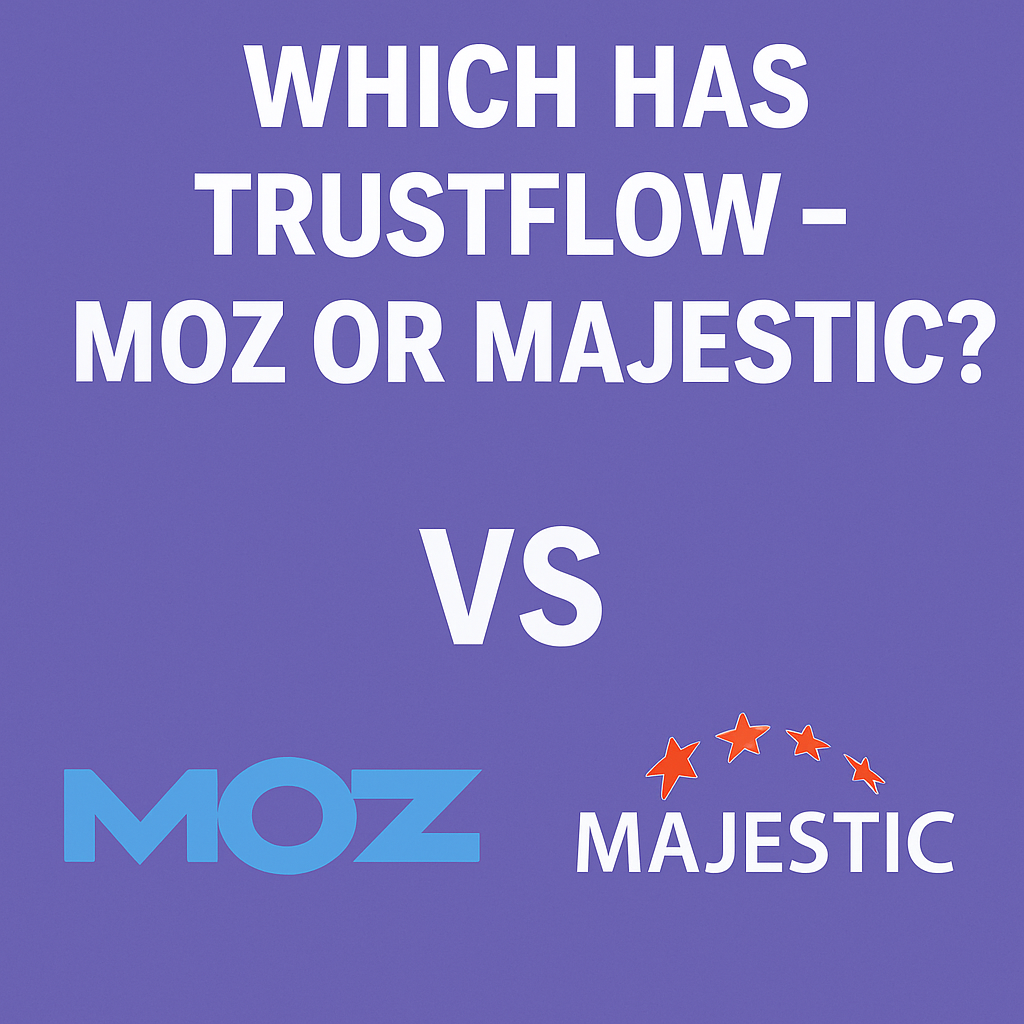


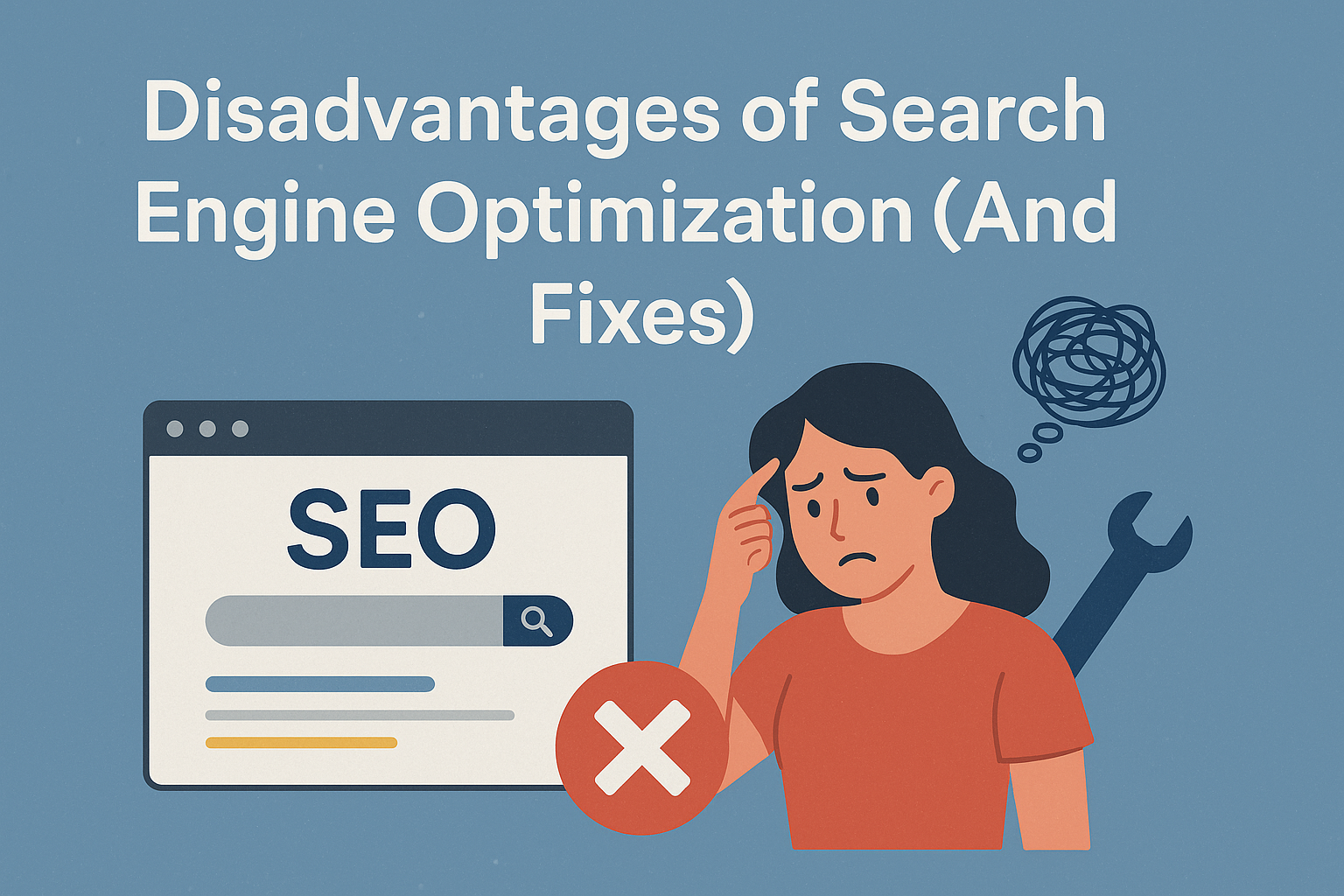





![How Many Outbound Links Per Blog [2025 Updated]](https://backlinkmanagement.io/wp-content/uploads/2025/06/How-Many-Outbound-Links-Per-Blog.png)
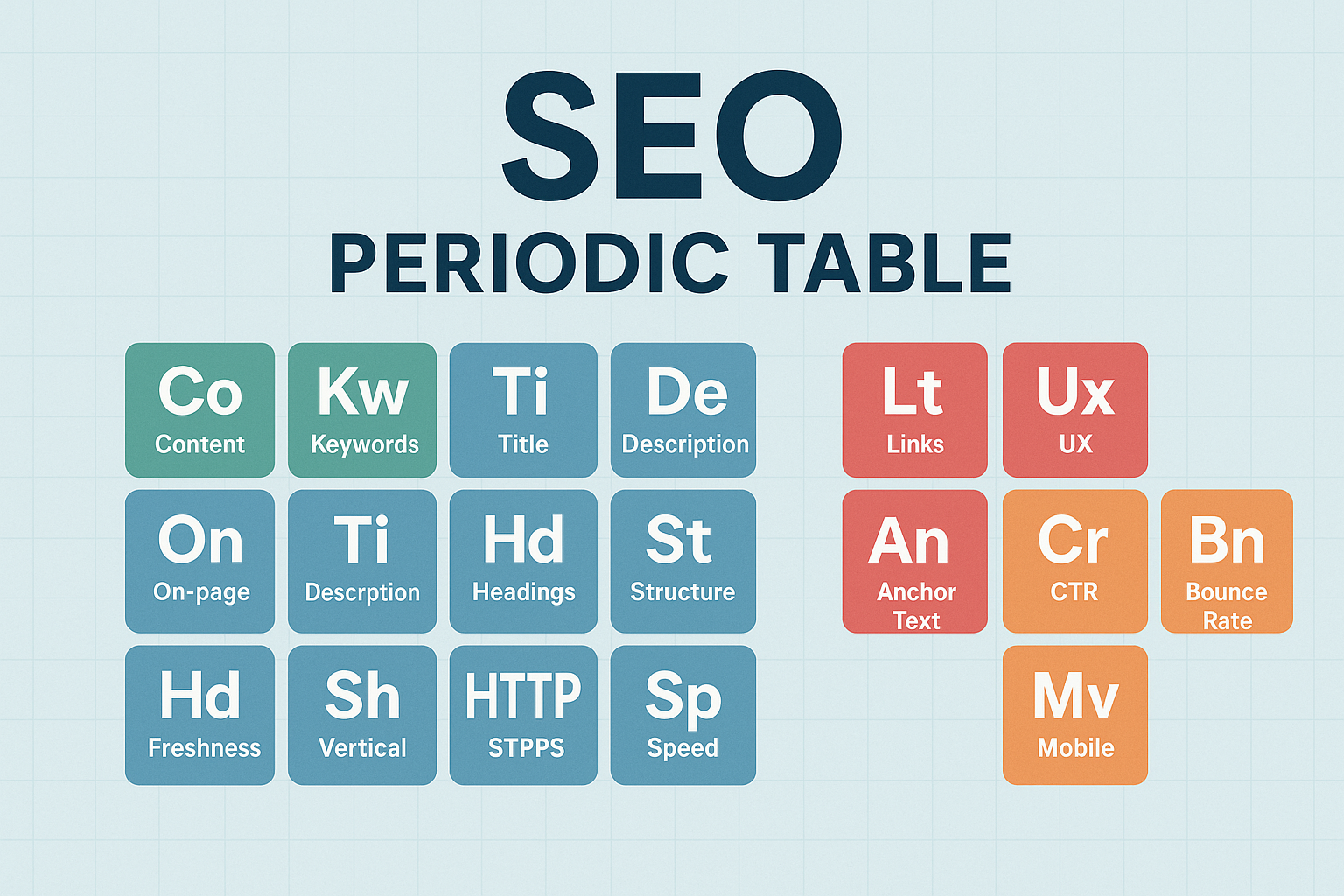

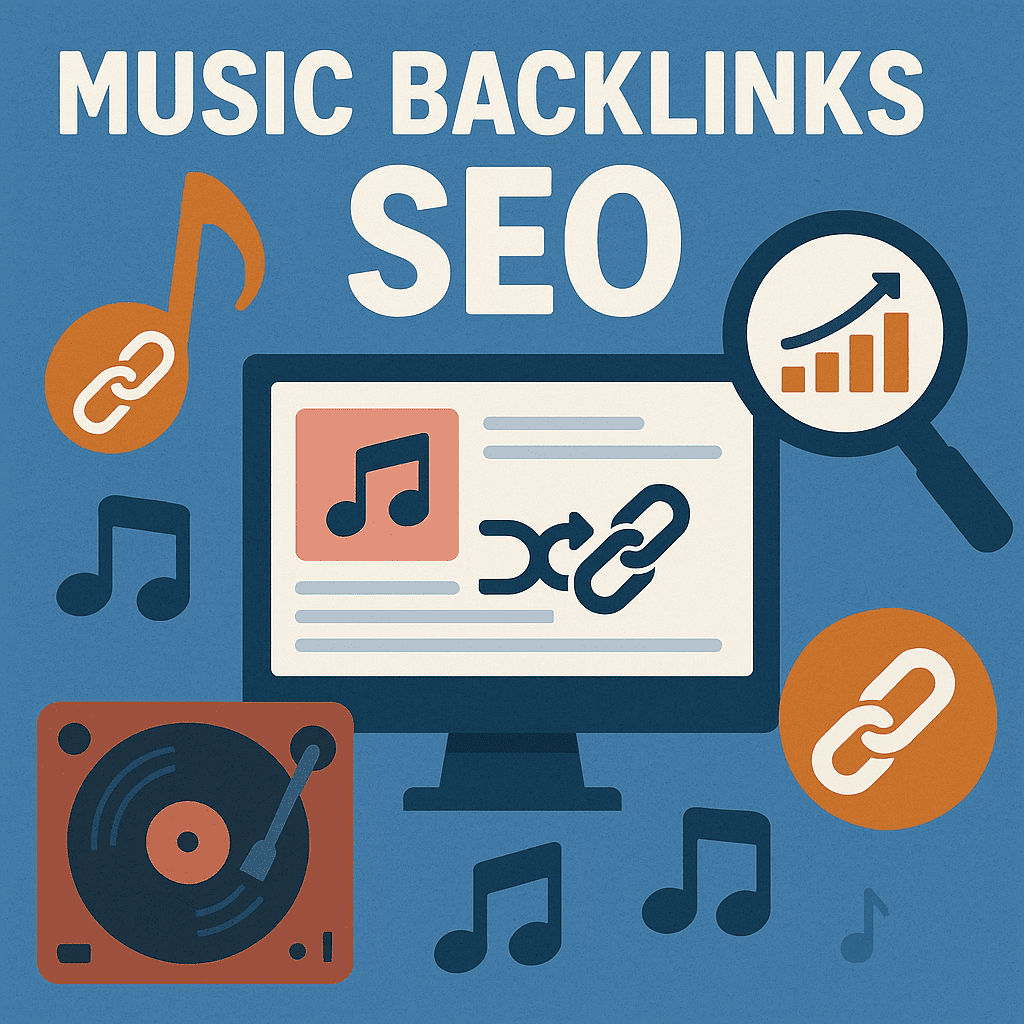
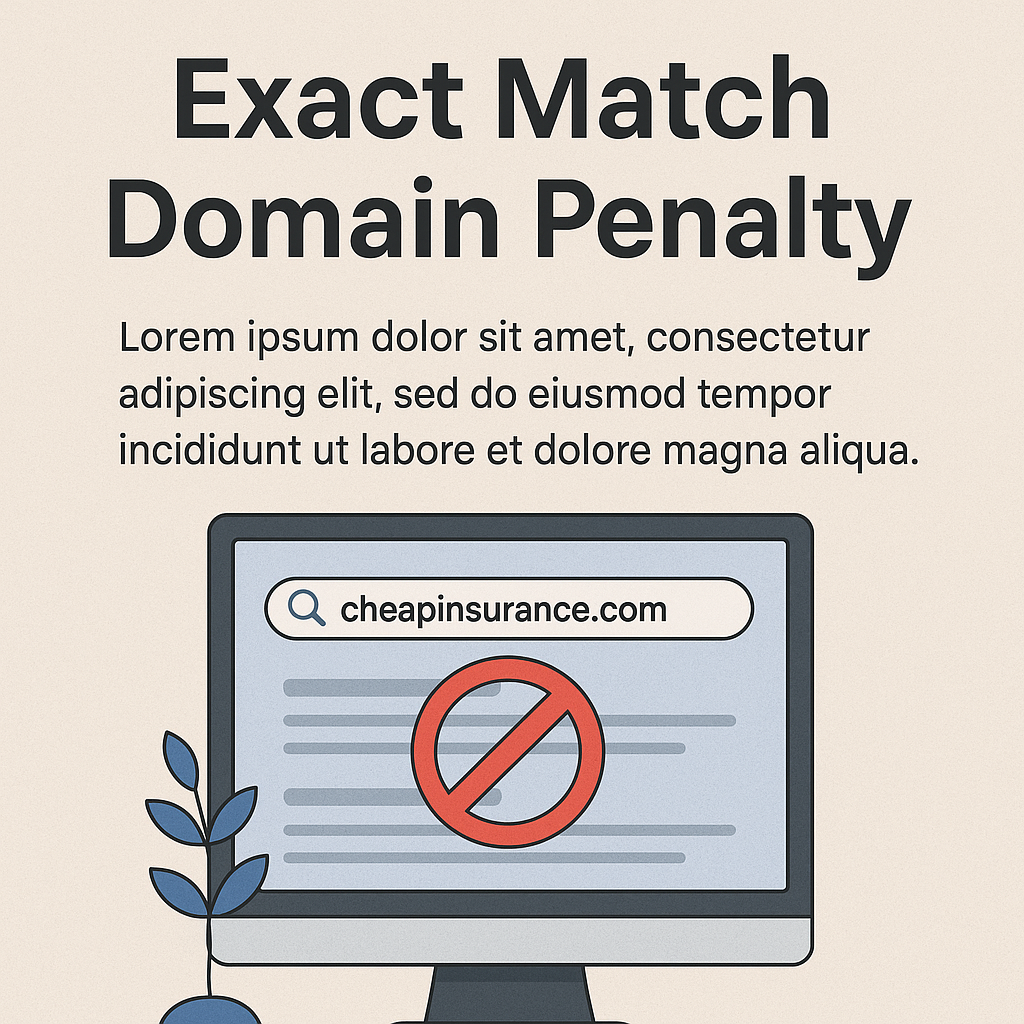
![B2B and B2C Website Examples [2025 Updated]](https://backlinkmanagement.io/wp-content/uploads/2025/05/B2B-and-B2C-Website-Example-.png)
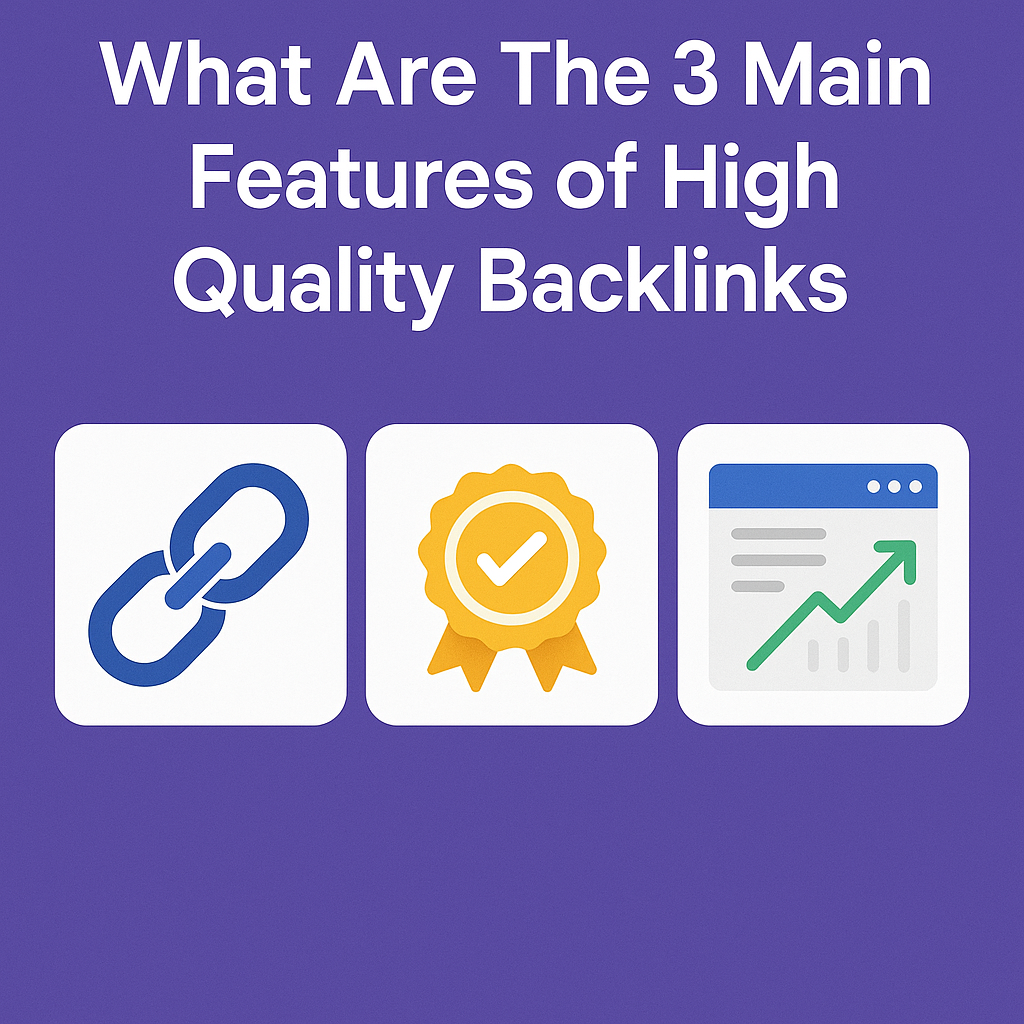


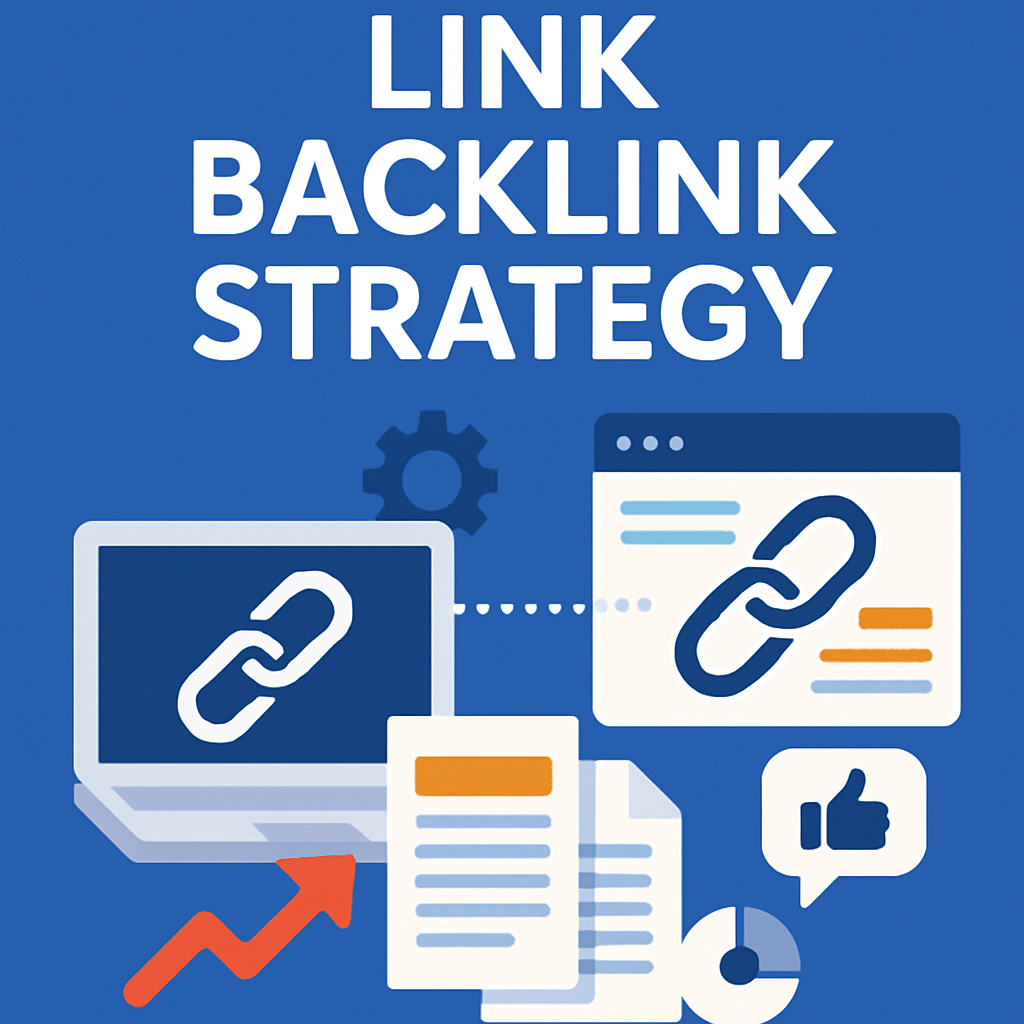


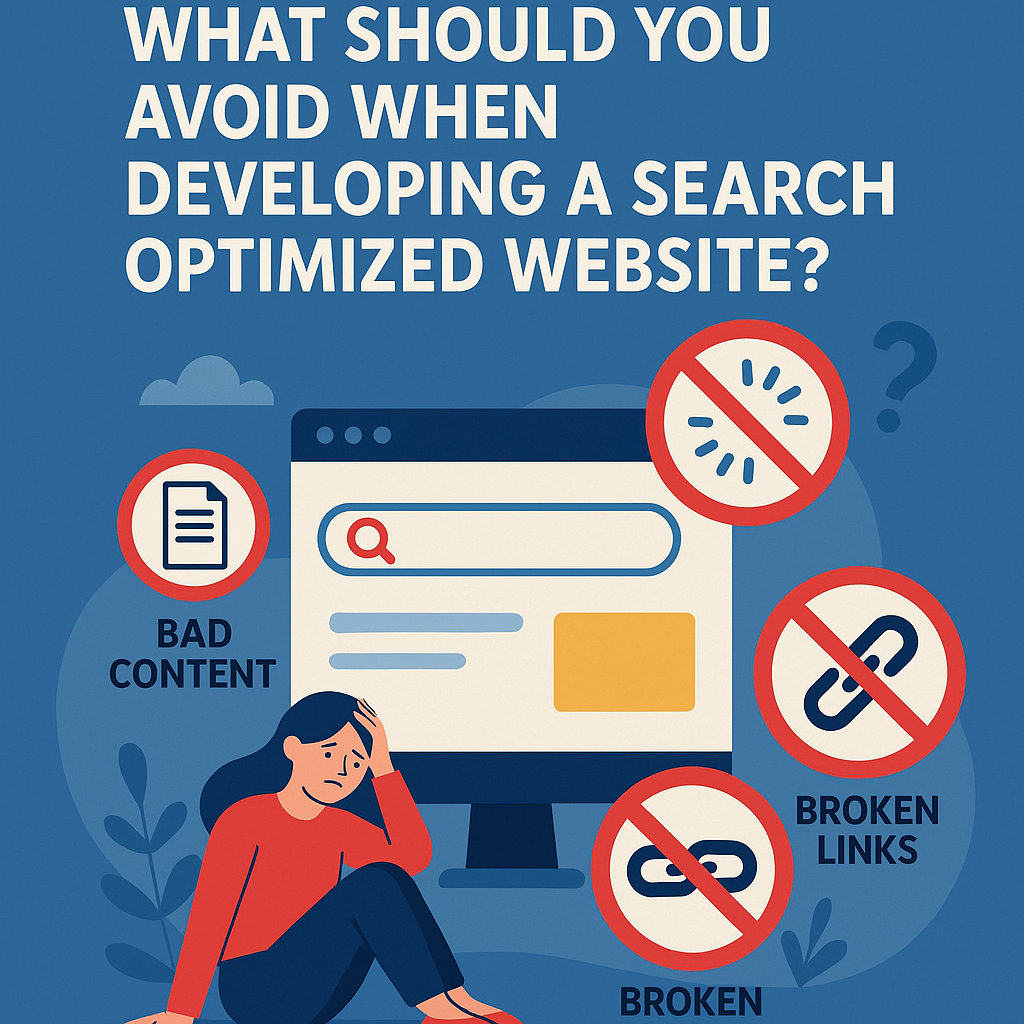
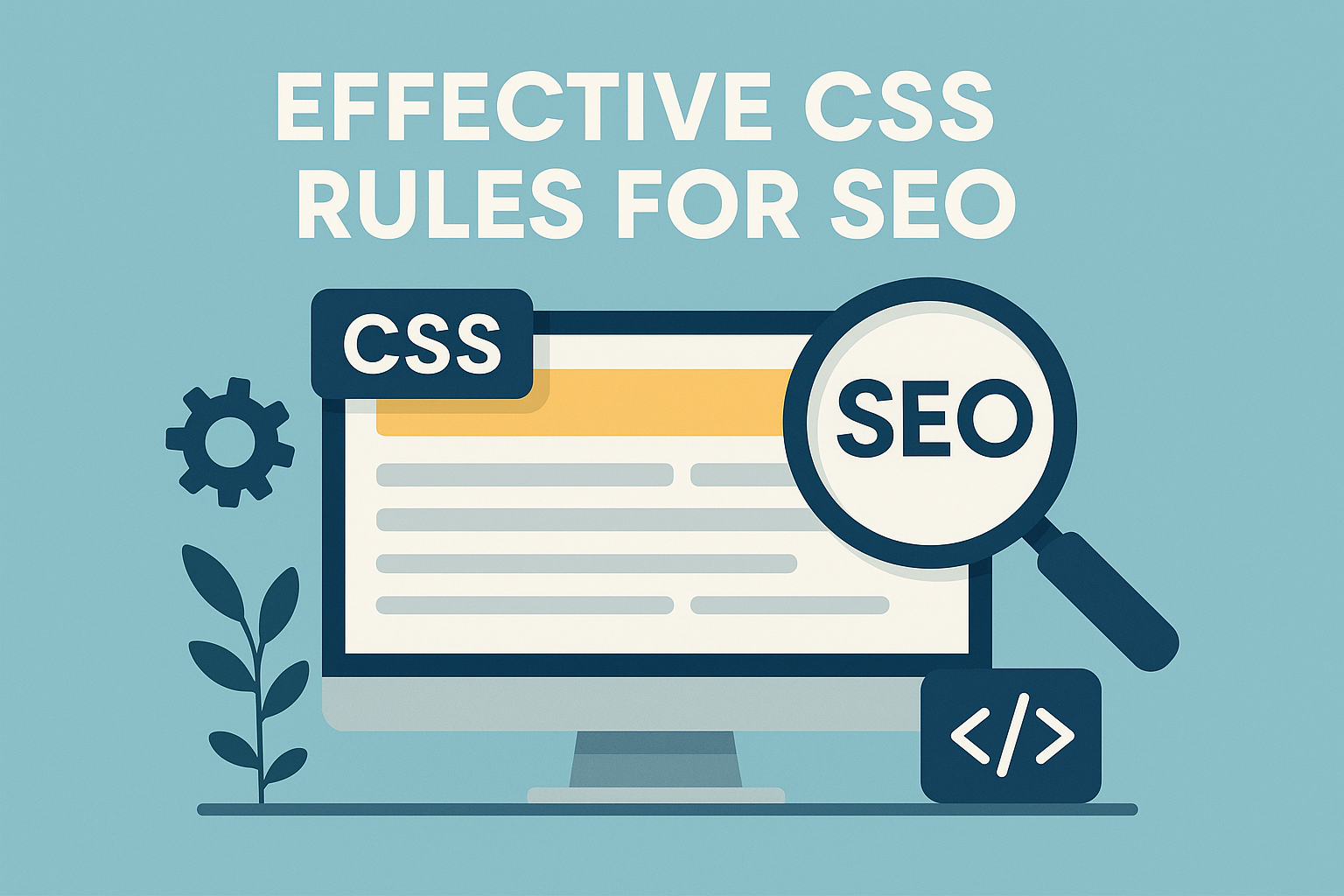

![What To Do After Keyword Research [2025 Guide]](https://backlinkmanagement.io/wp-content/uploads/2025/05/What-To-Do-After-Keyword-Research.png)
![Is Page Speed Really A Ranking Factor? [2025]](https://backlinkmanagement.io/wp-content/uploads/2025/05/Is-Page-Speed-Really-A-Ranking-Factor.png)
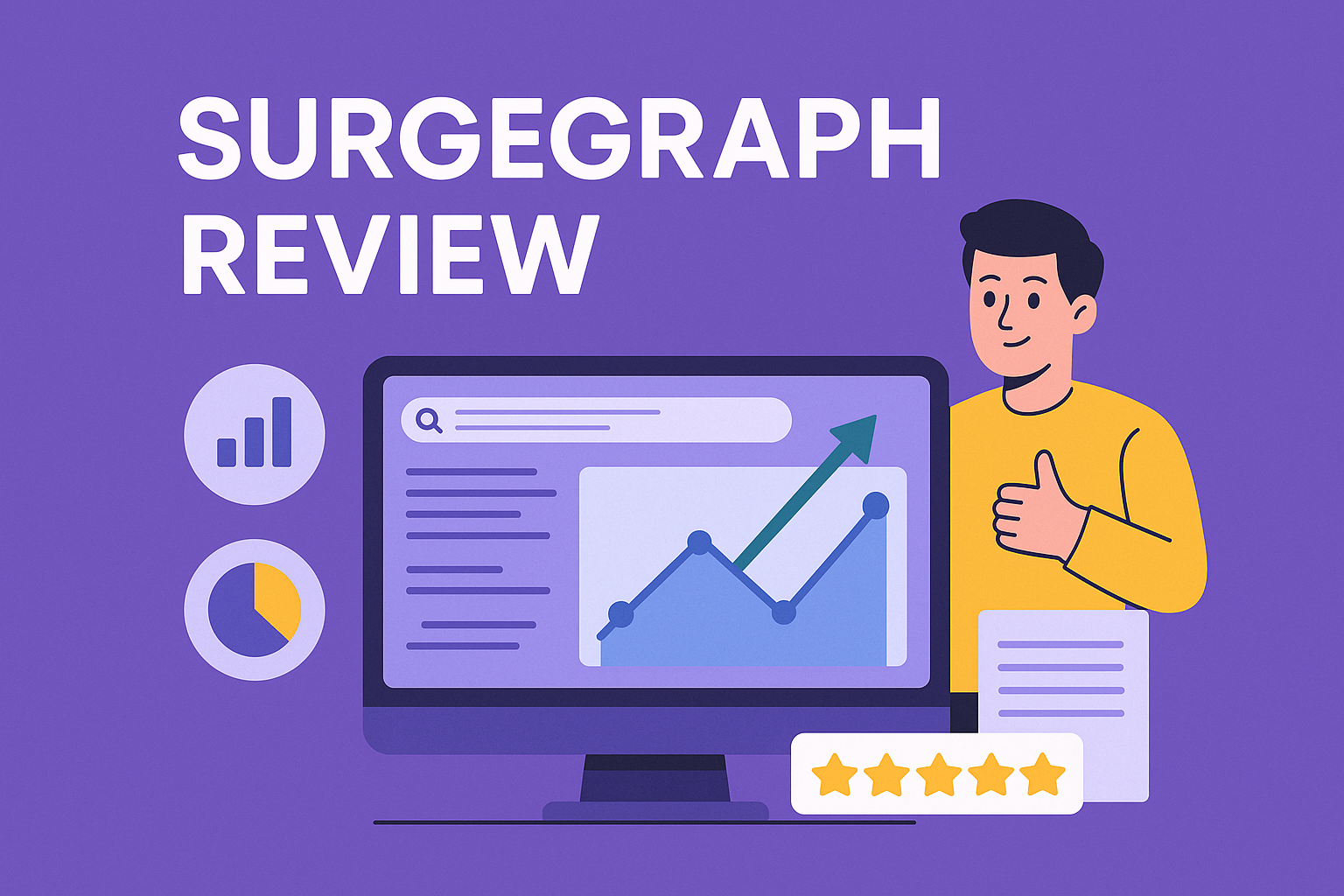
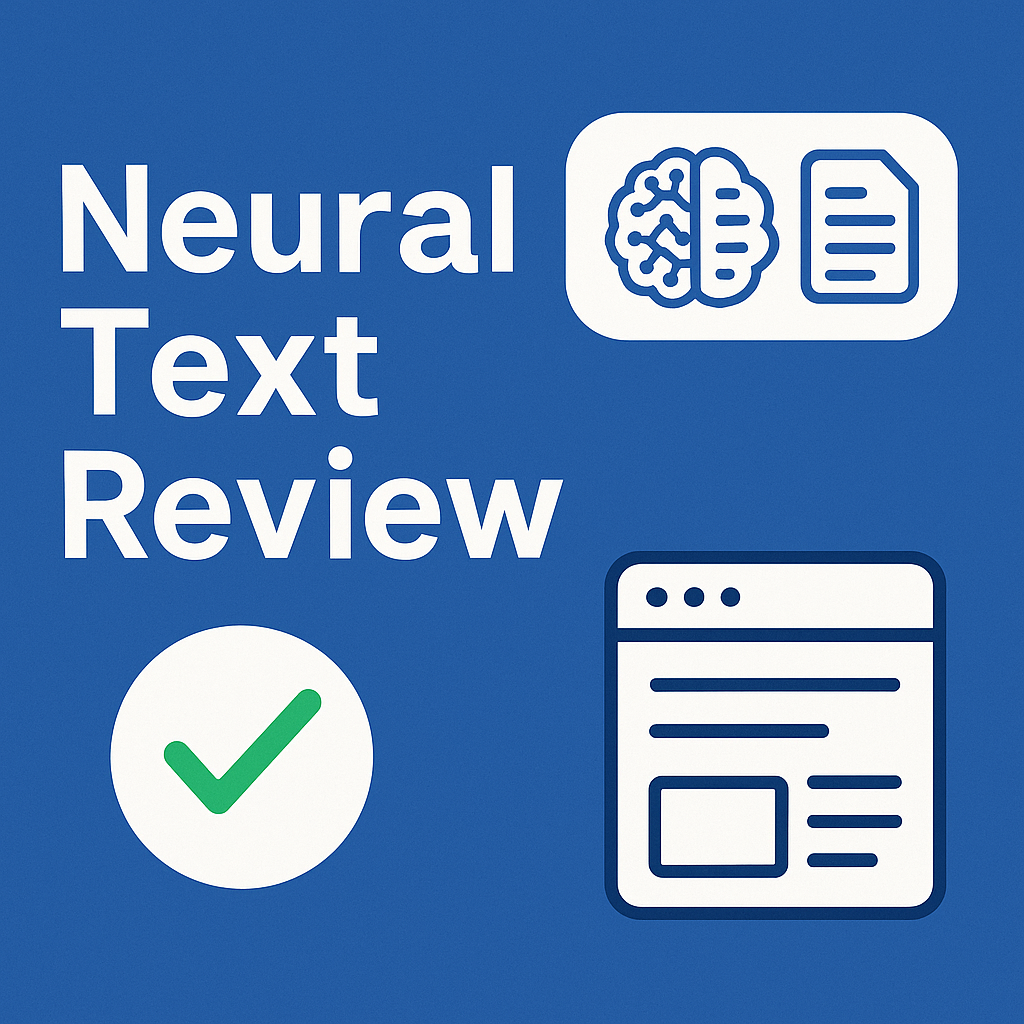




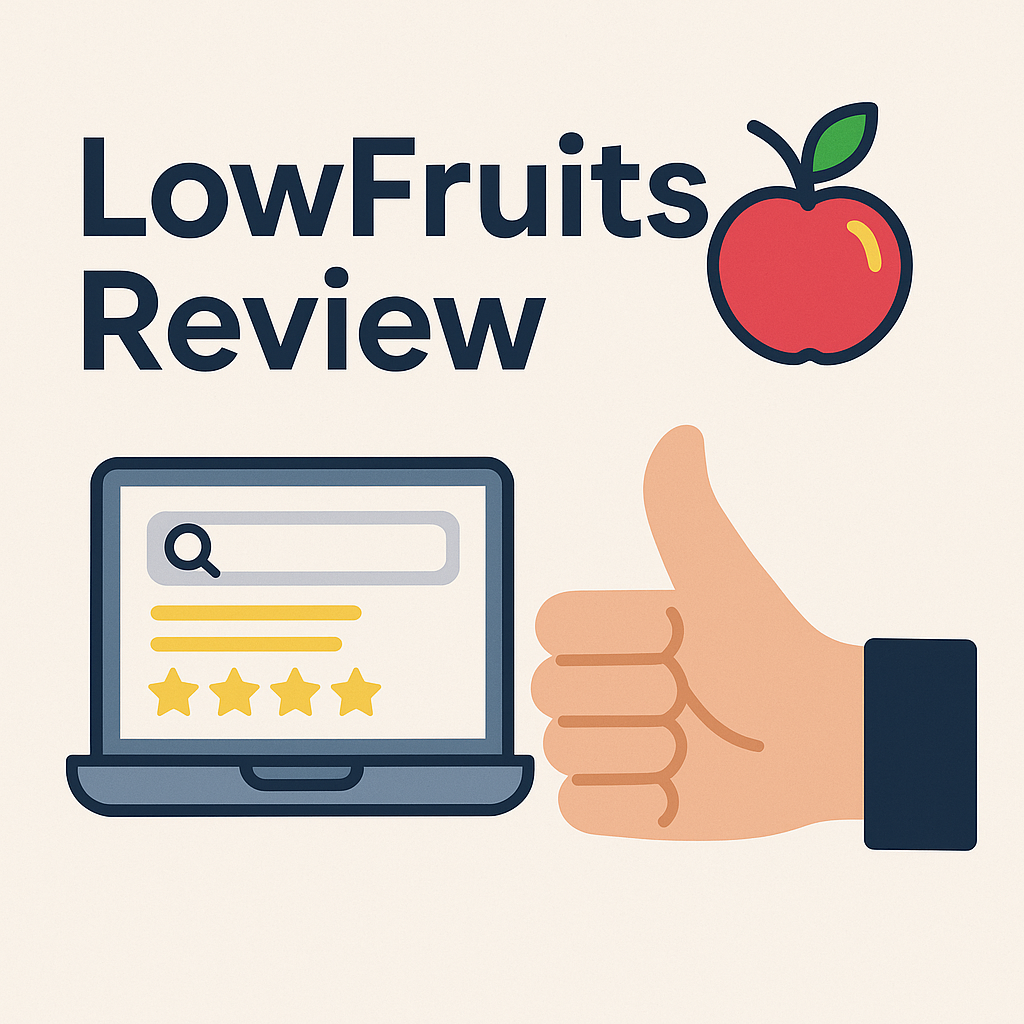
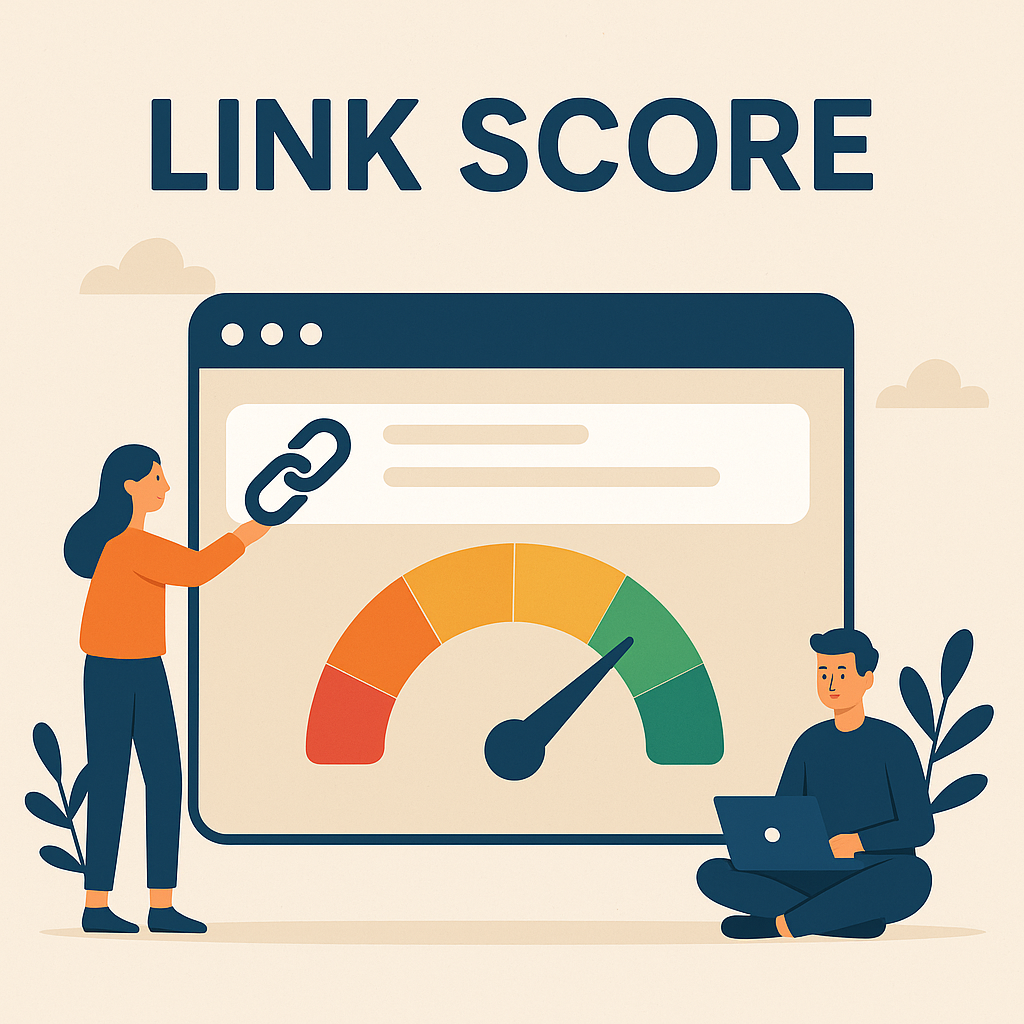
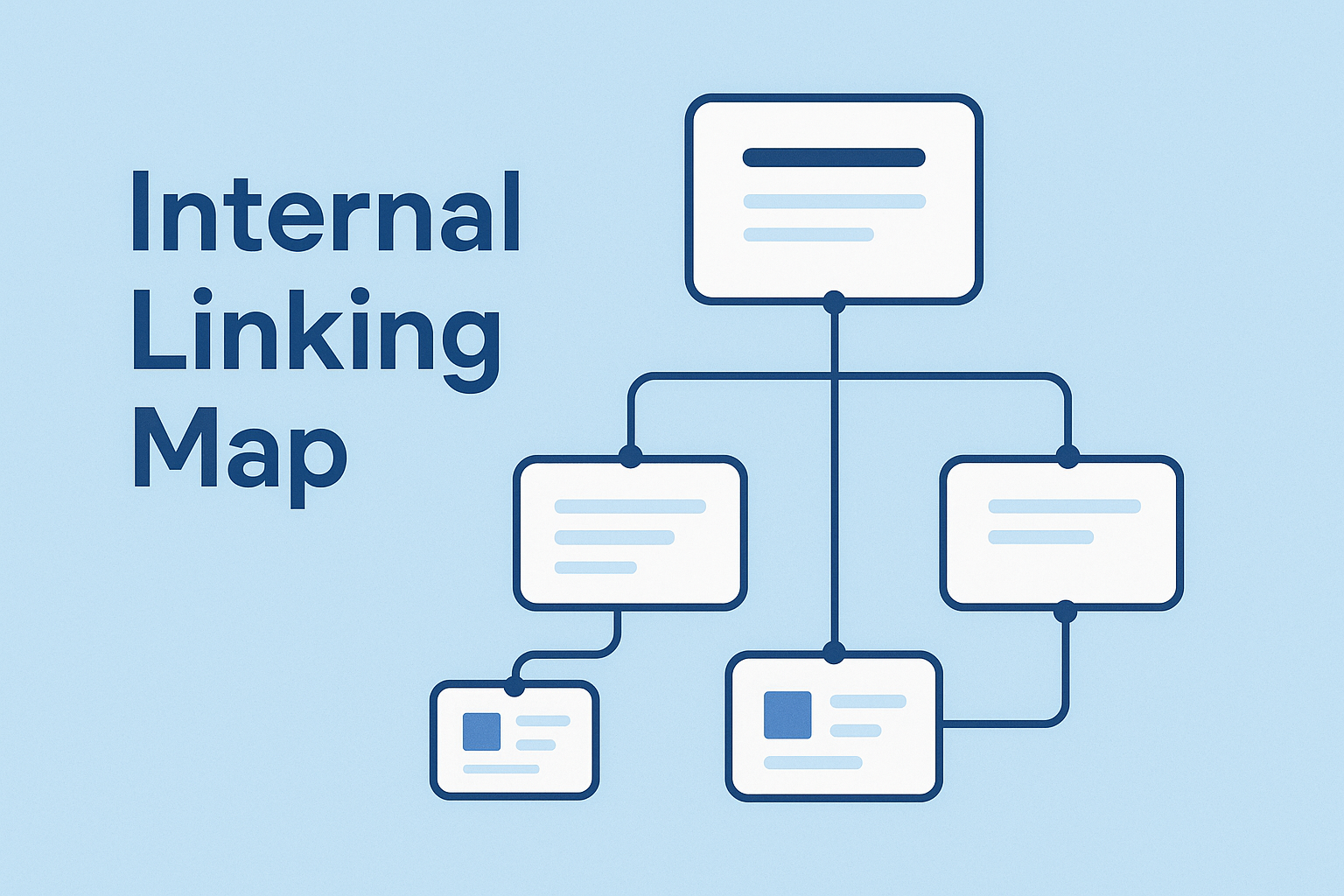

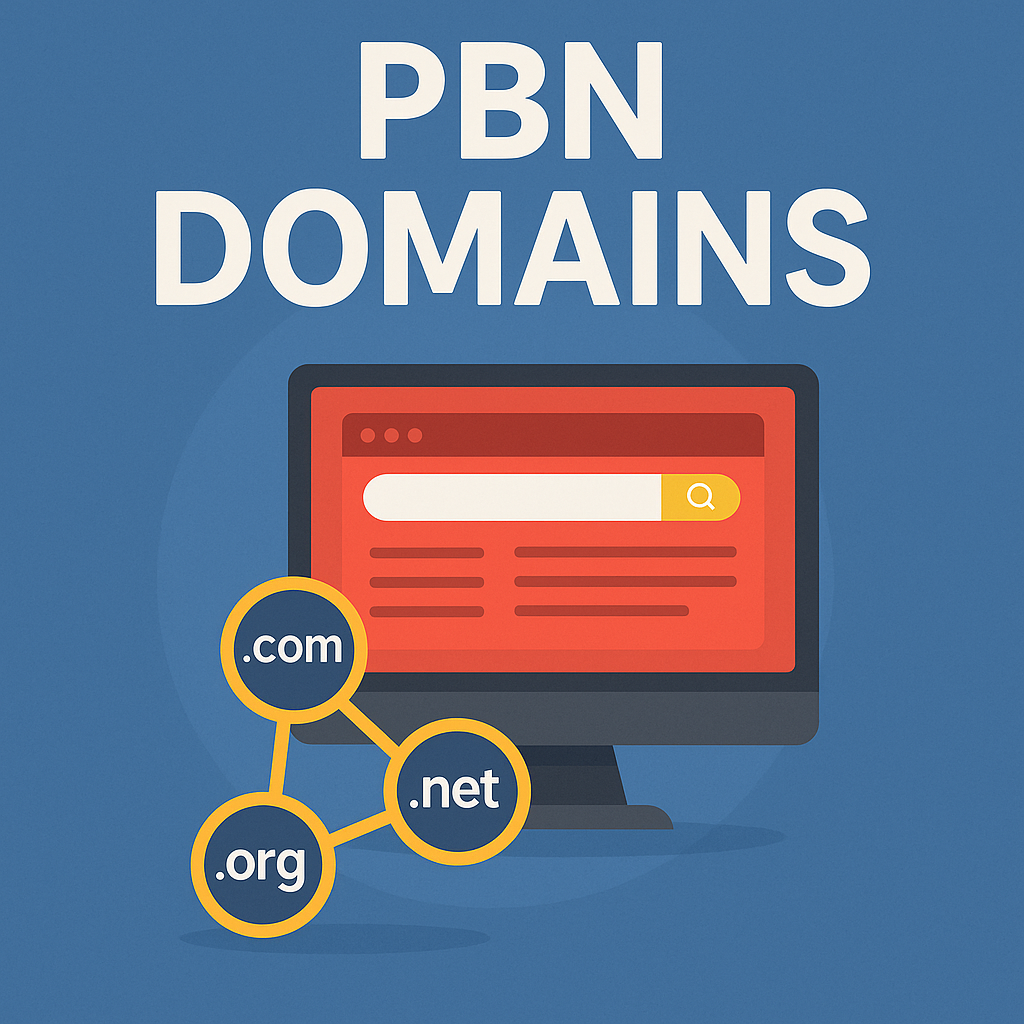
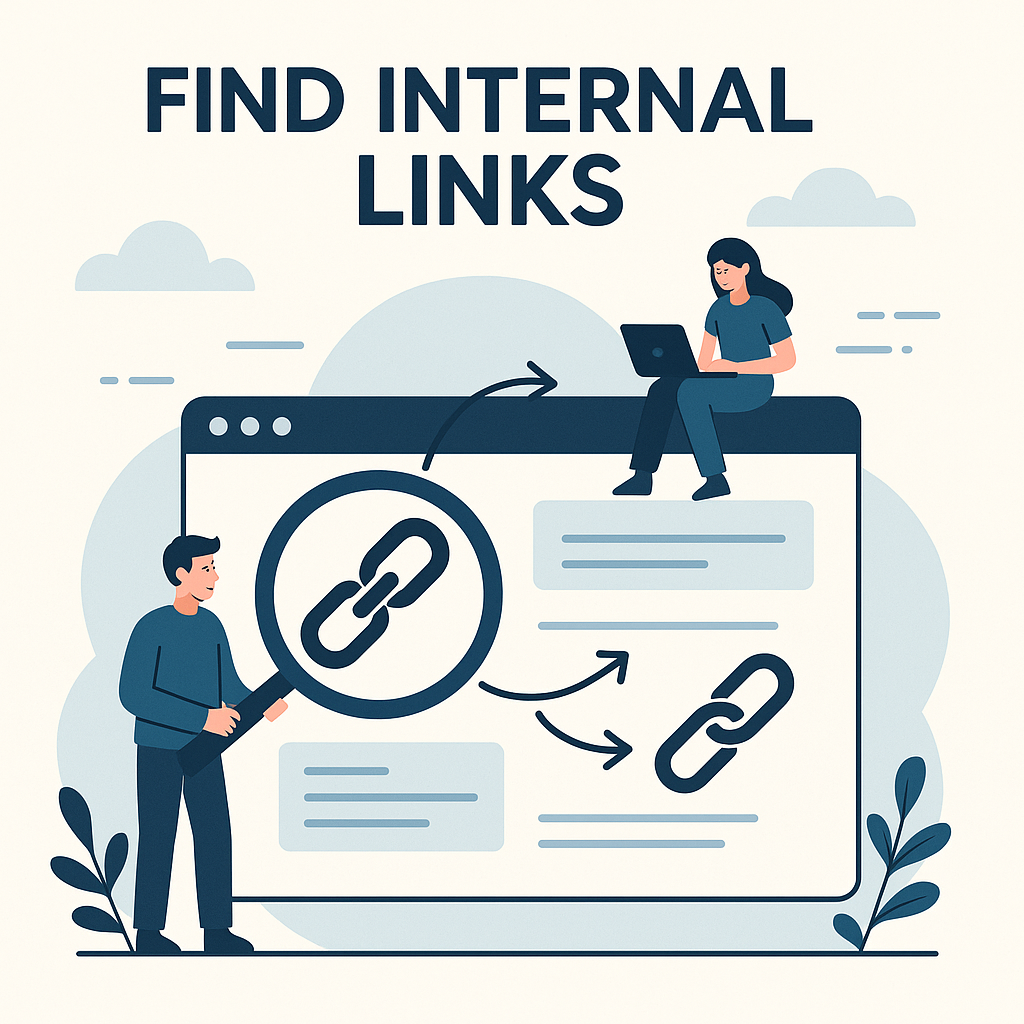
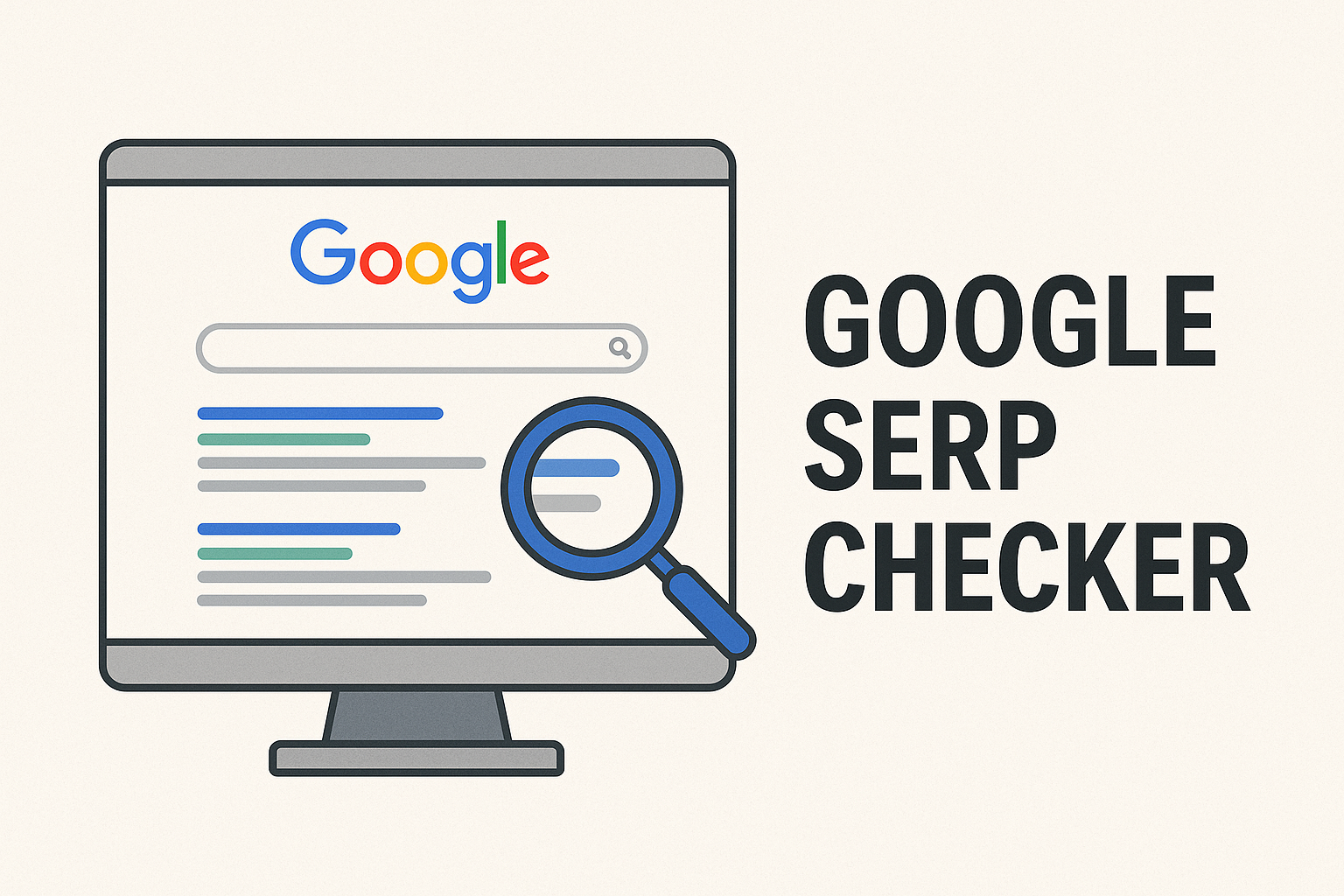
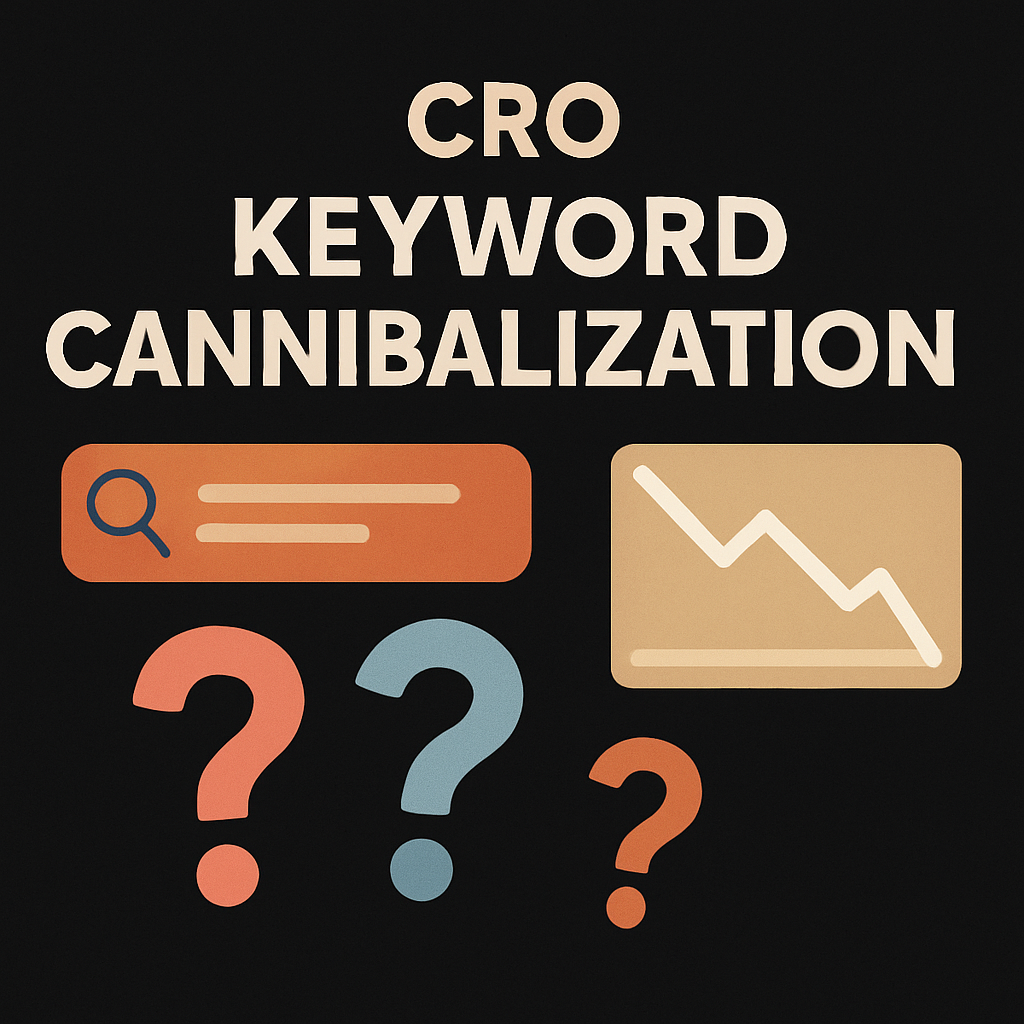


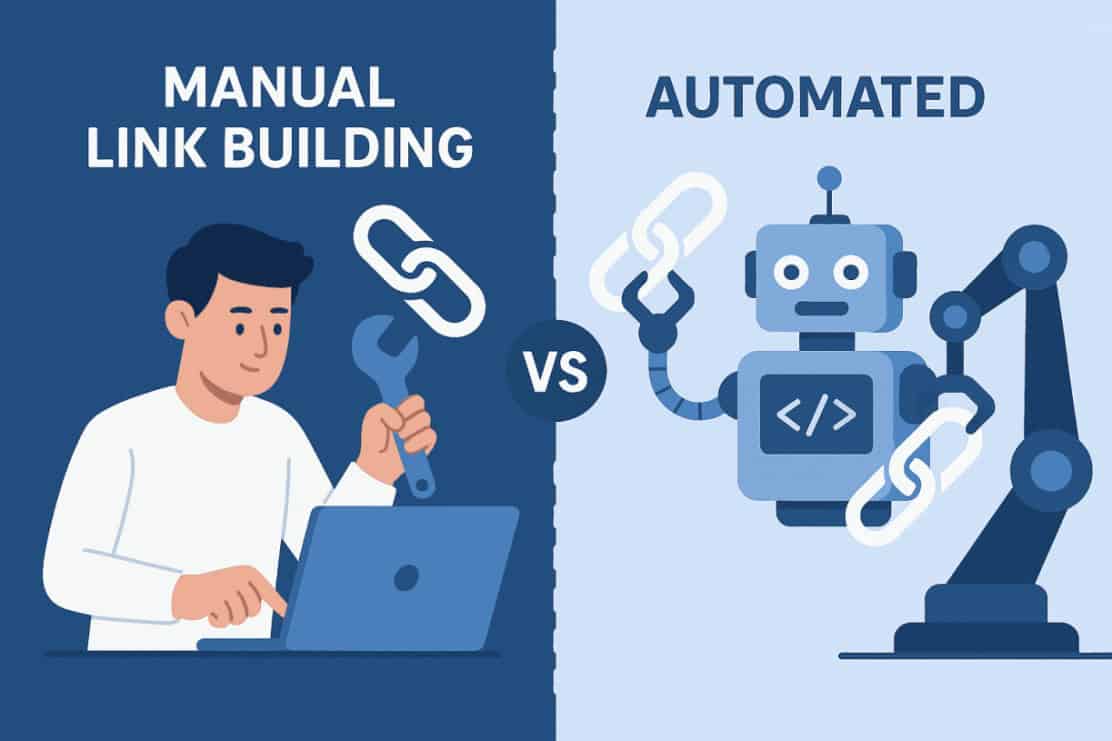

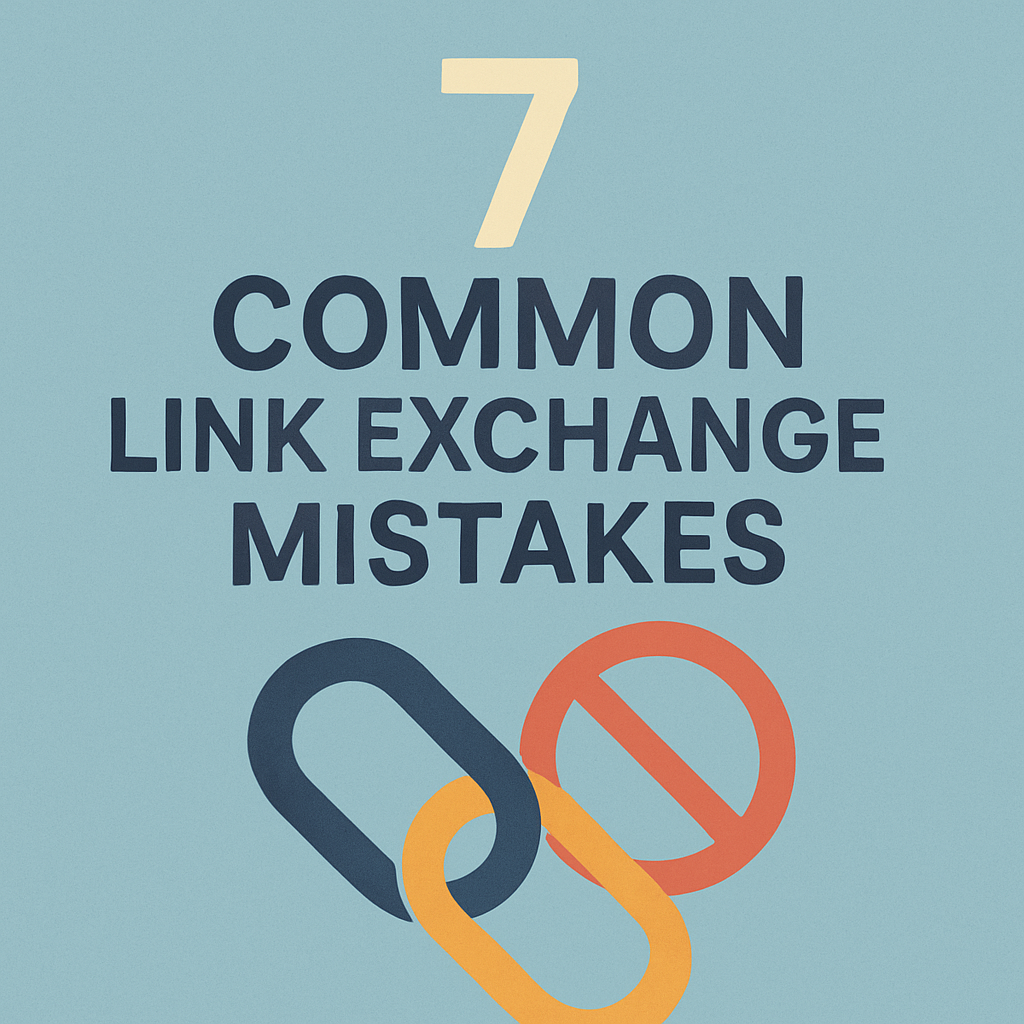

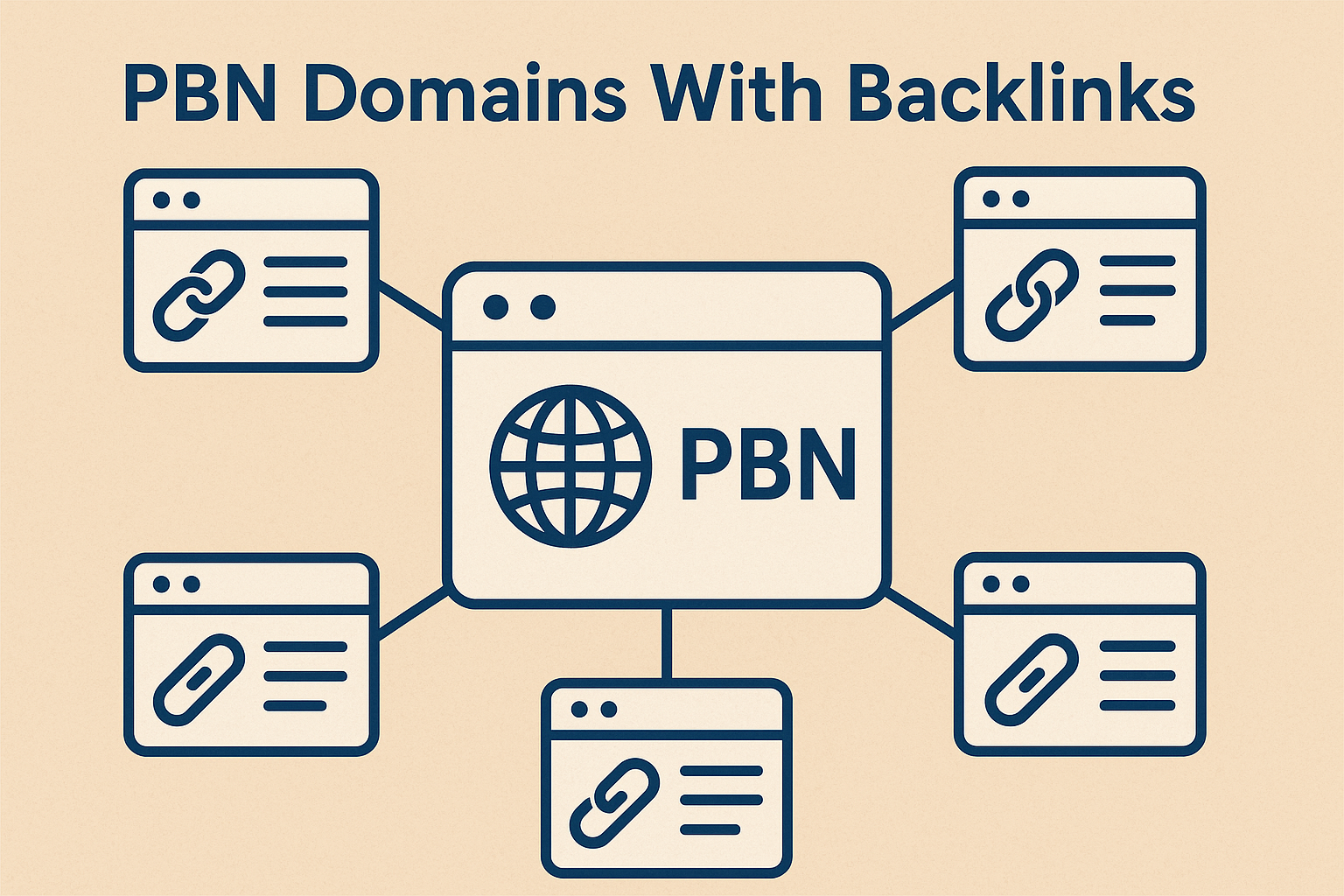
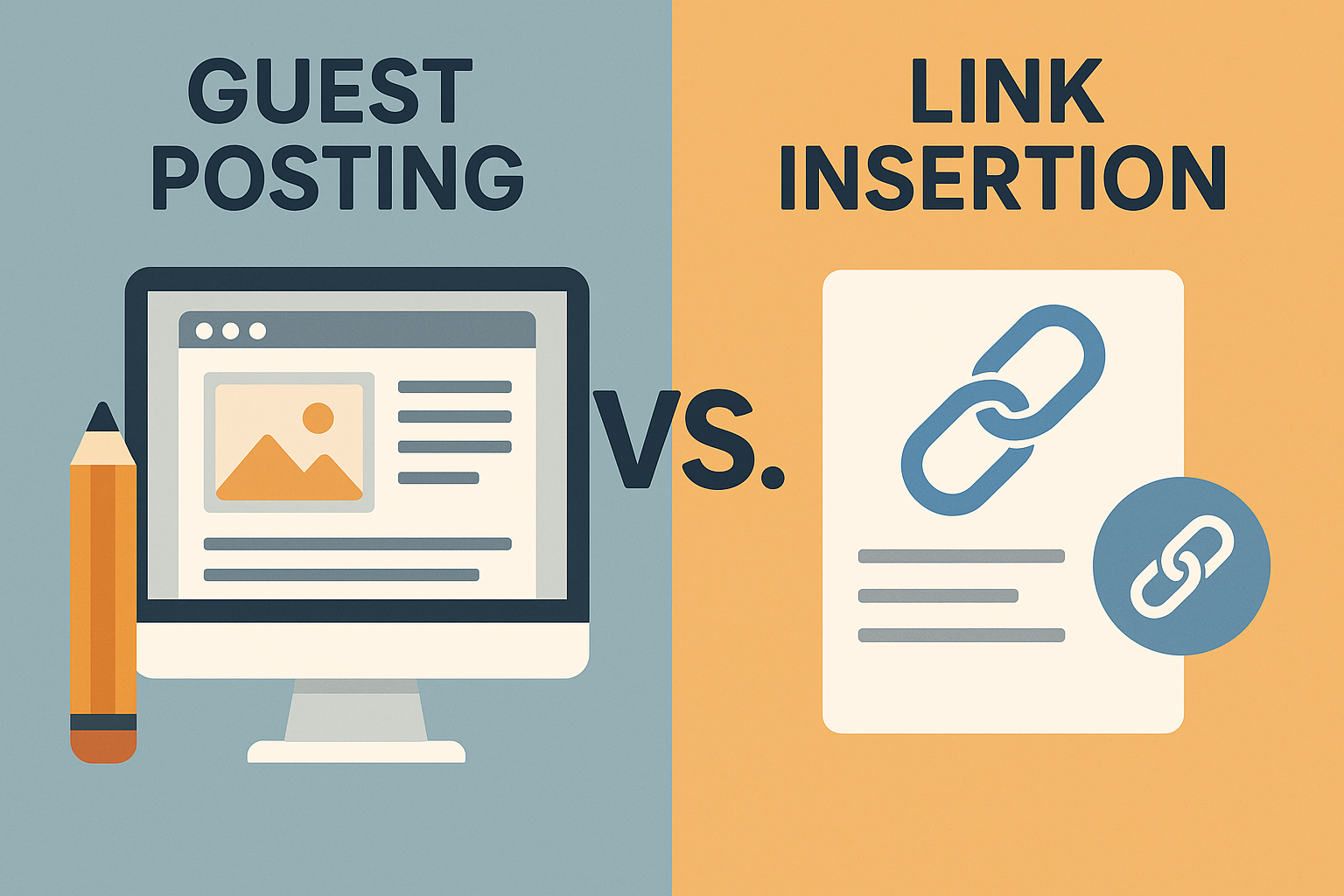
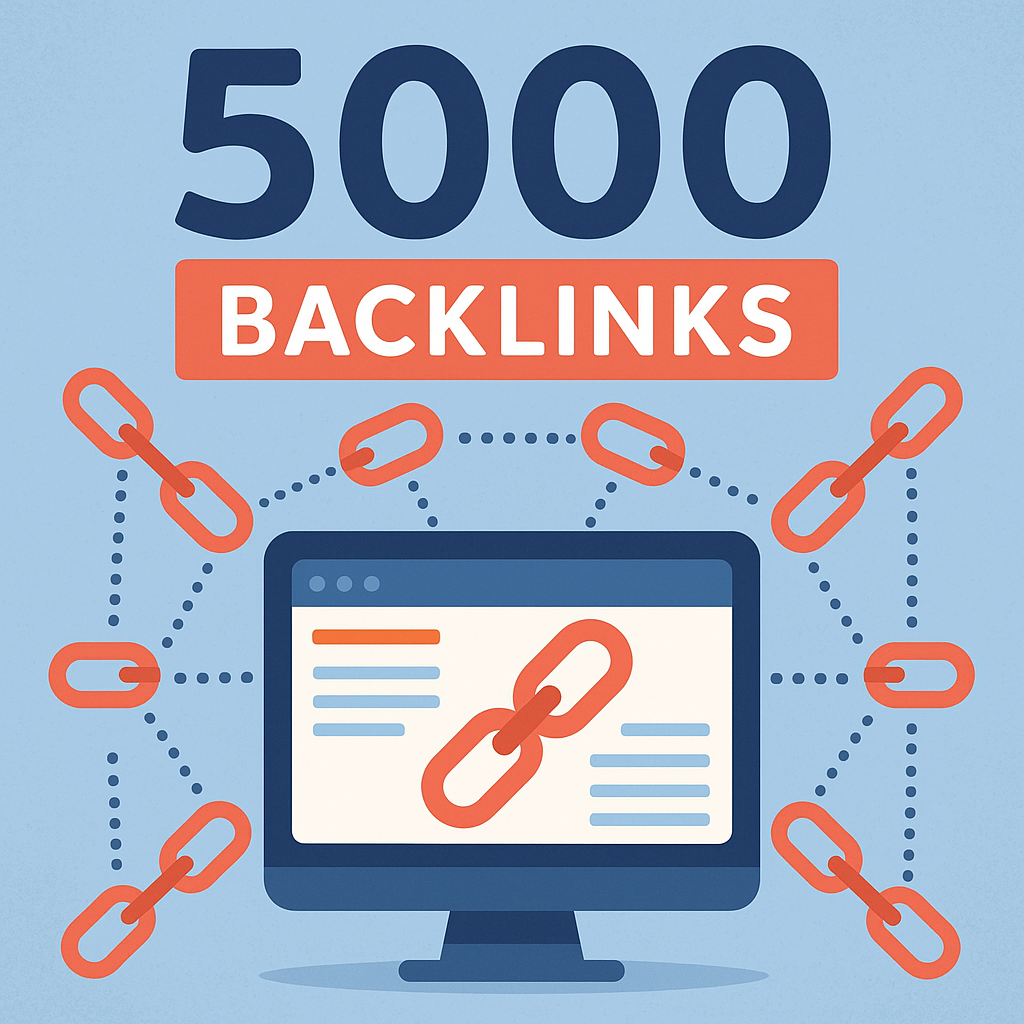
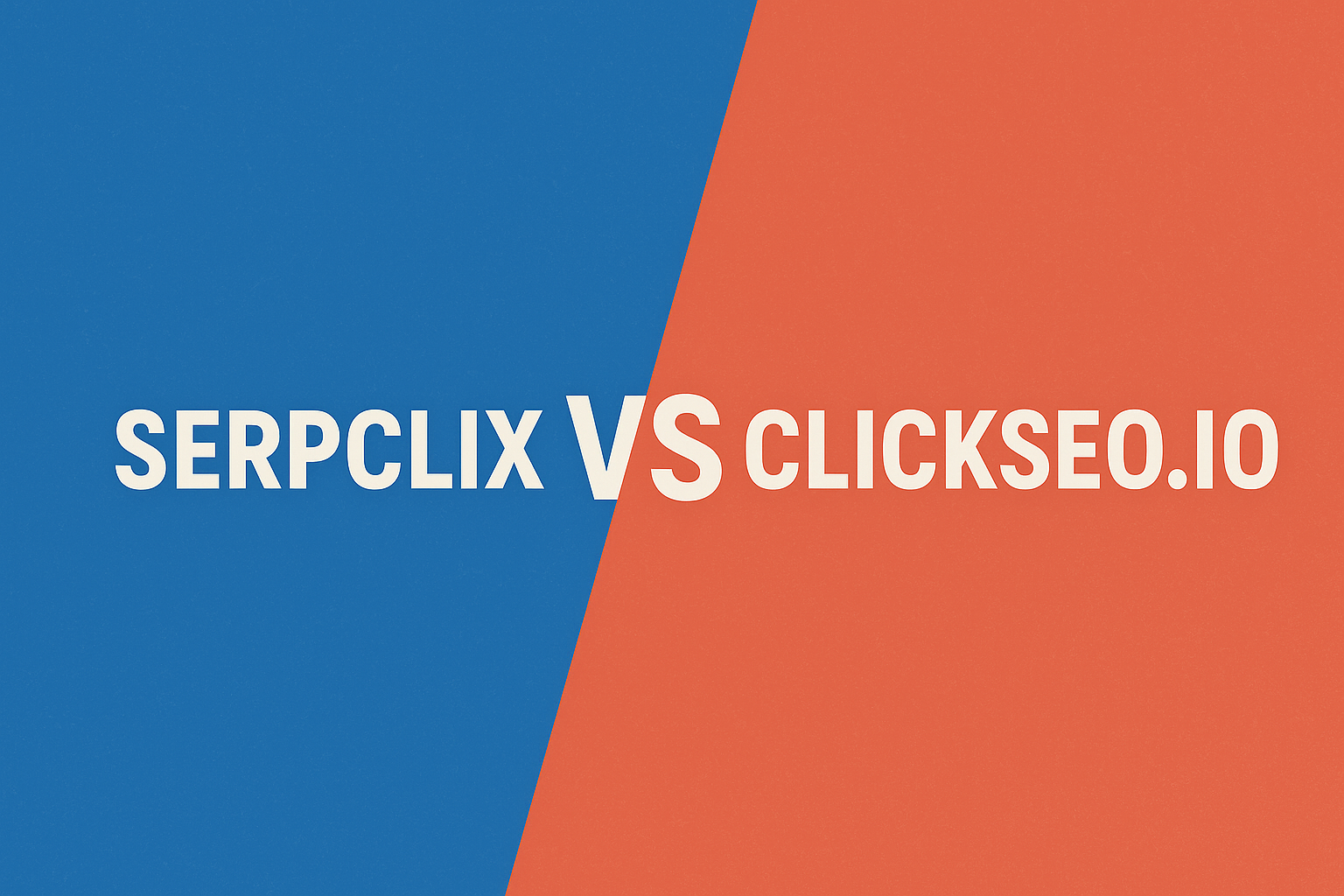

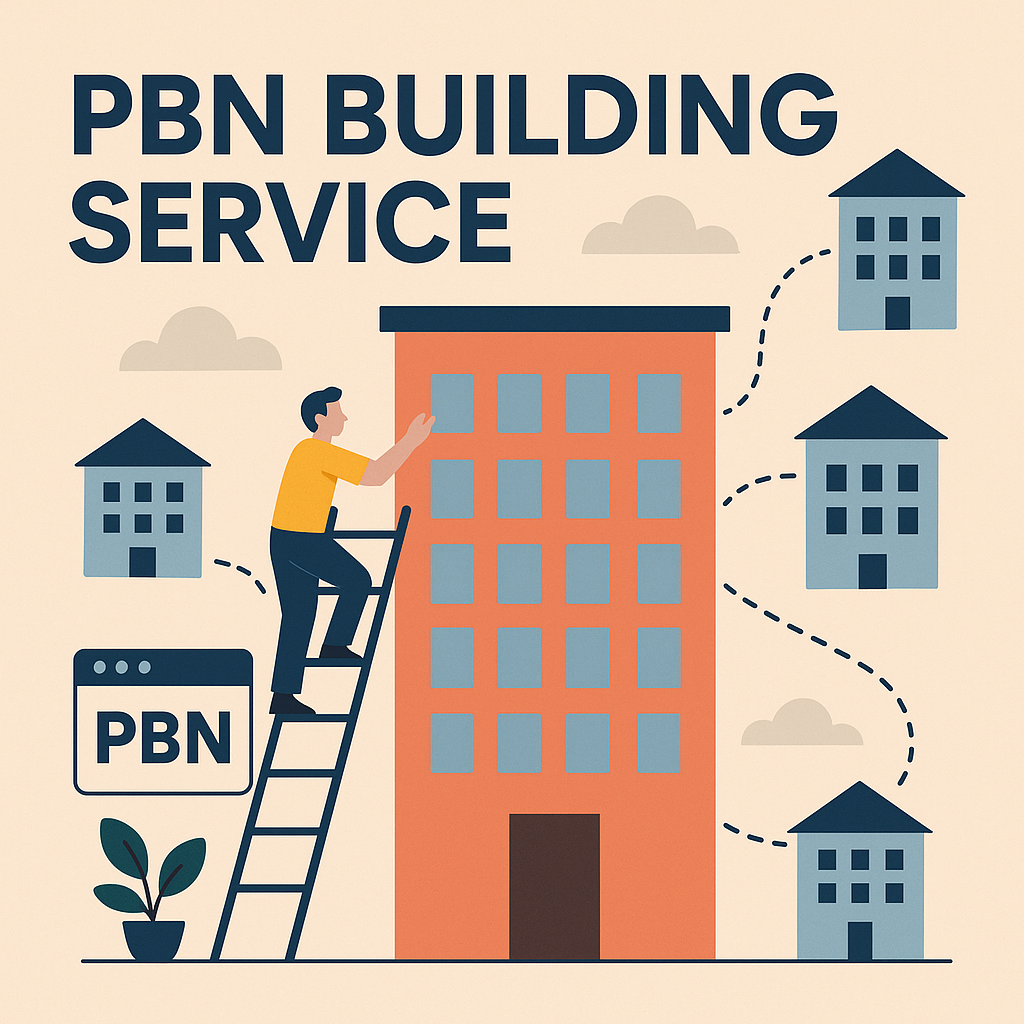
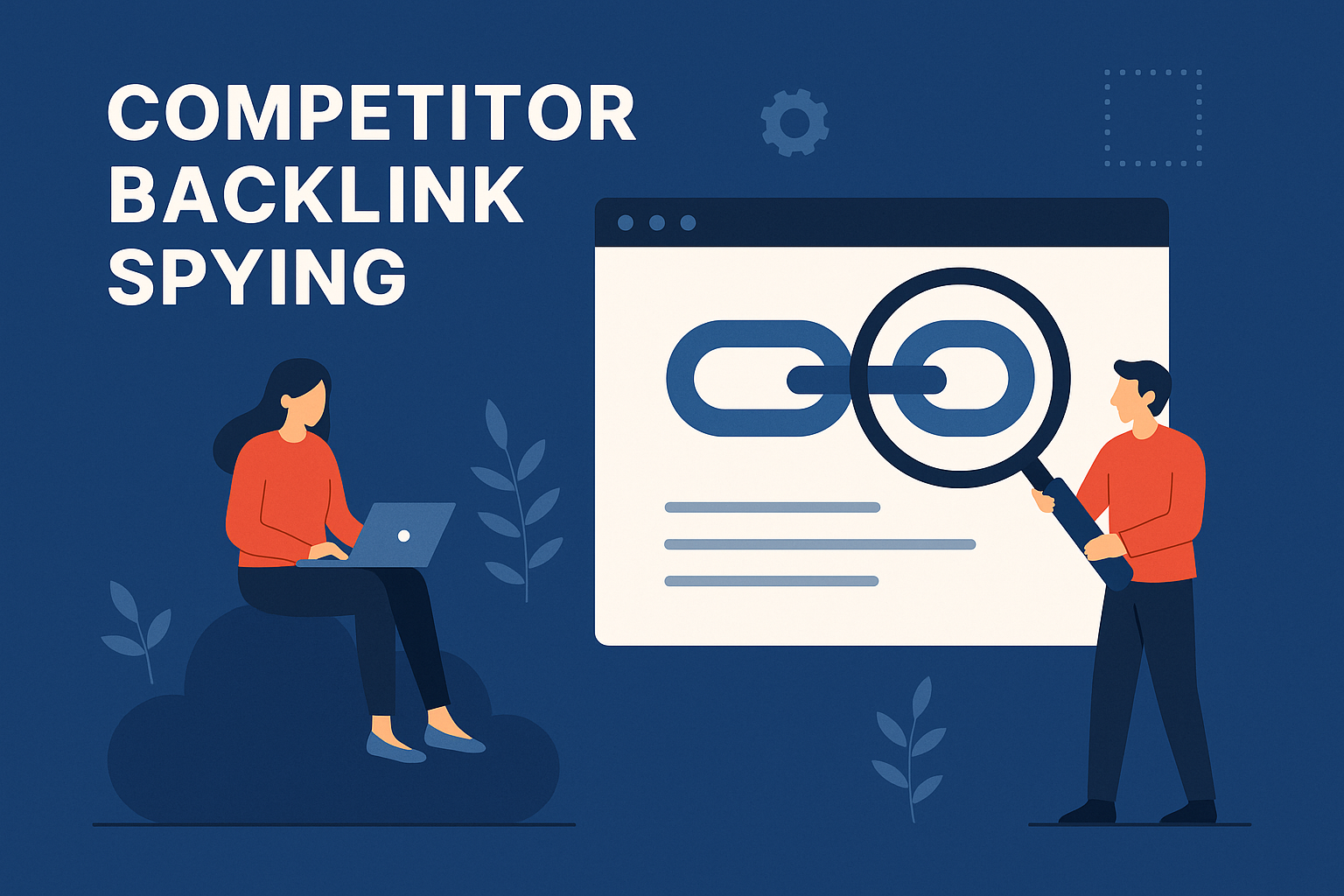
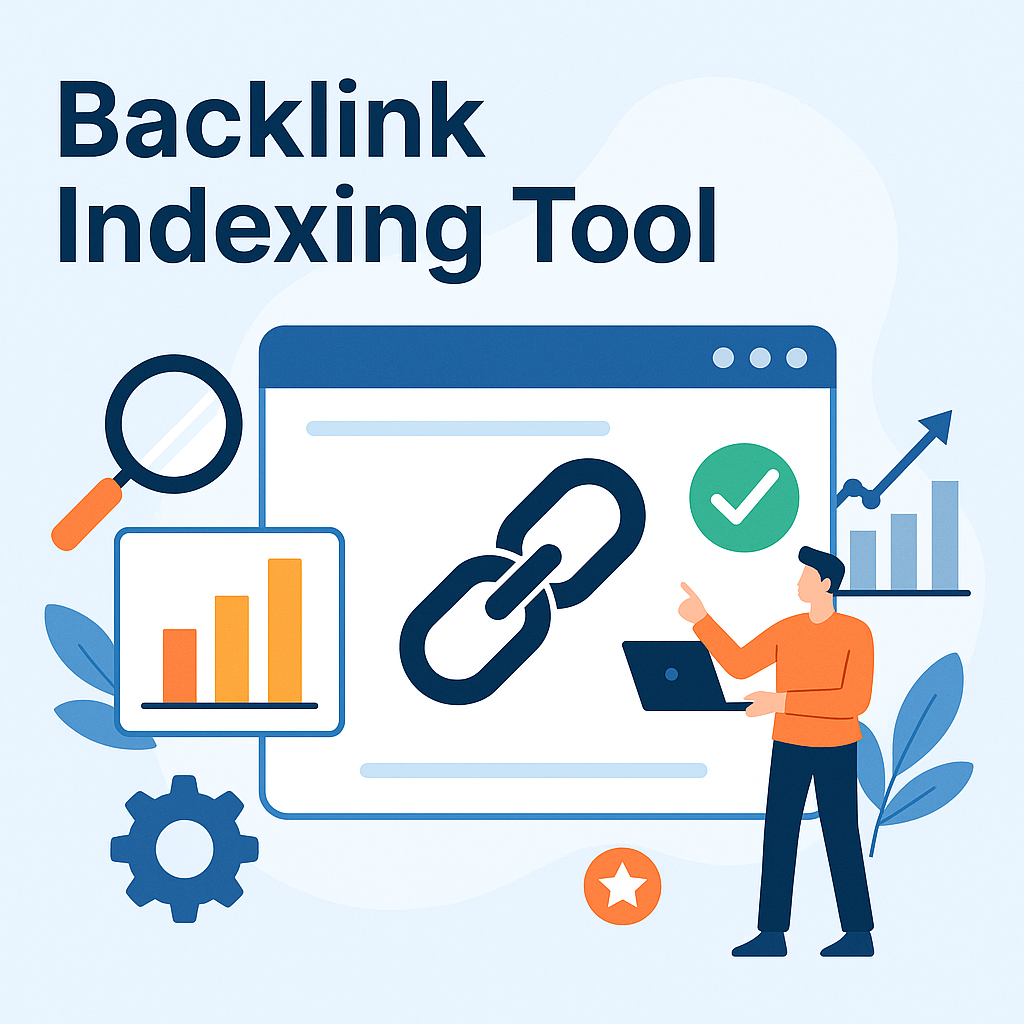

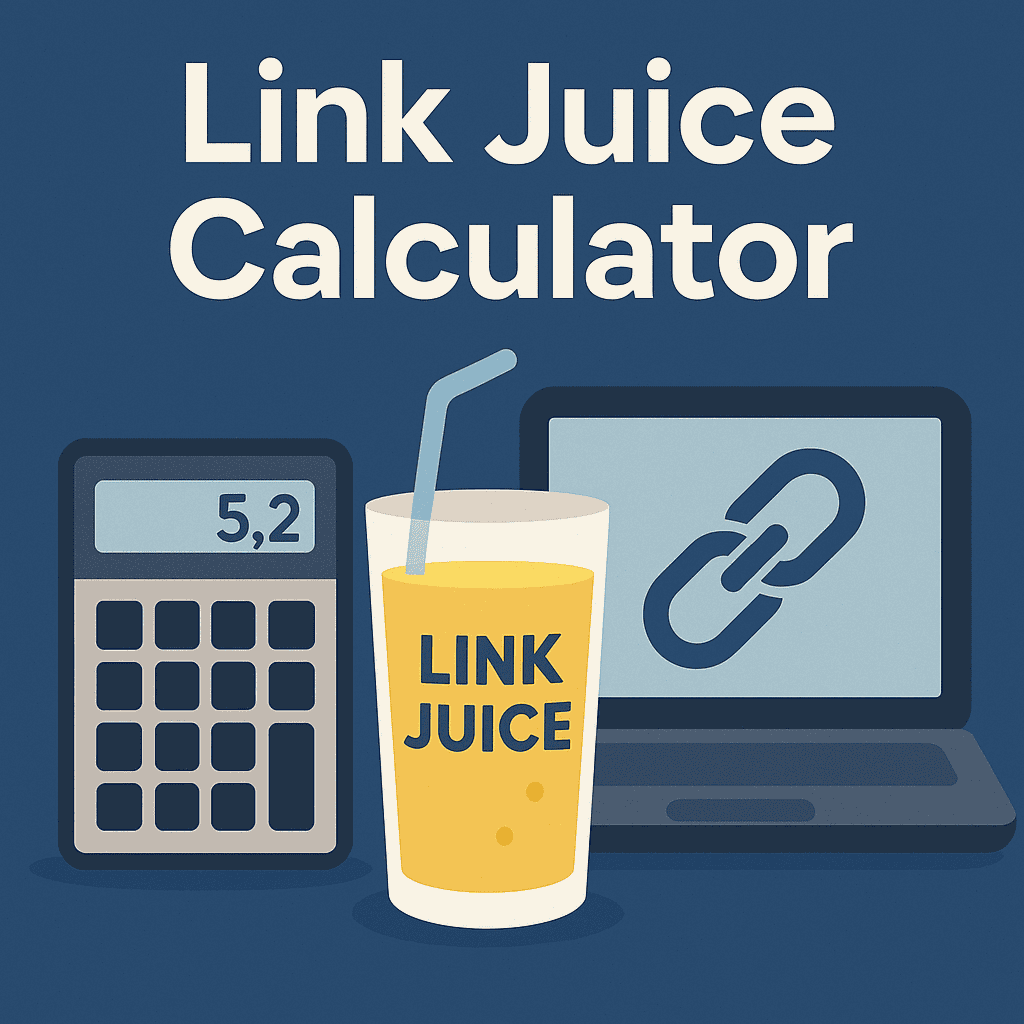
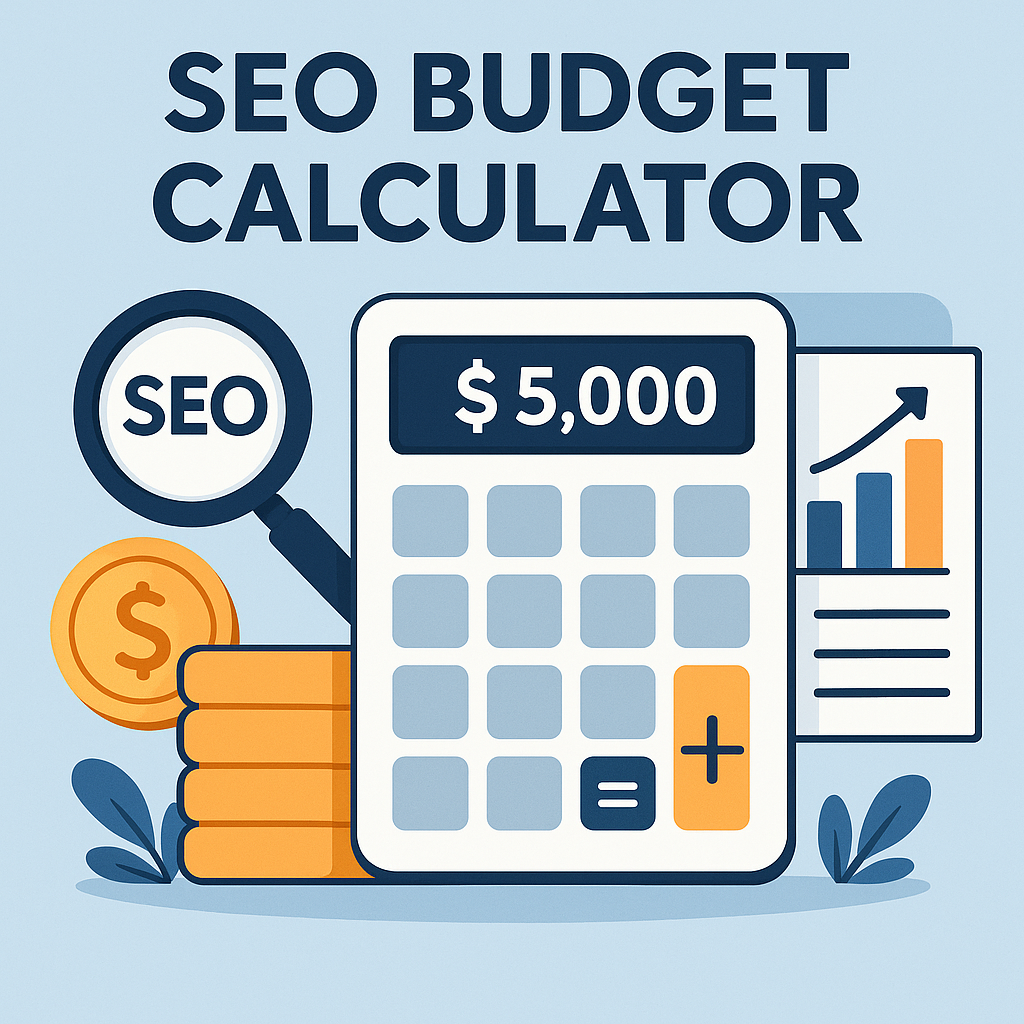
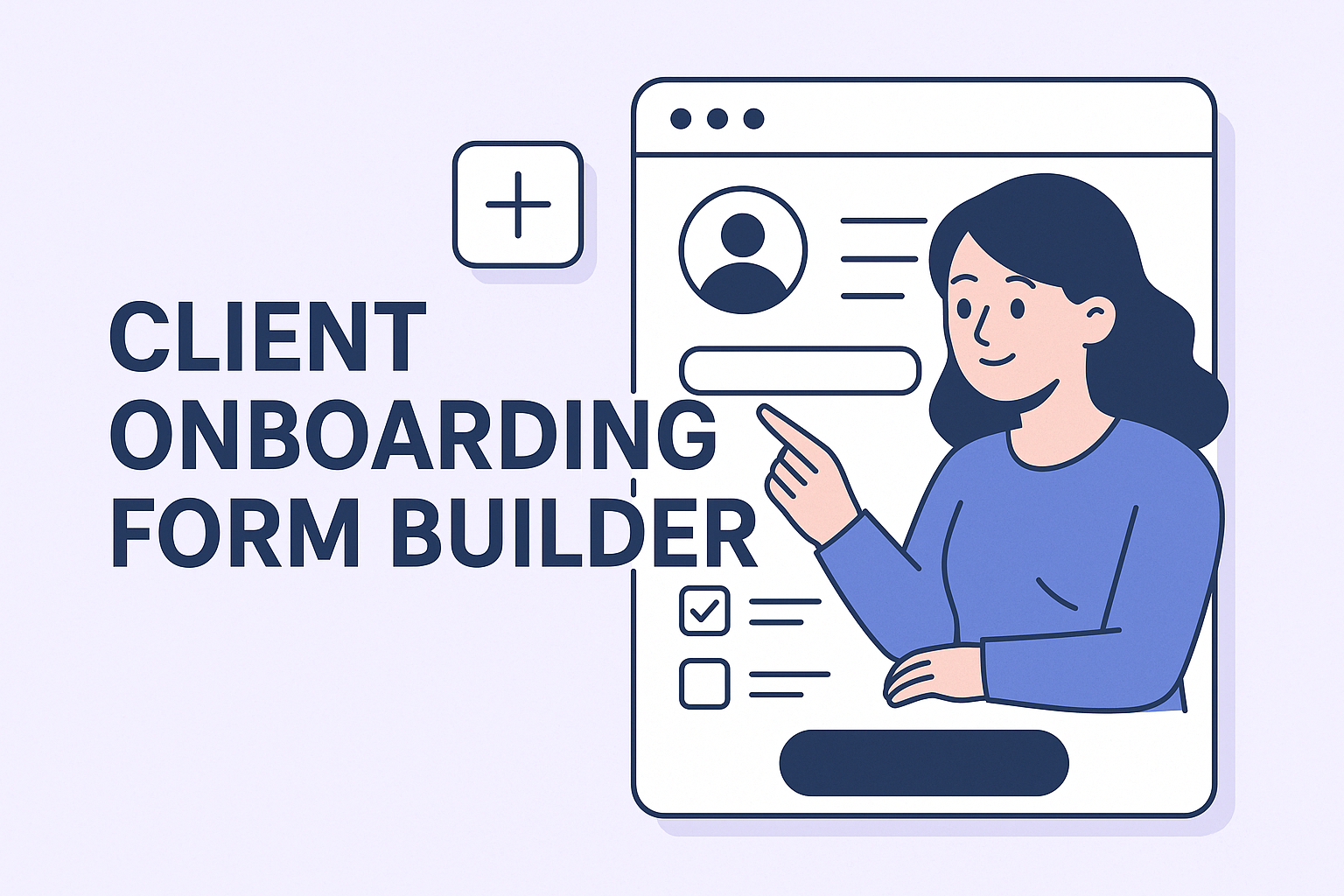
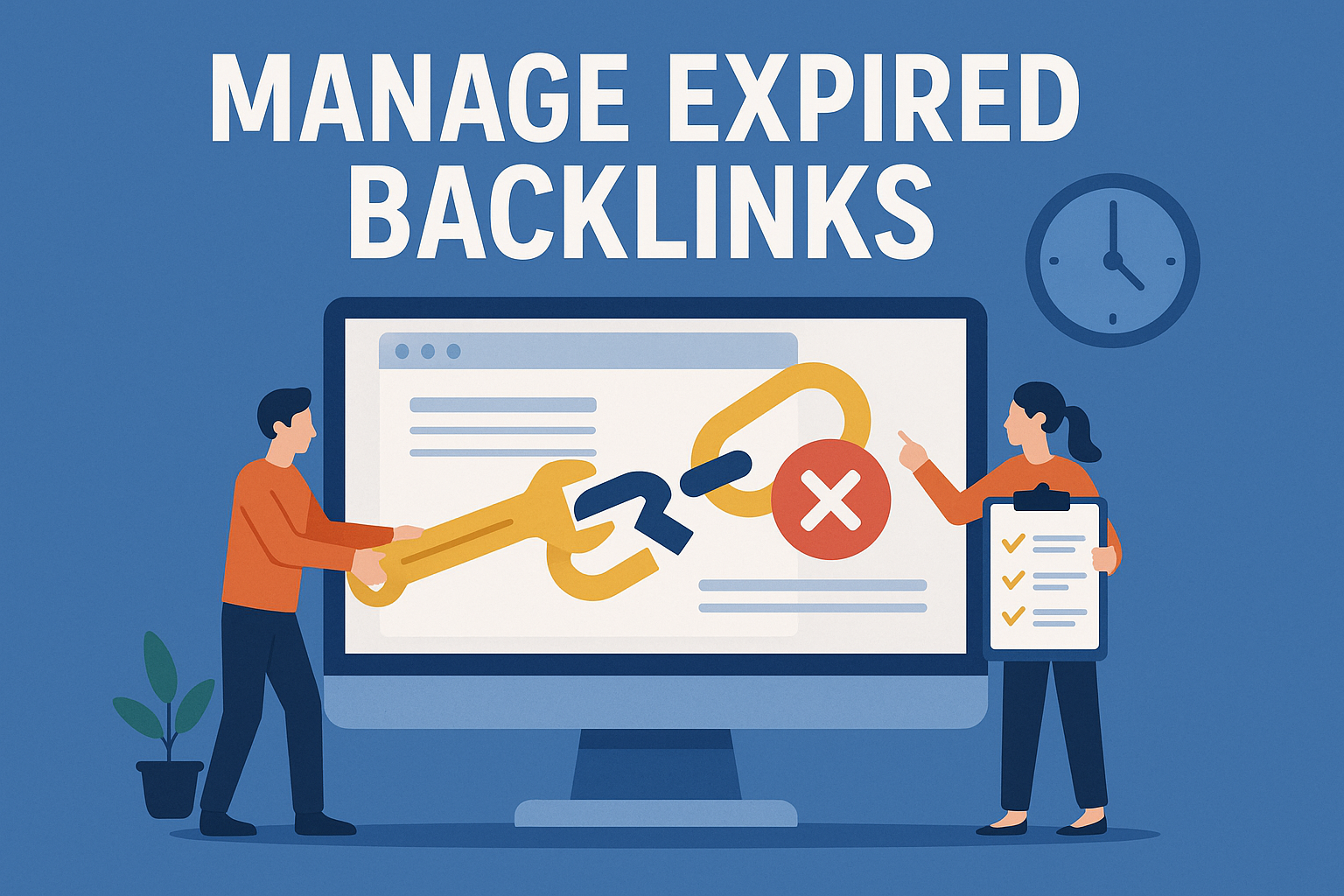

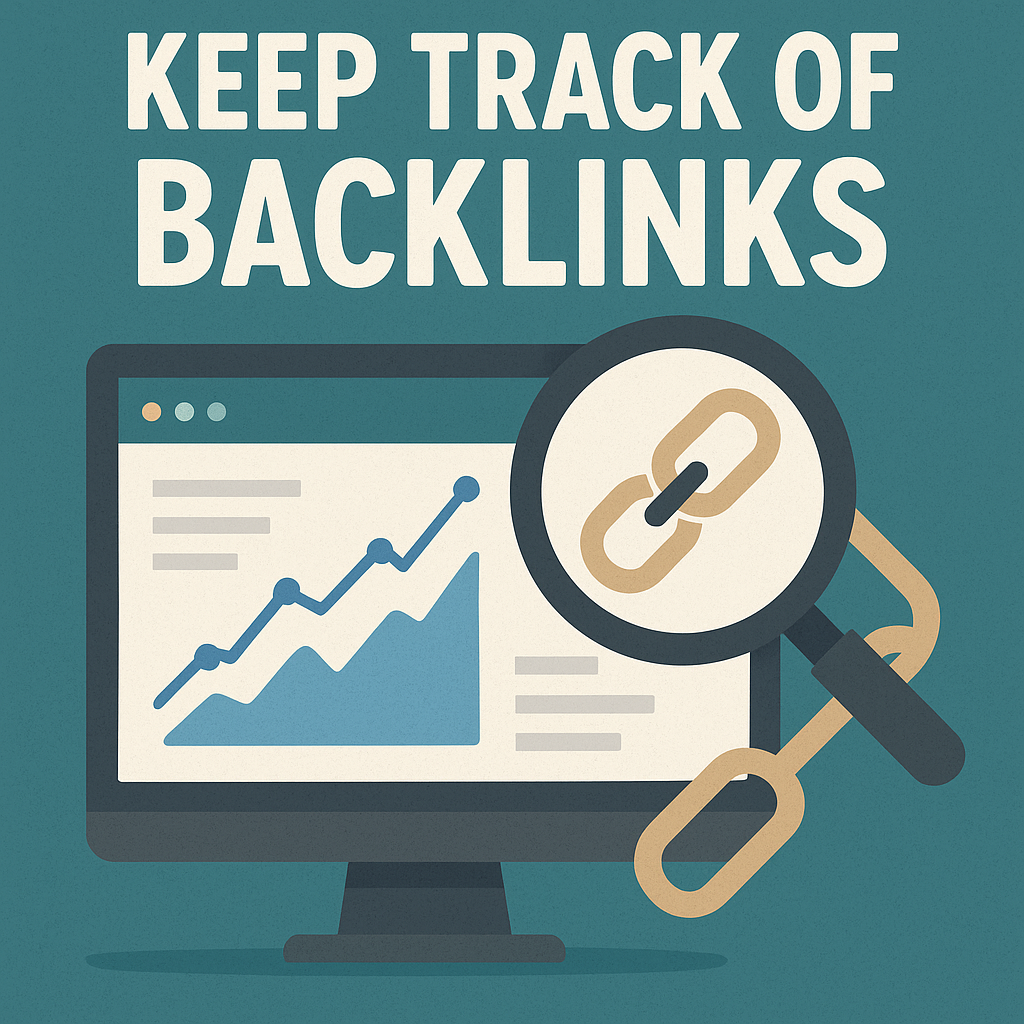
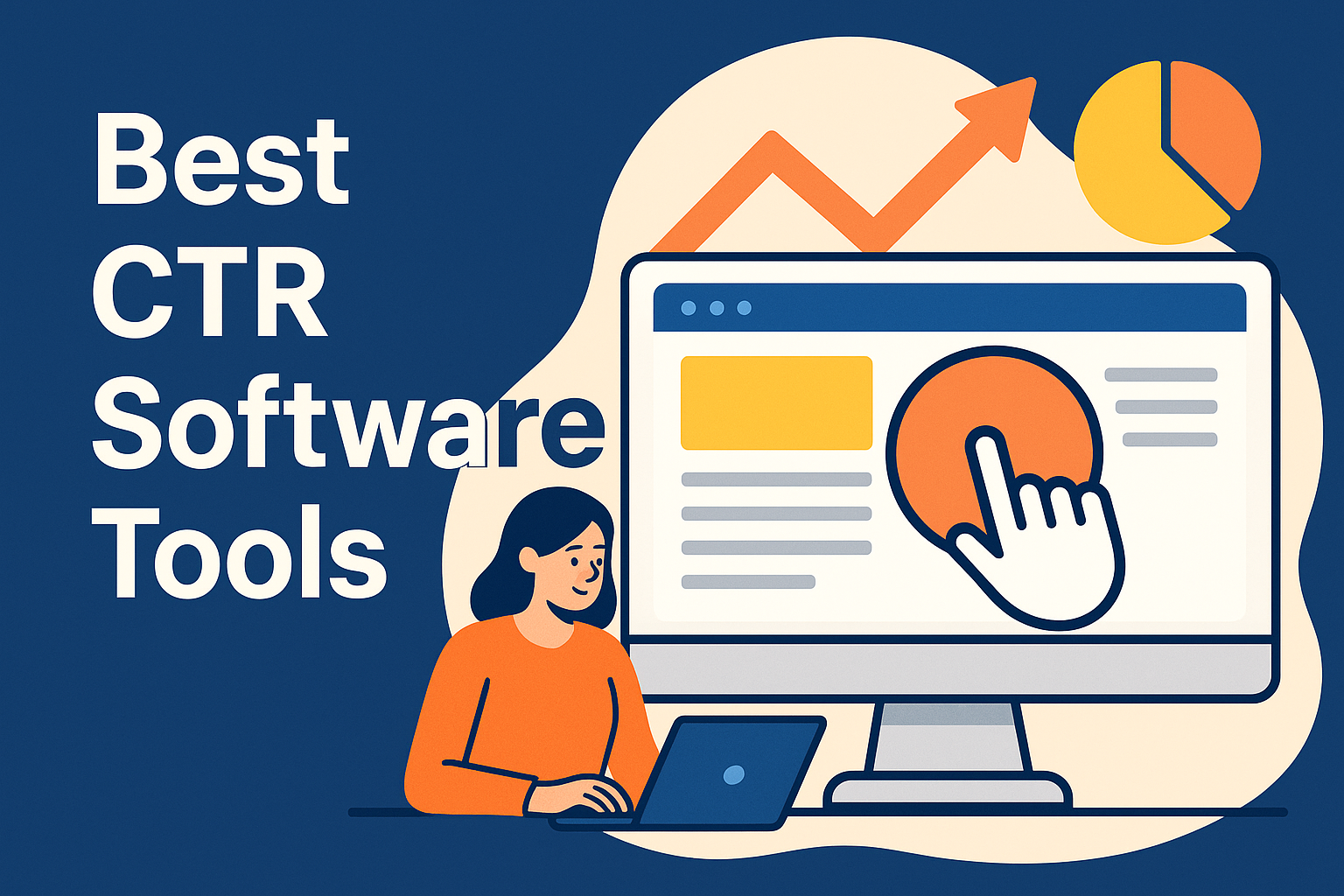
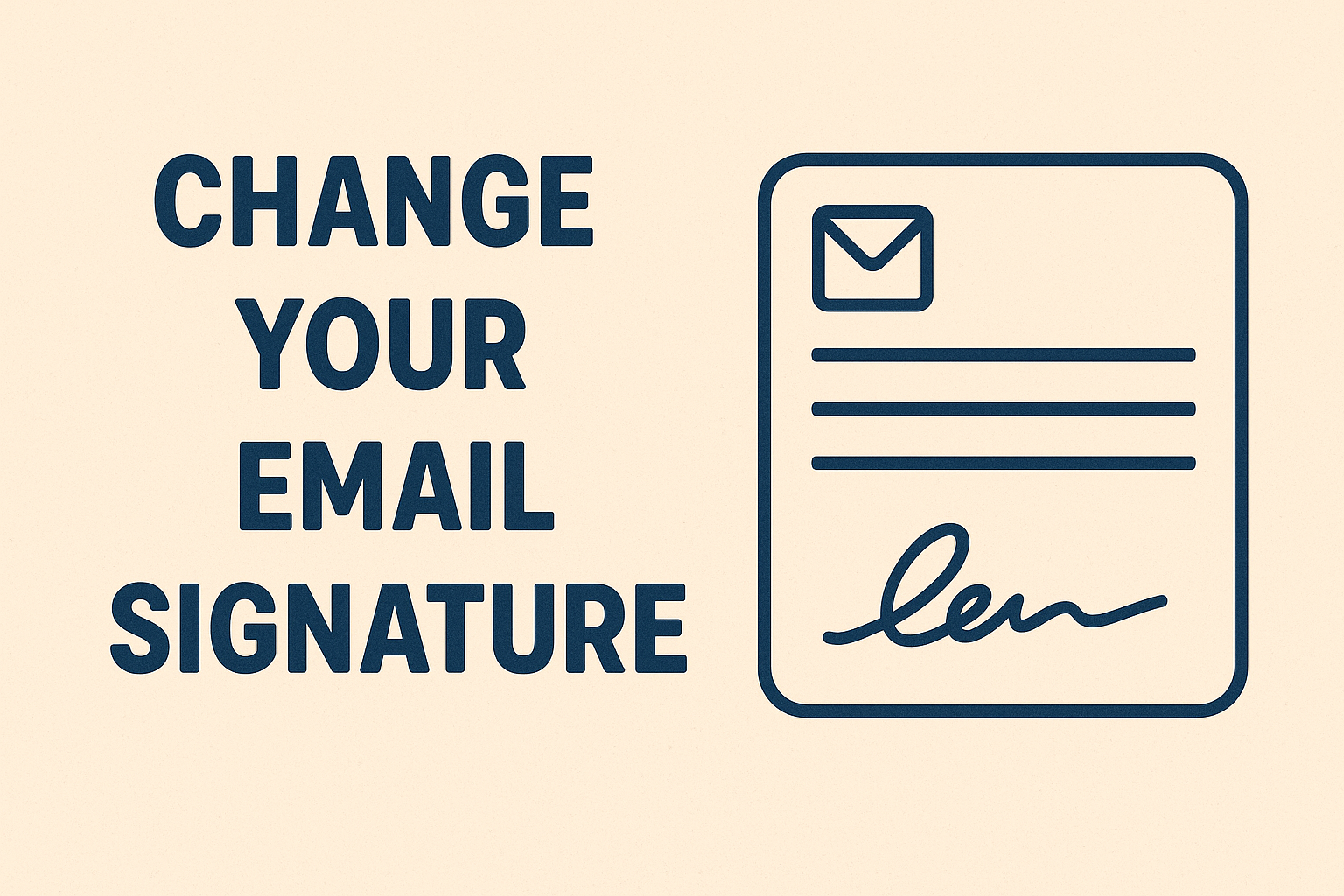

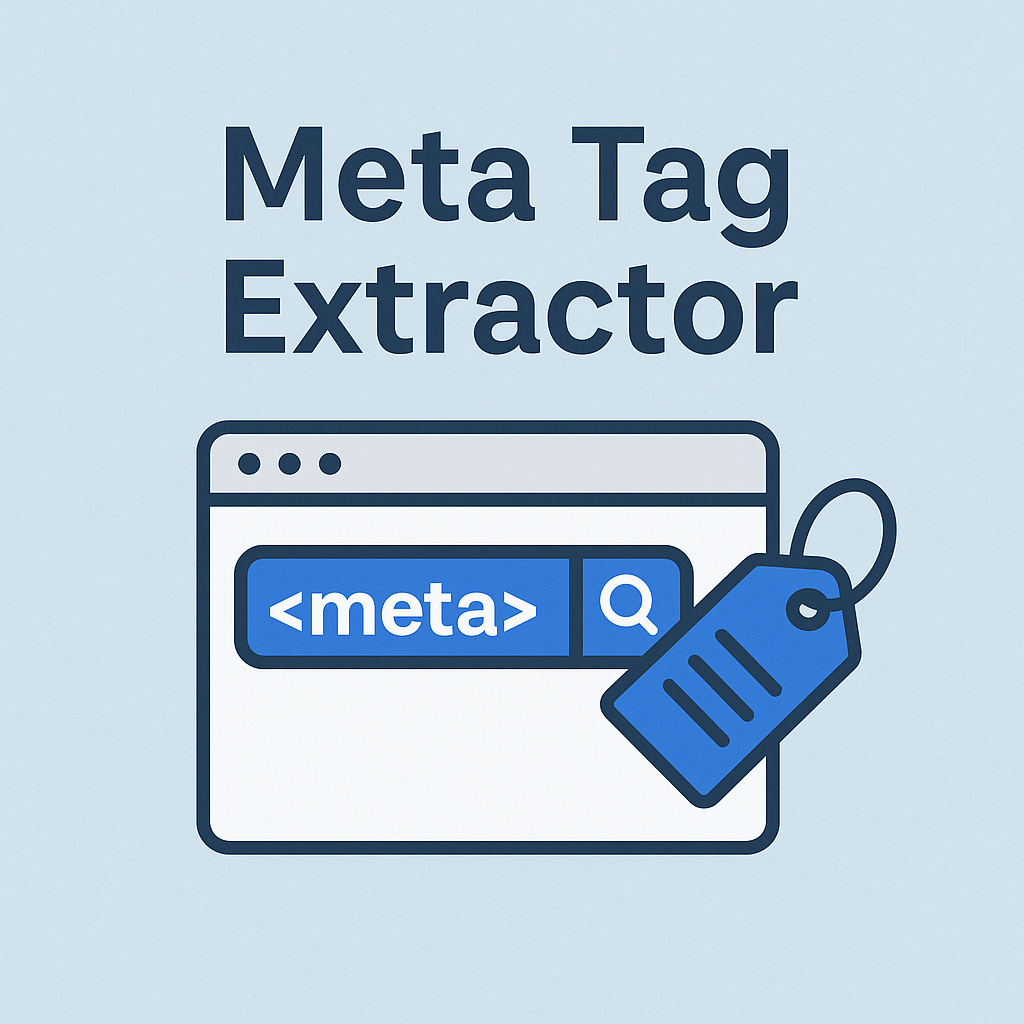
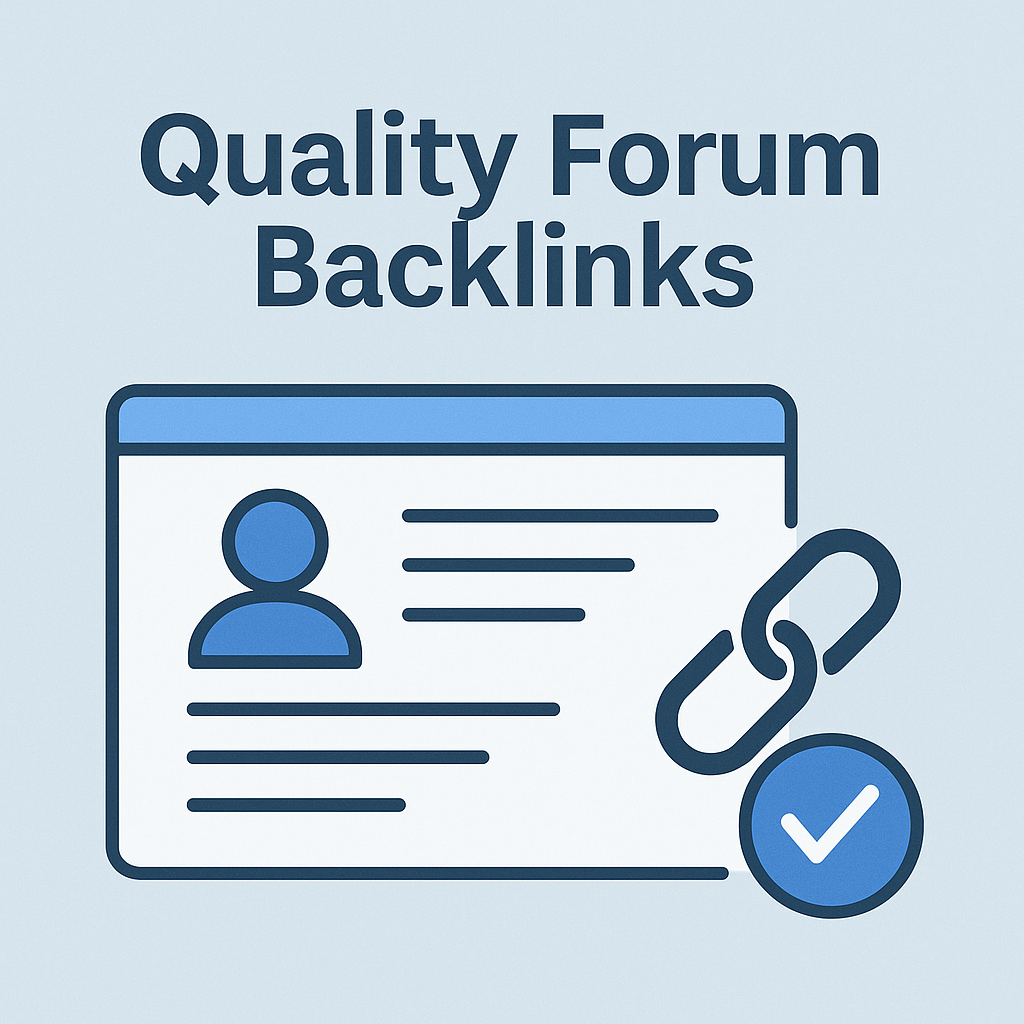
![Best Link Exchange Sites [Free & Safe] – Top 5 Picks](https://backlinkmanagement.io/wp-content/uploads/2025/04/Free-Link-Exchange.png)
